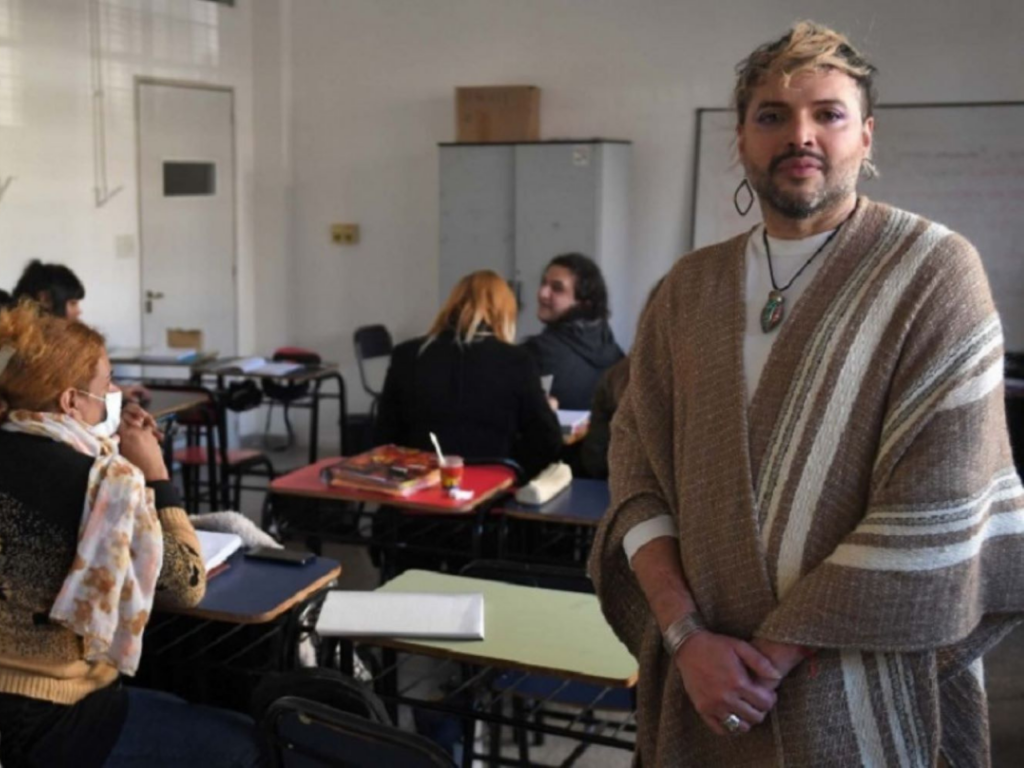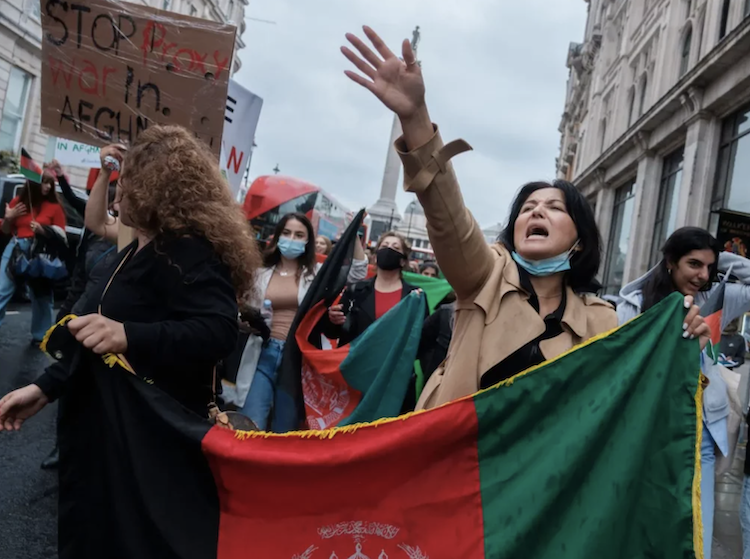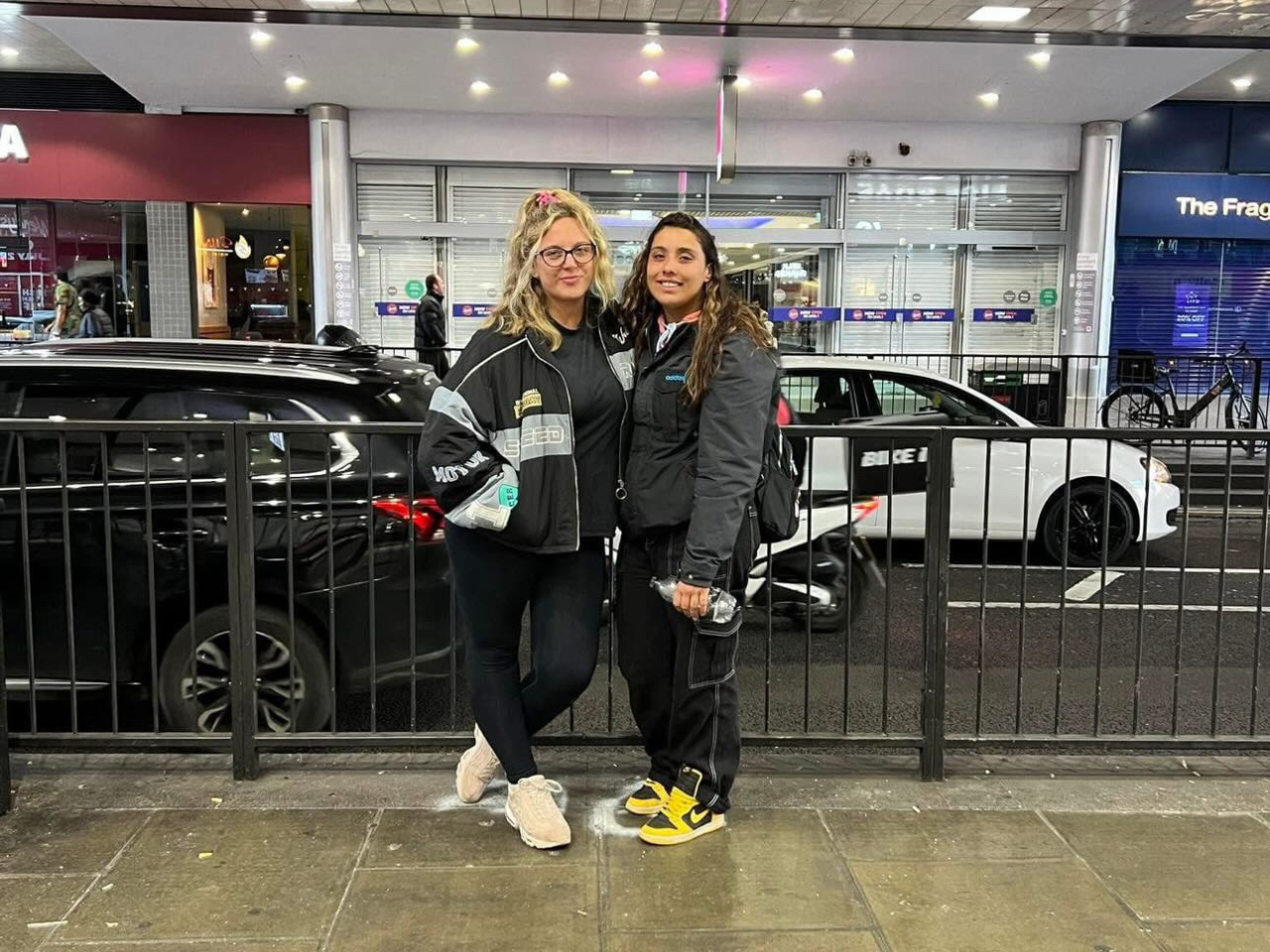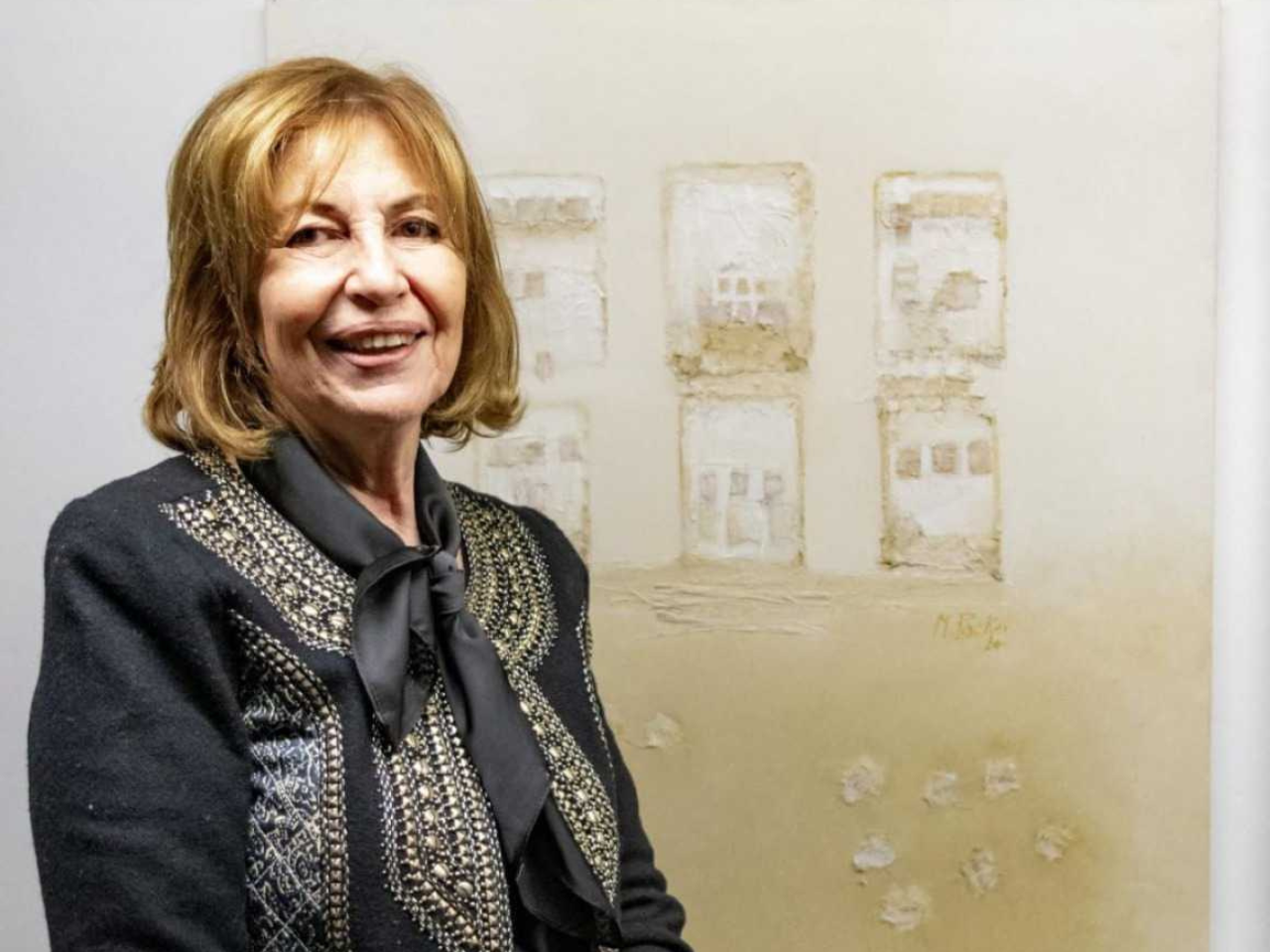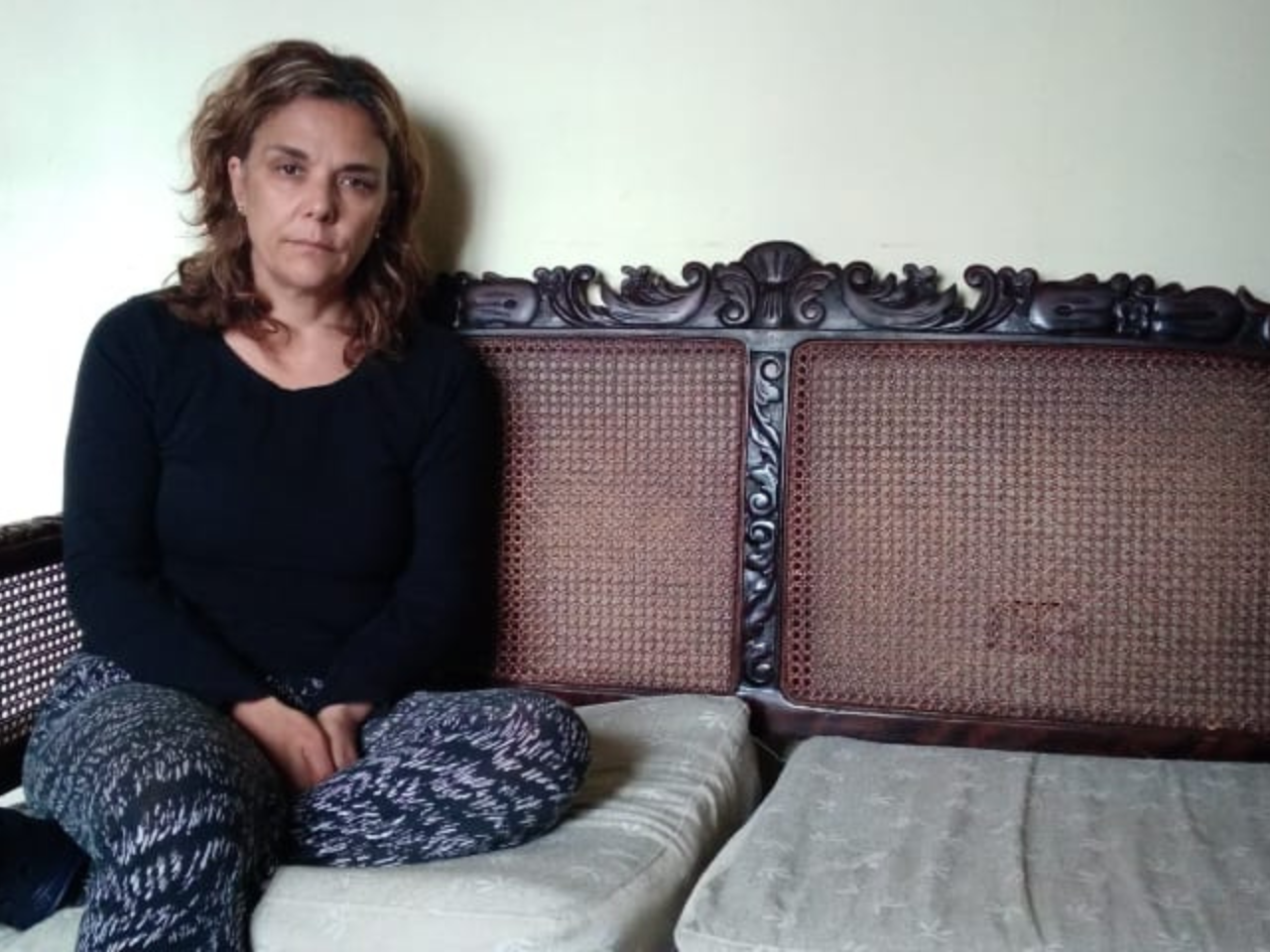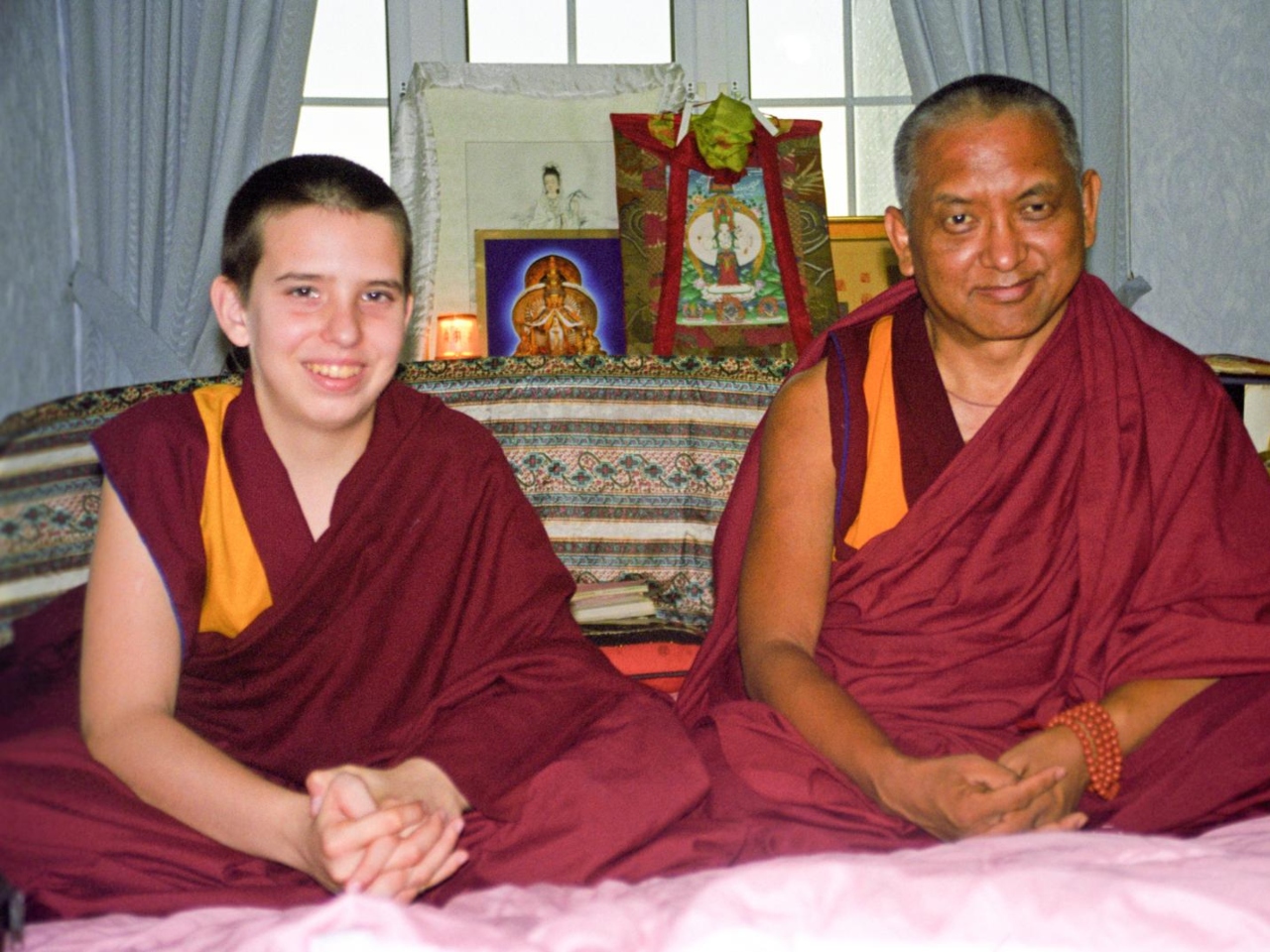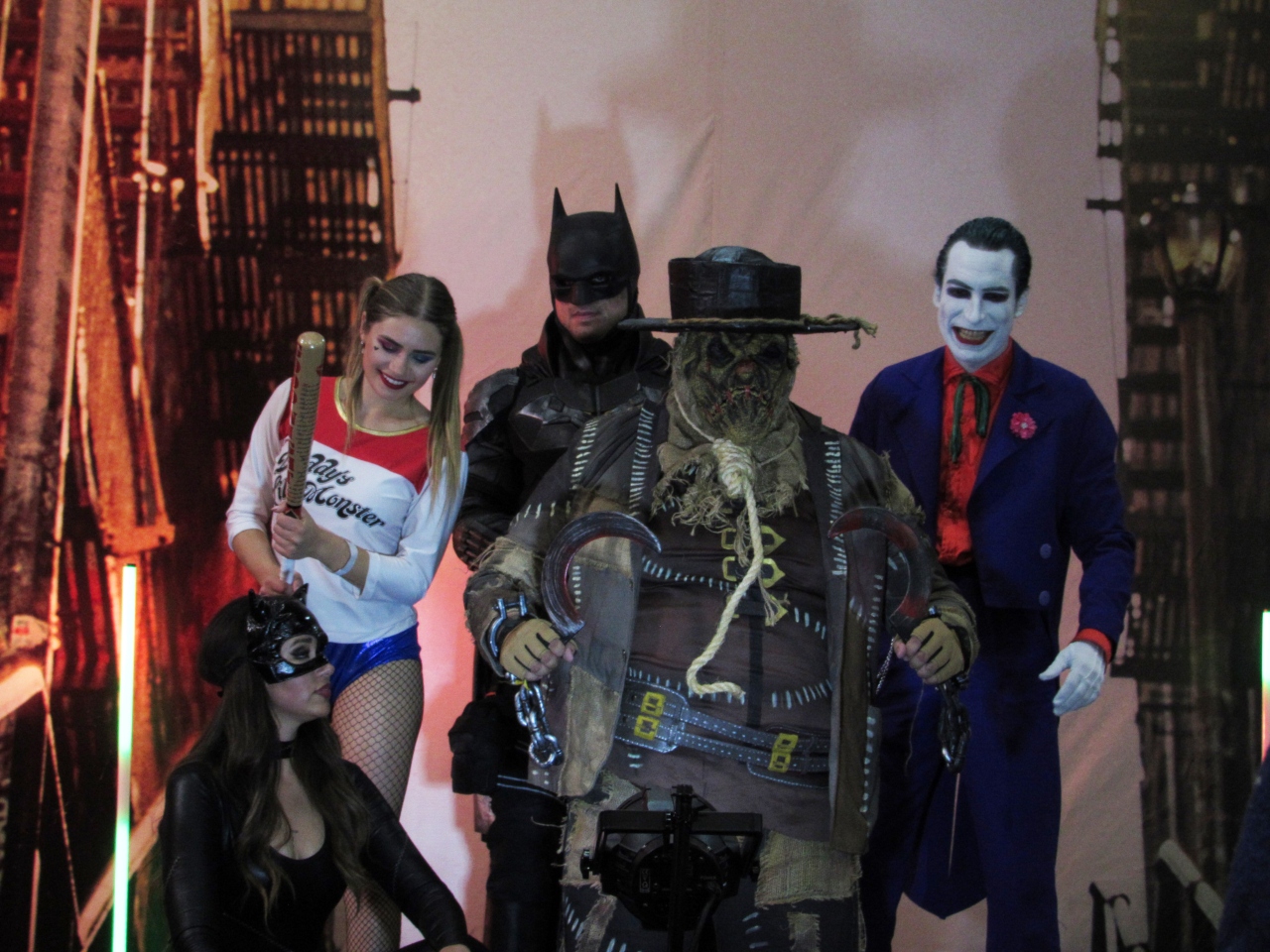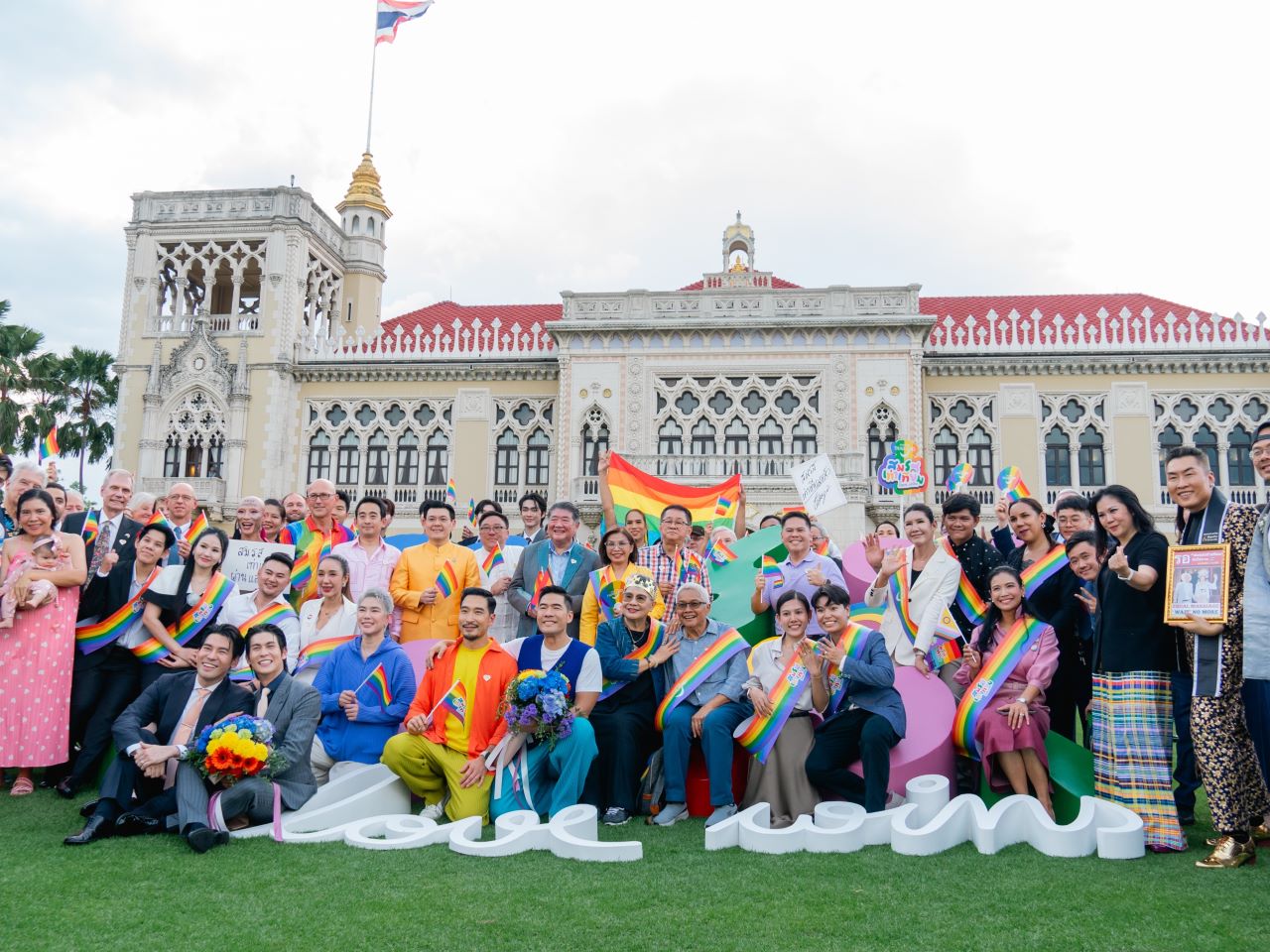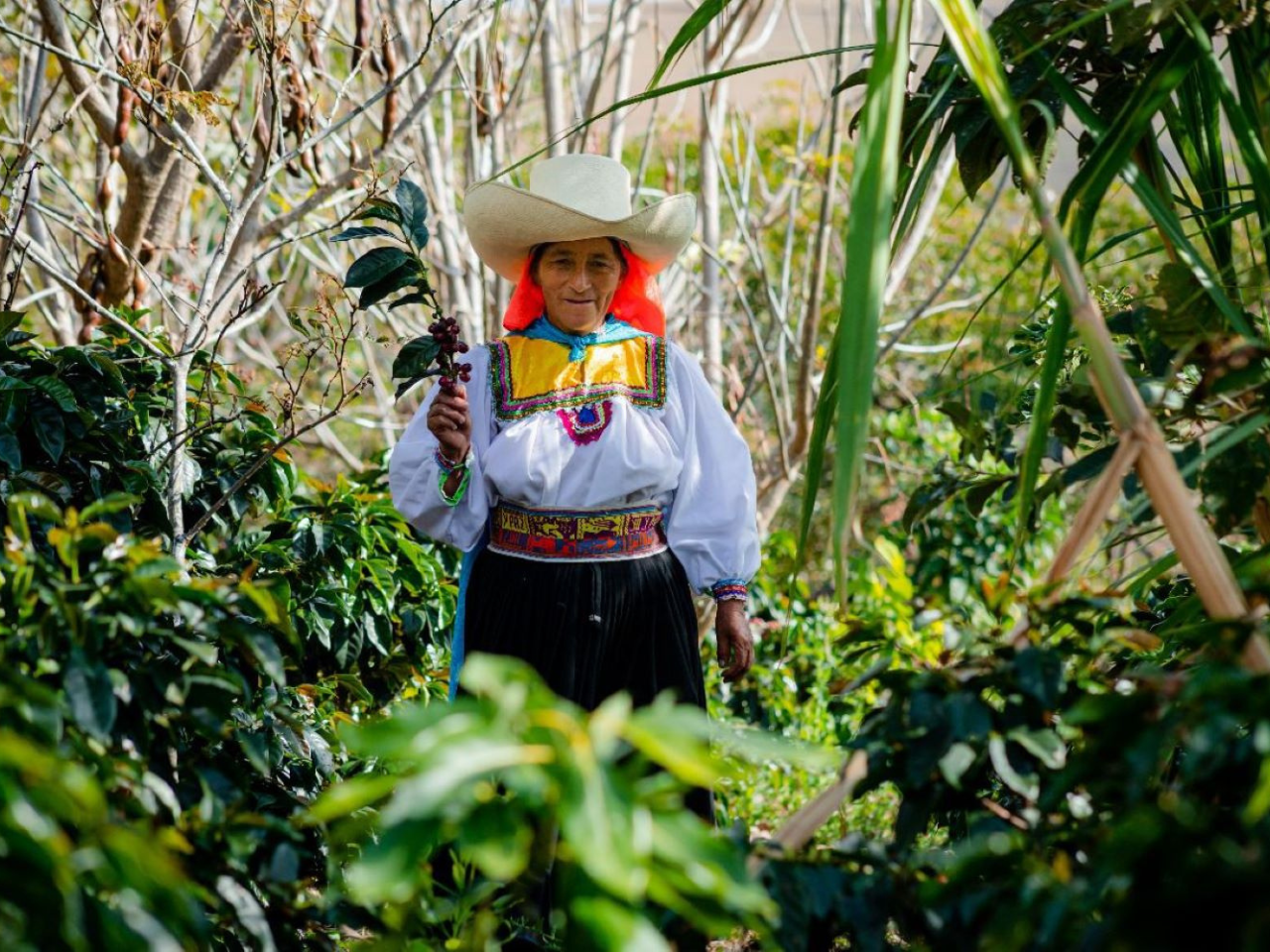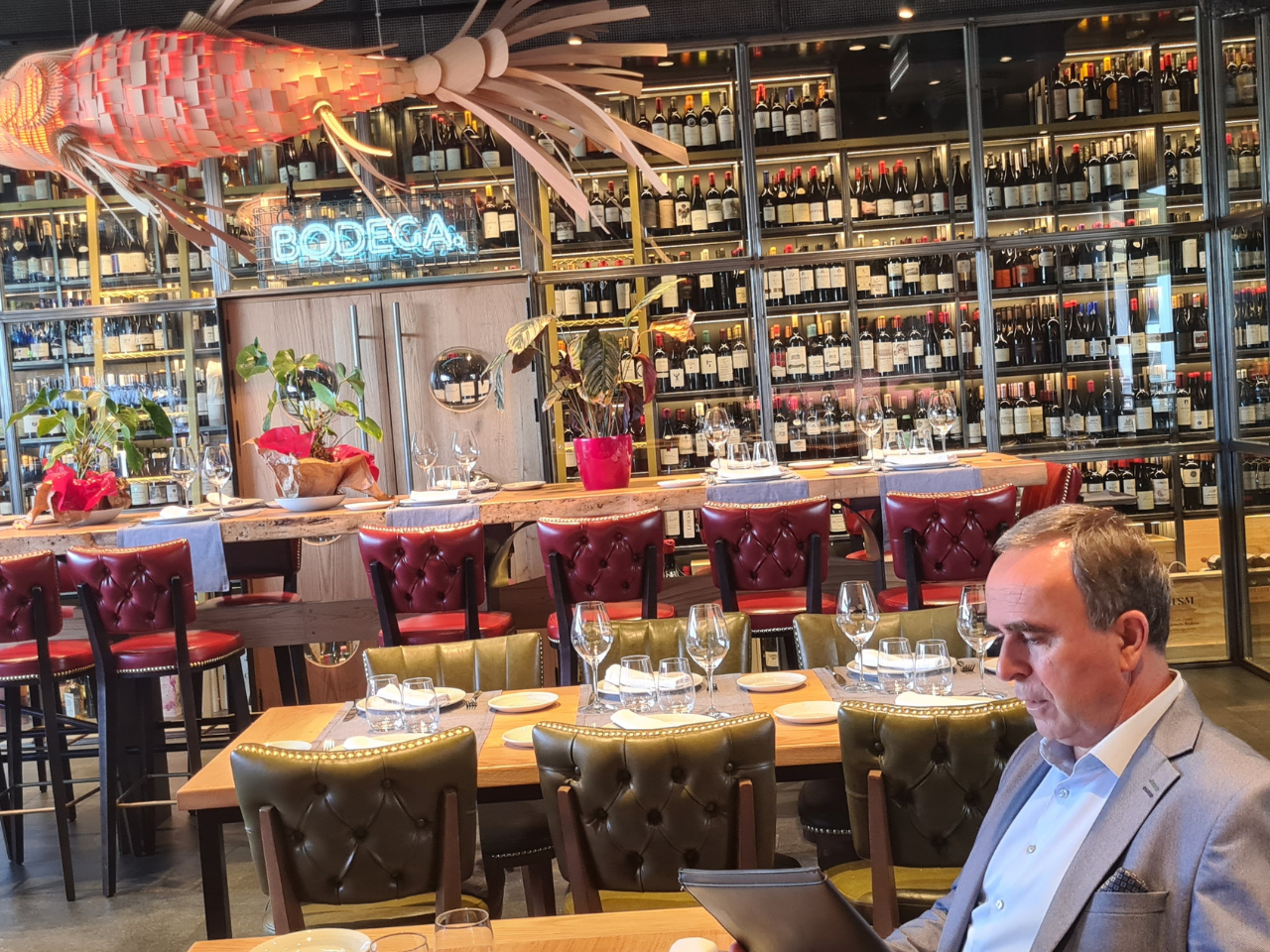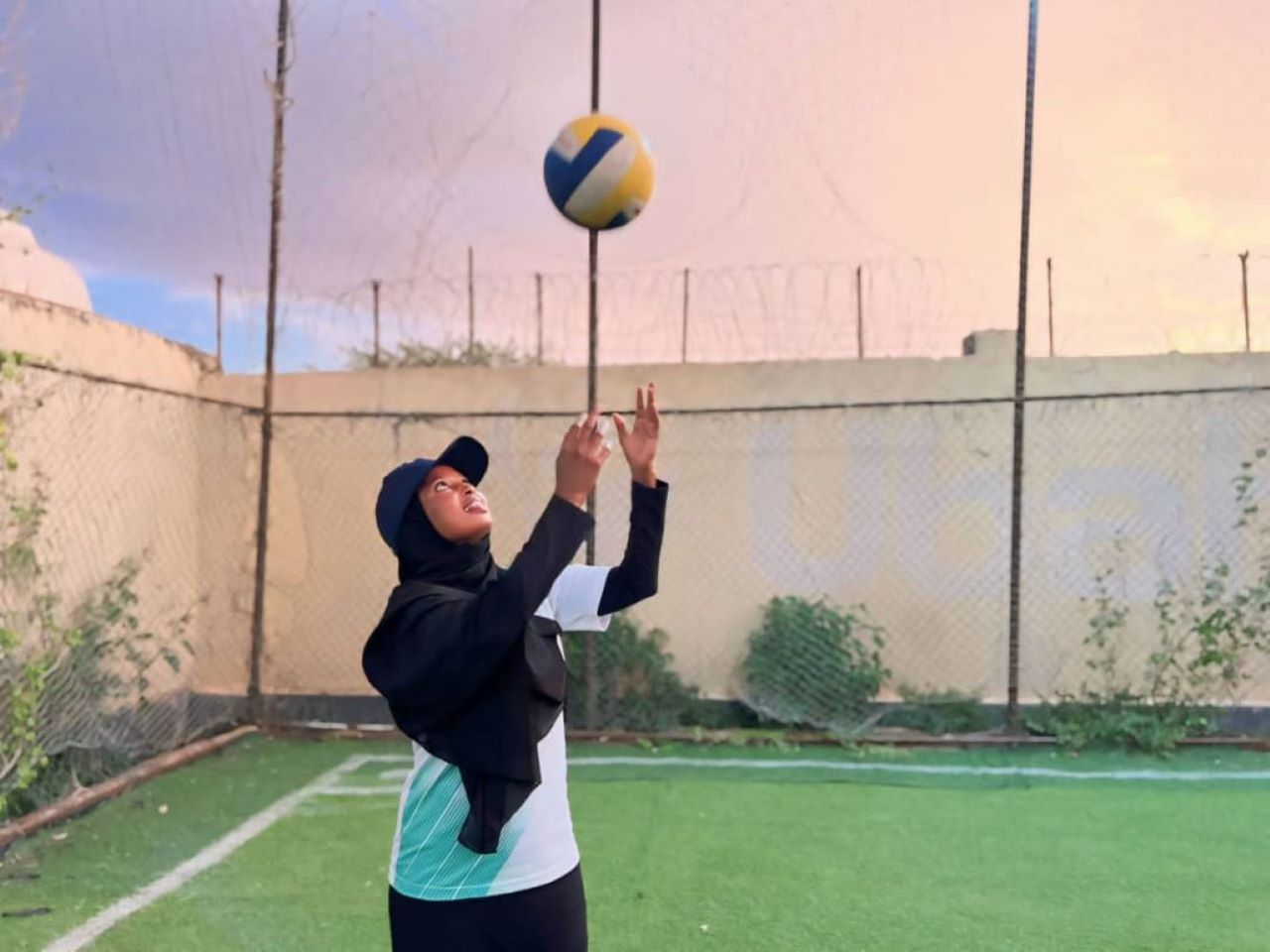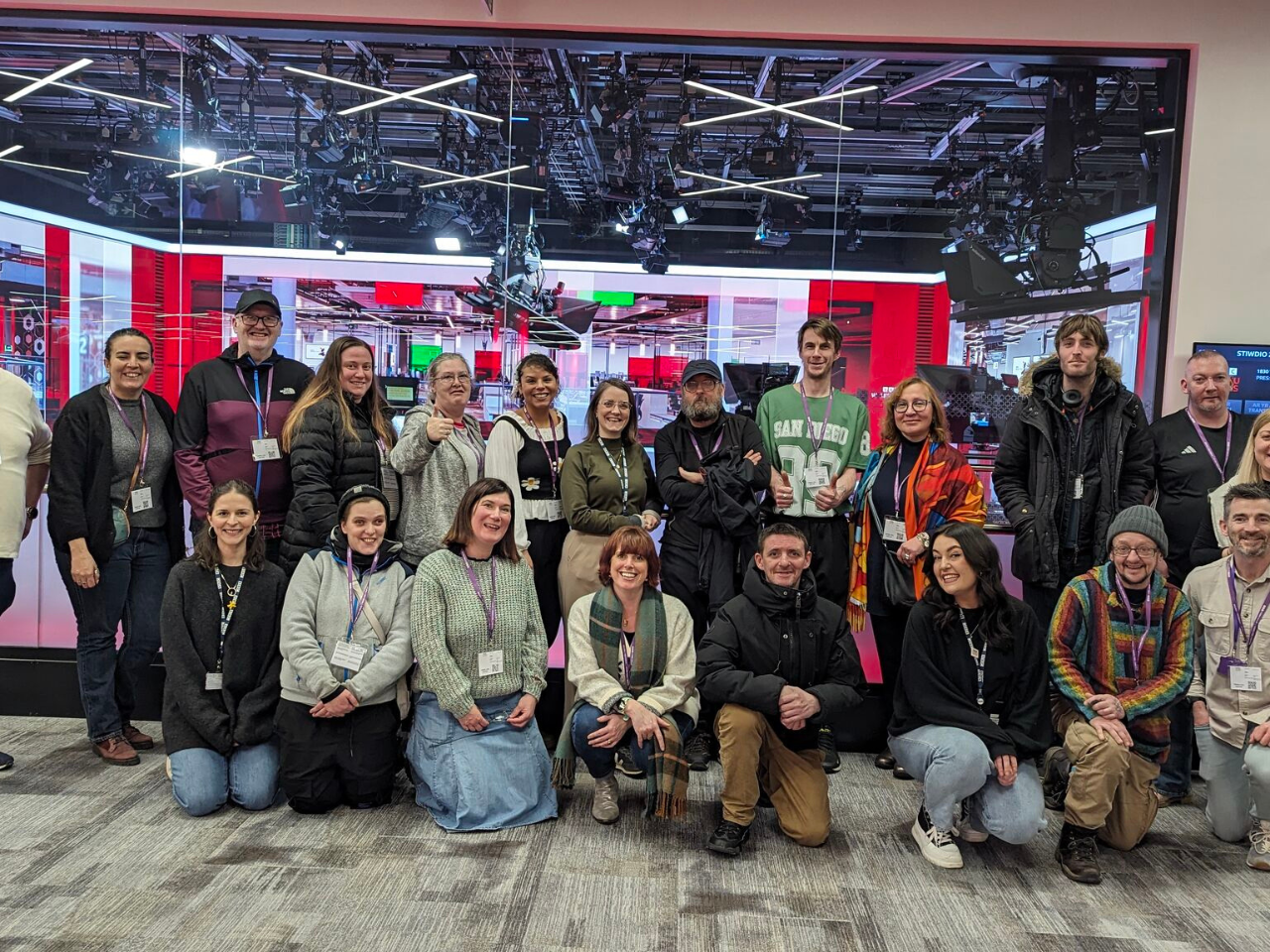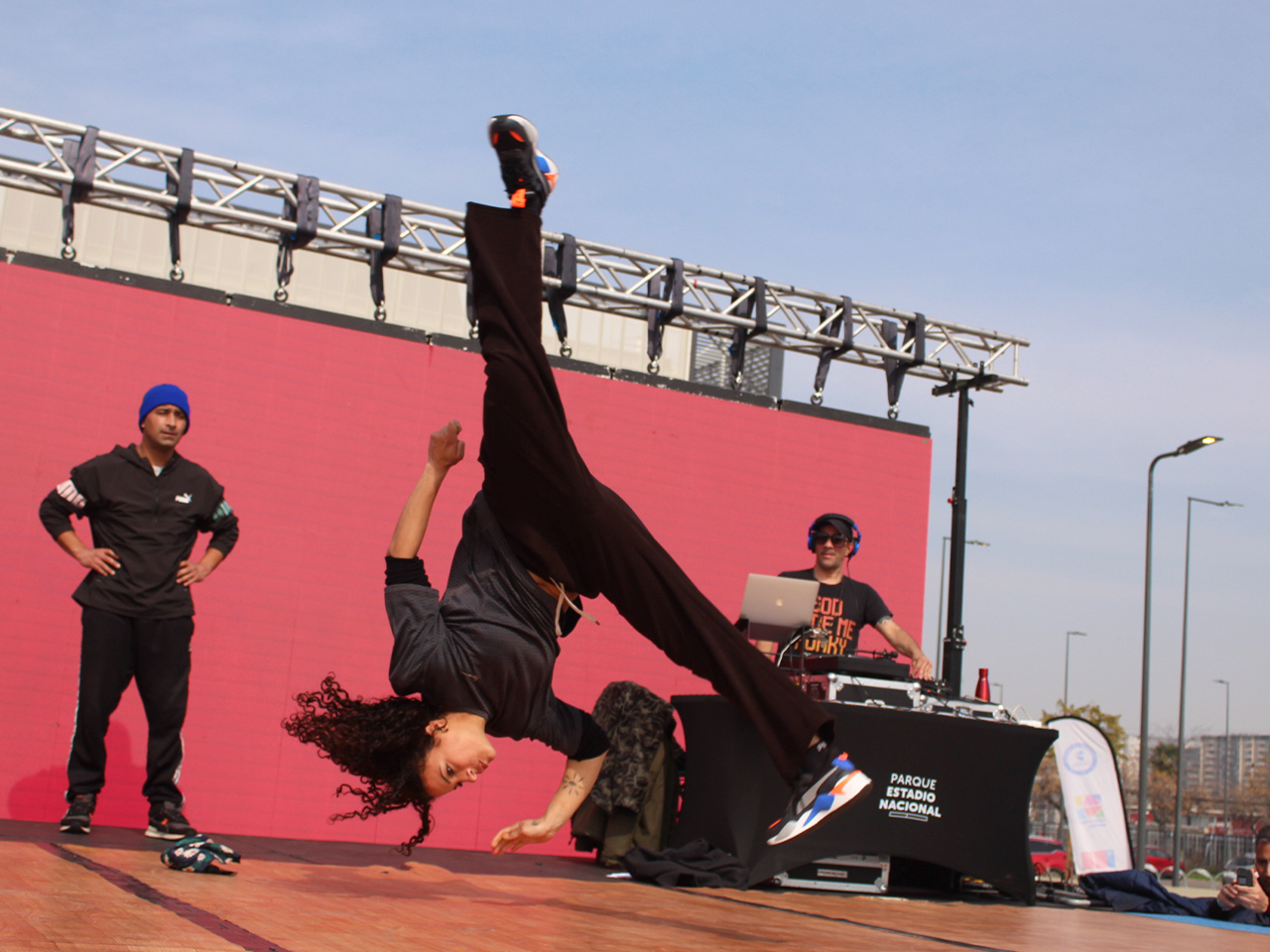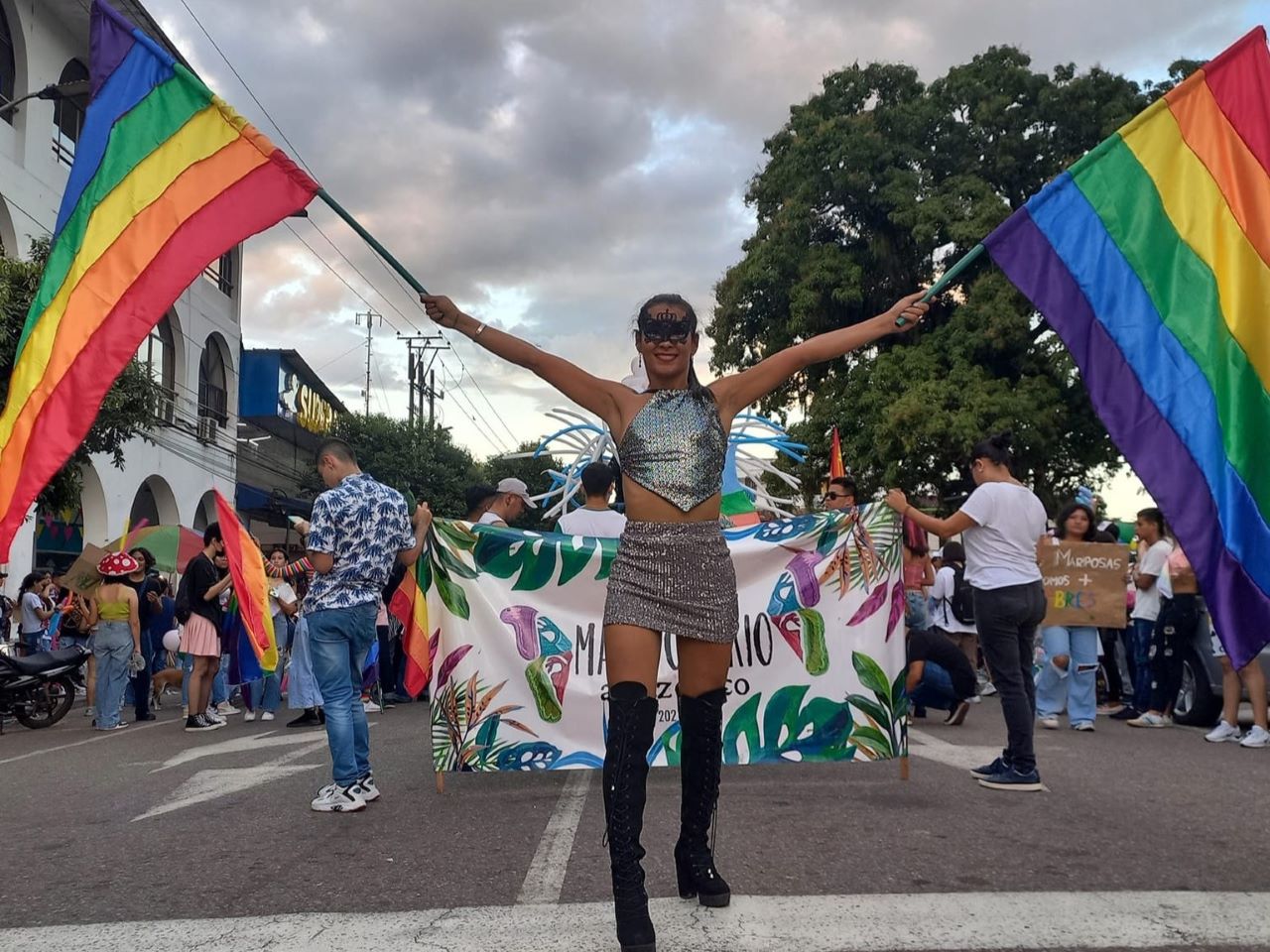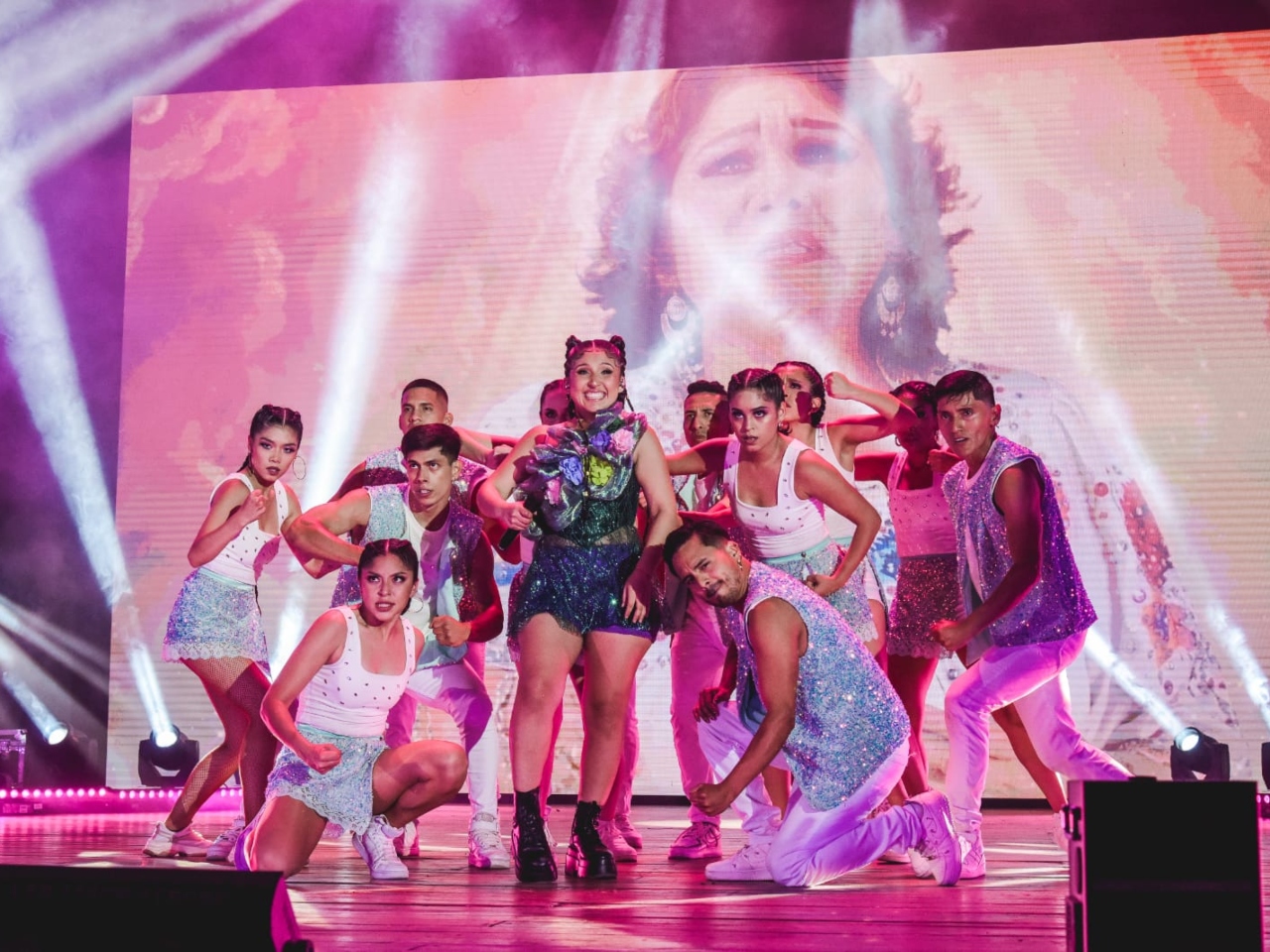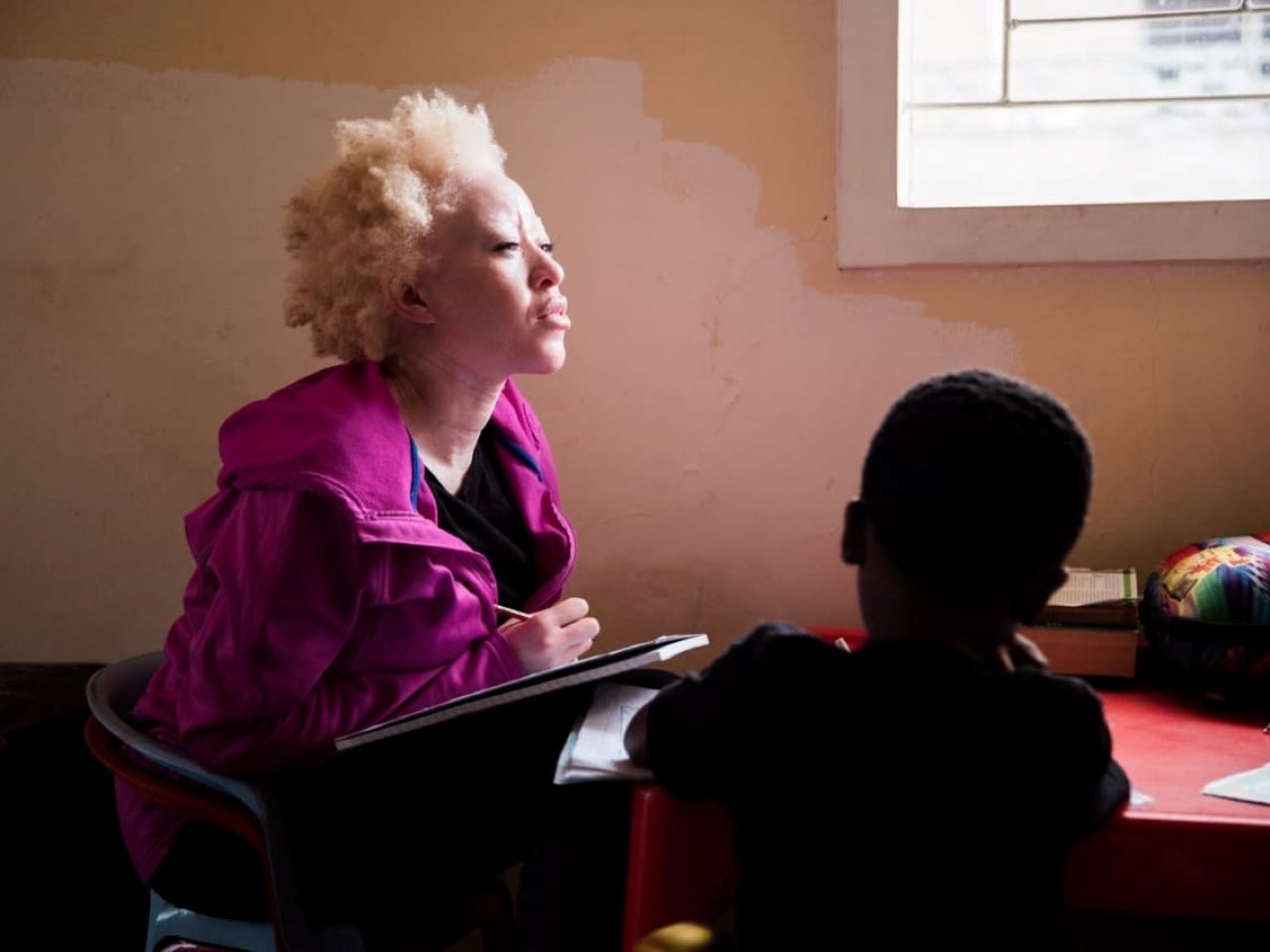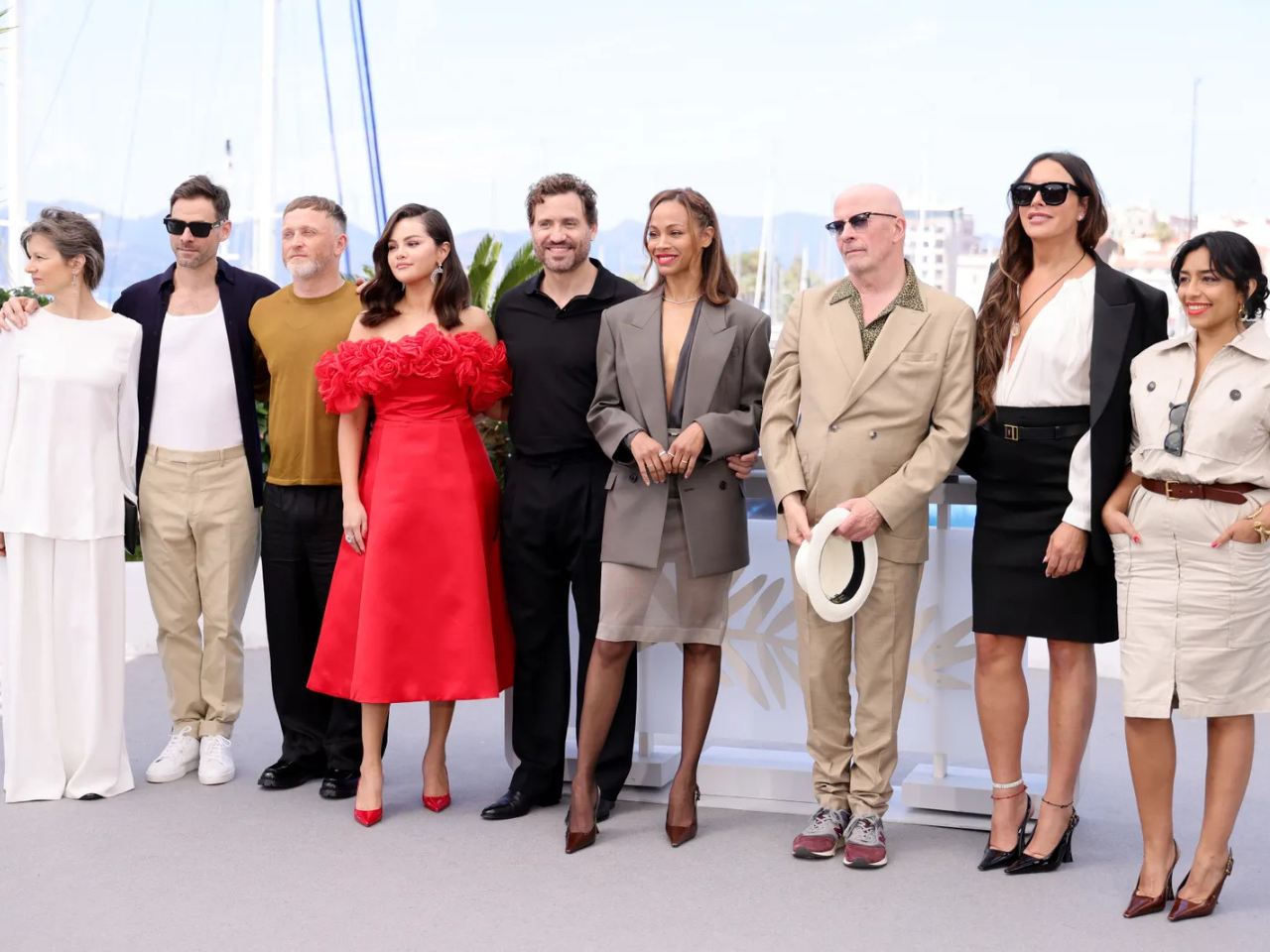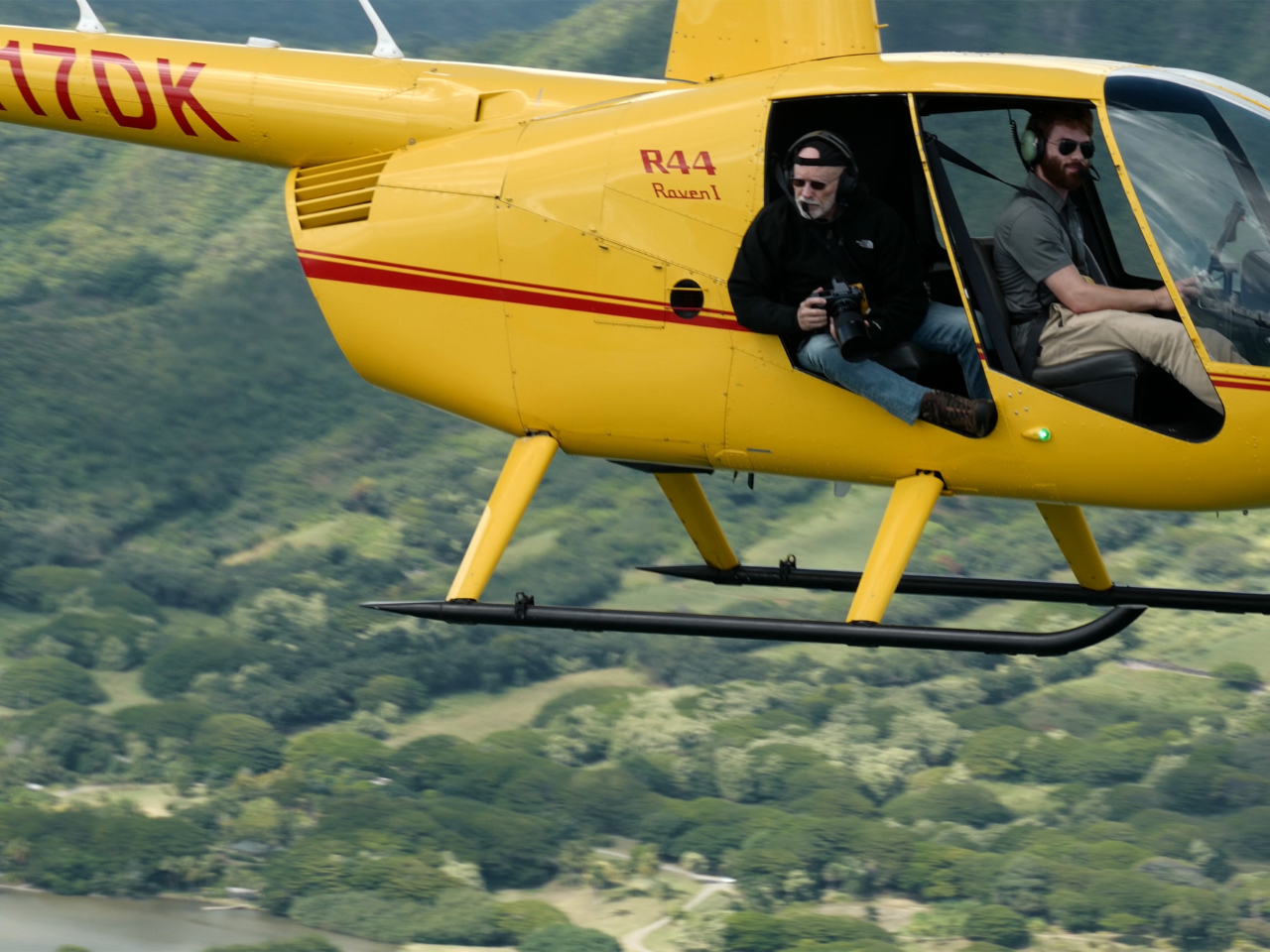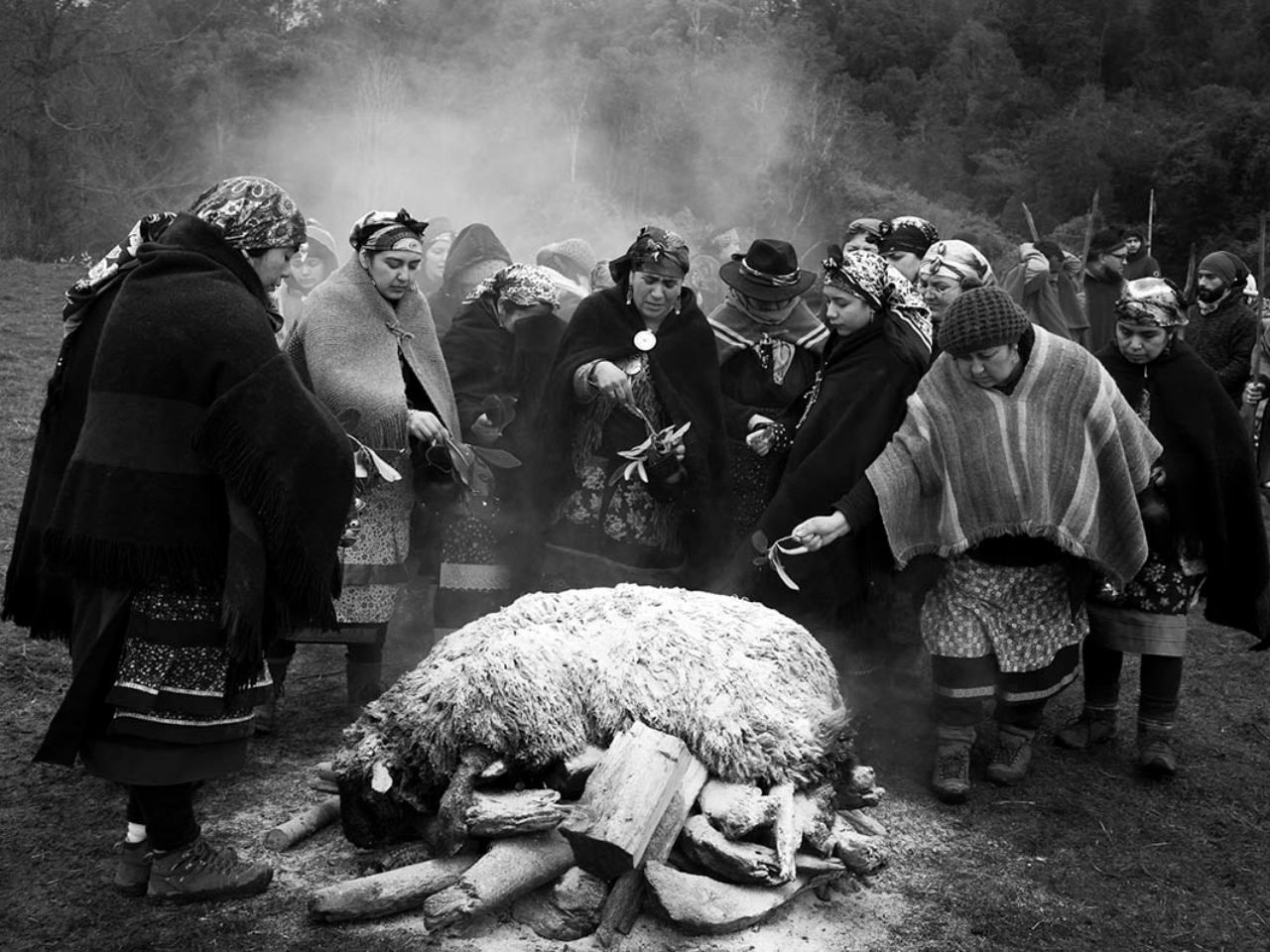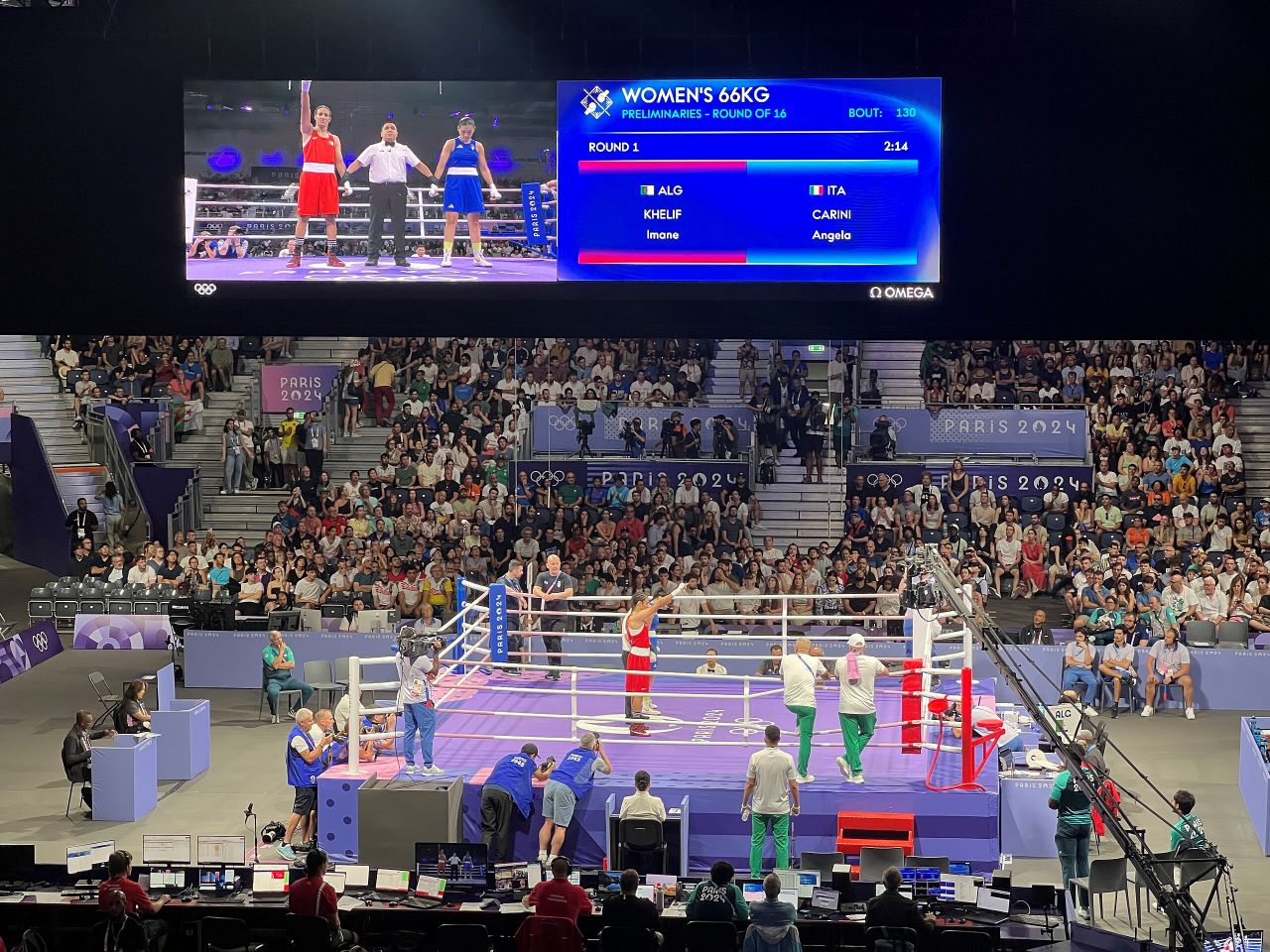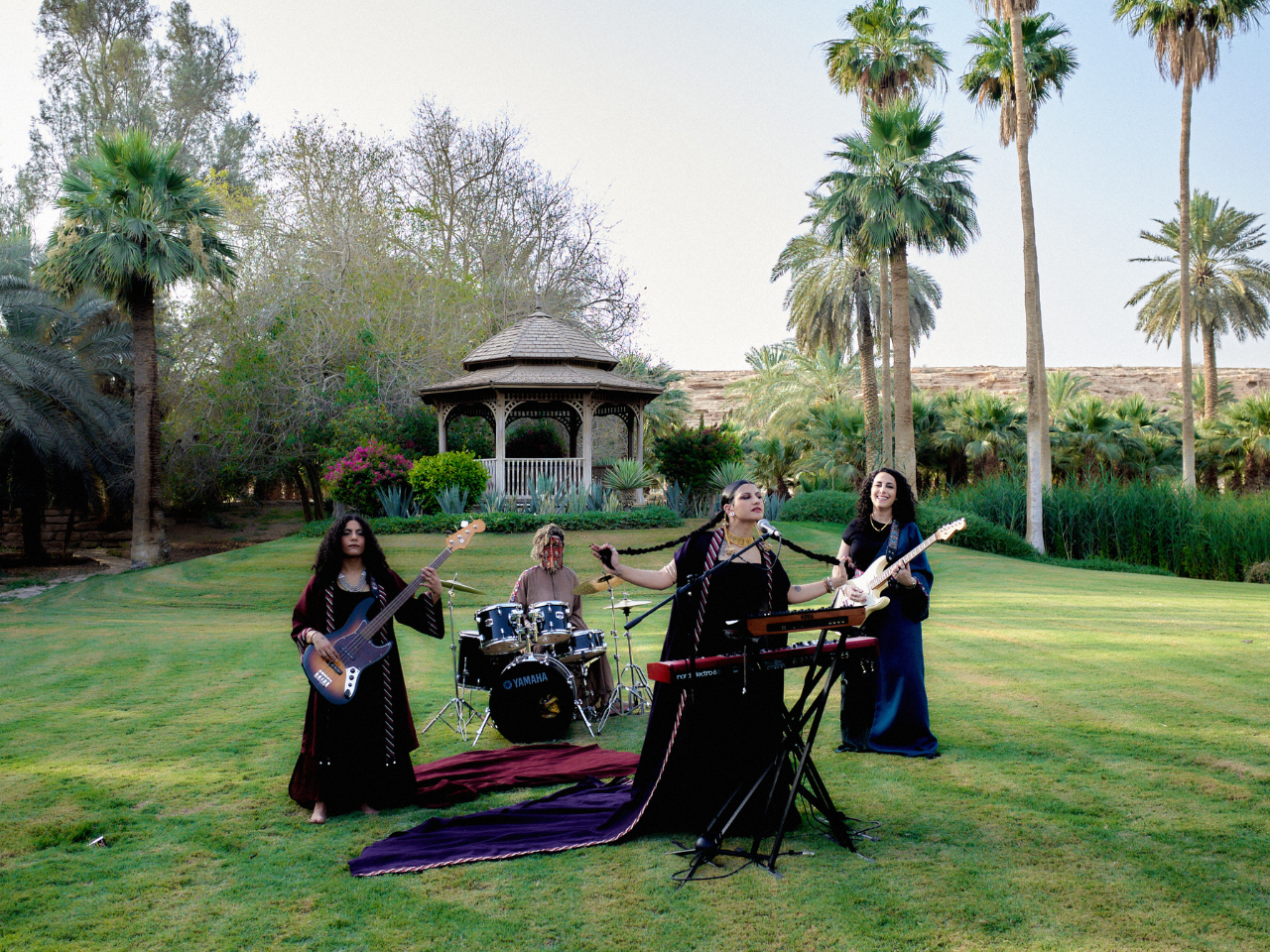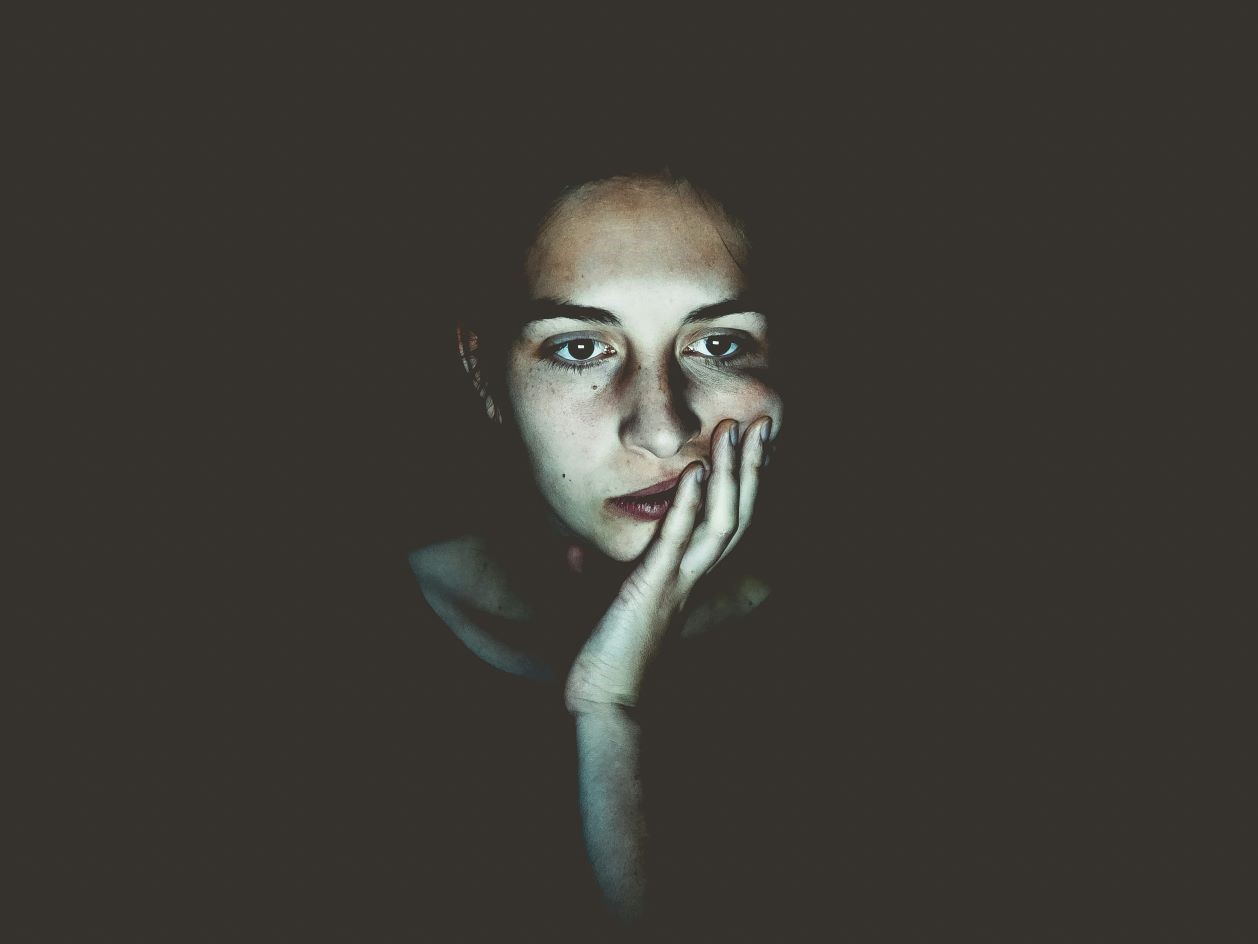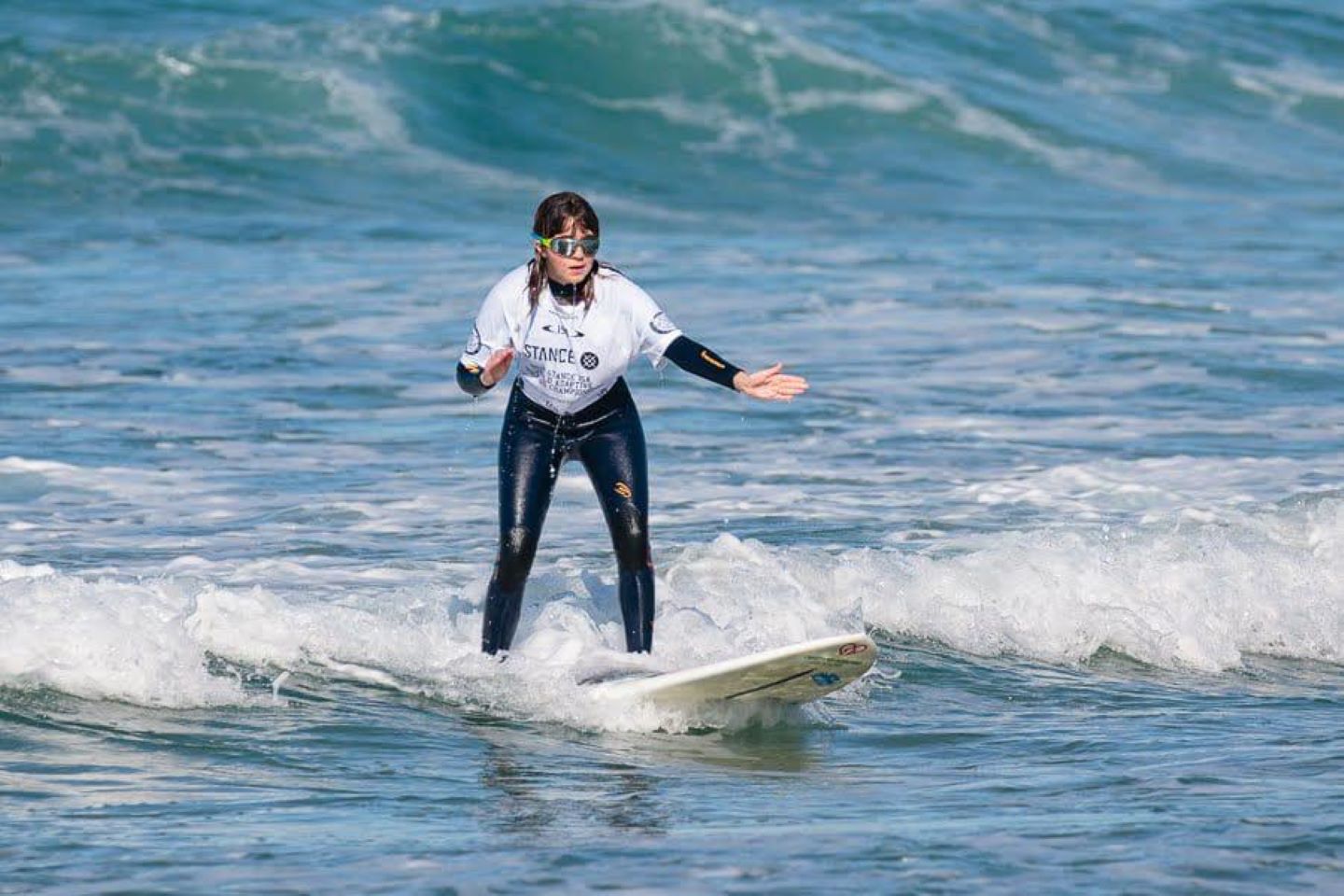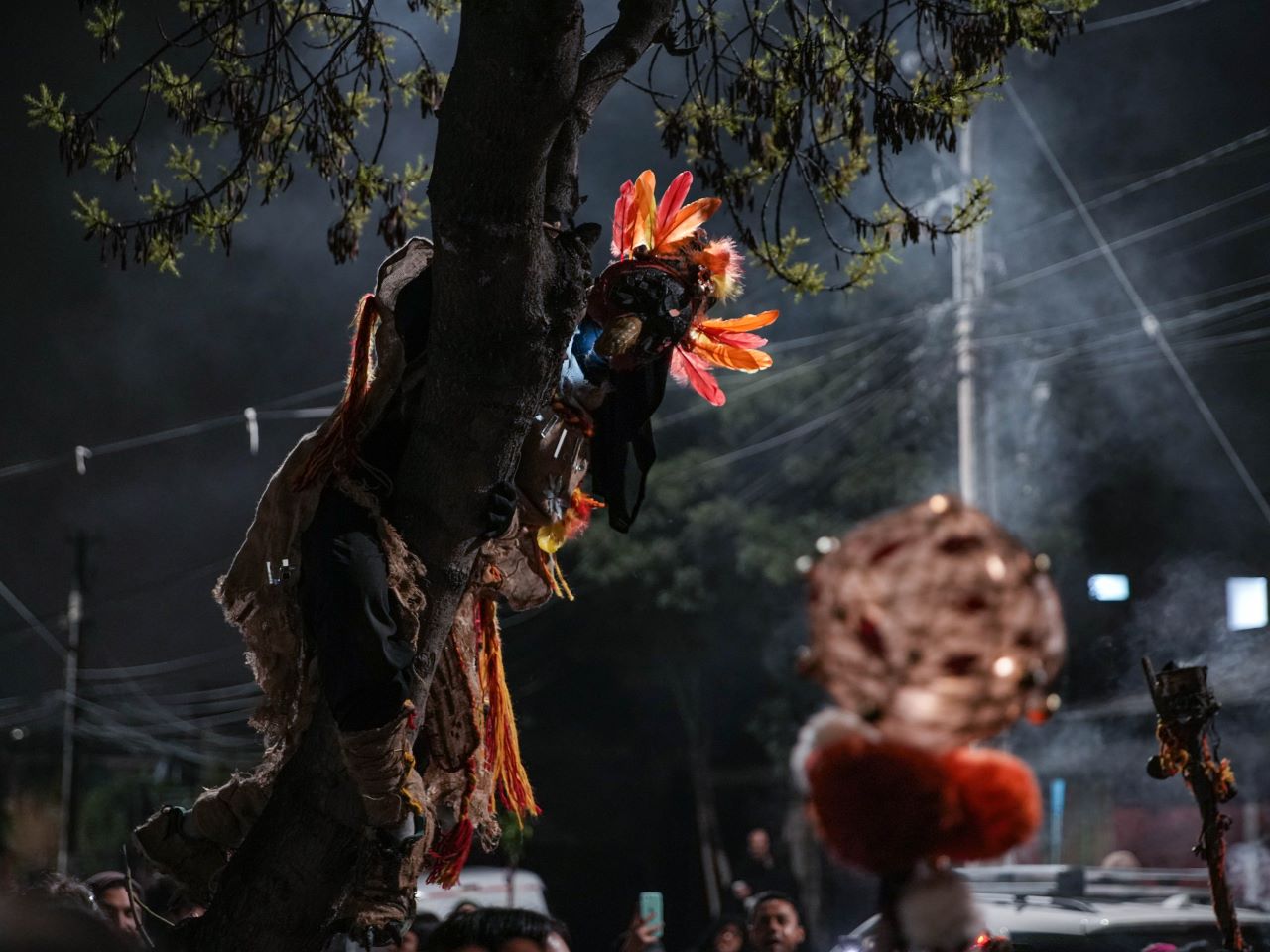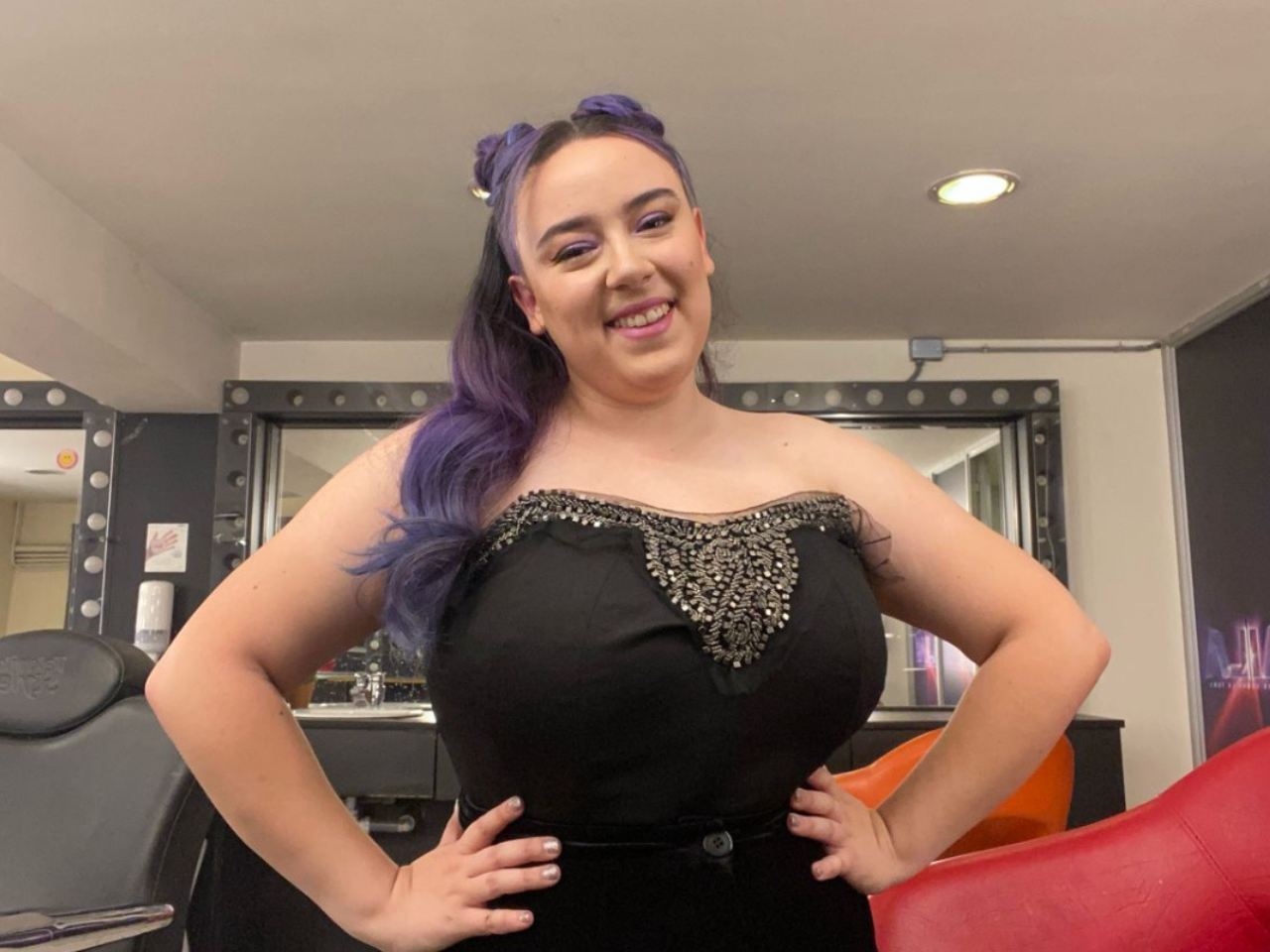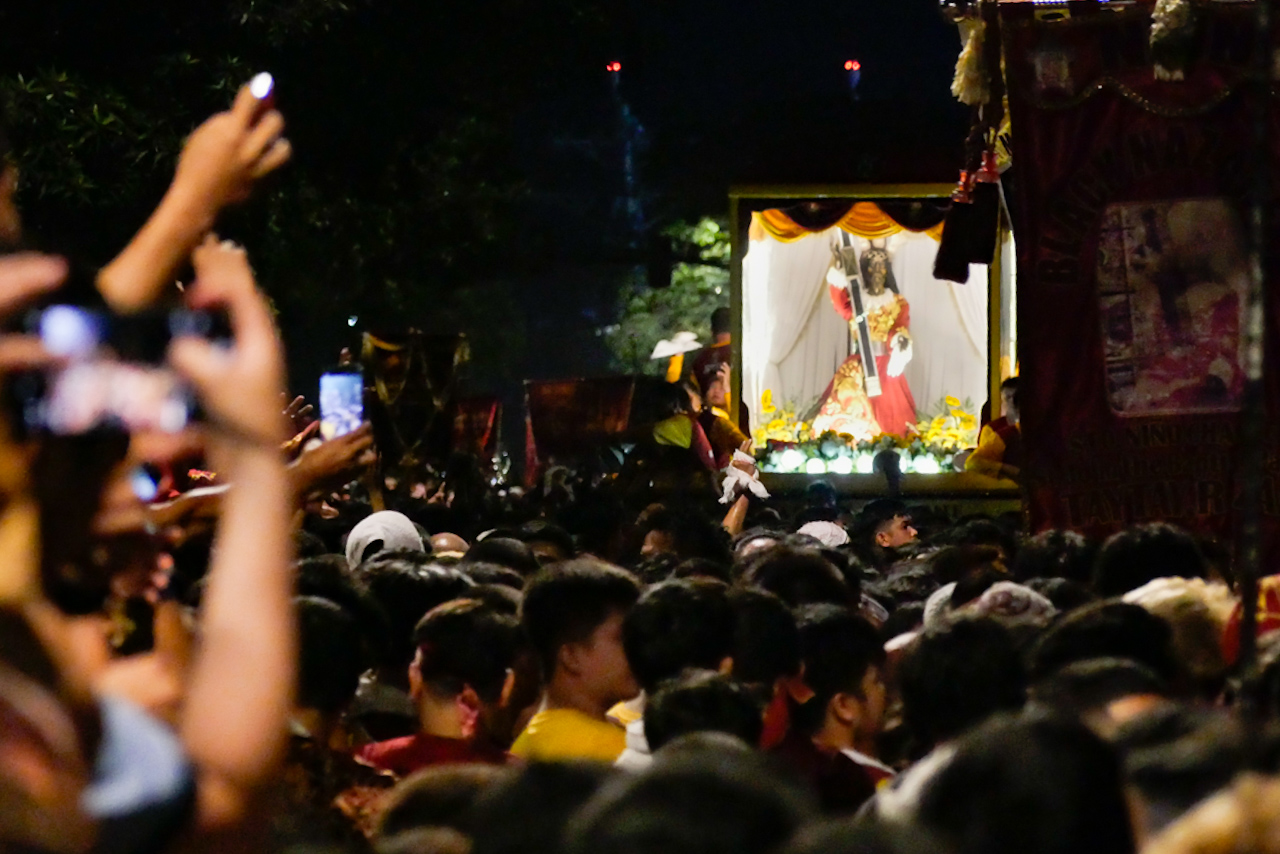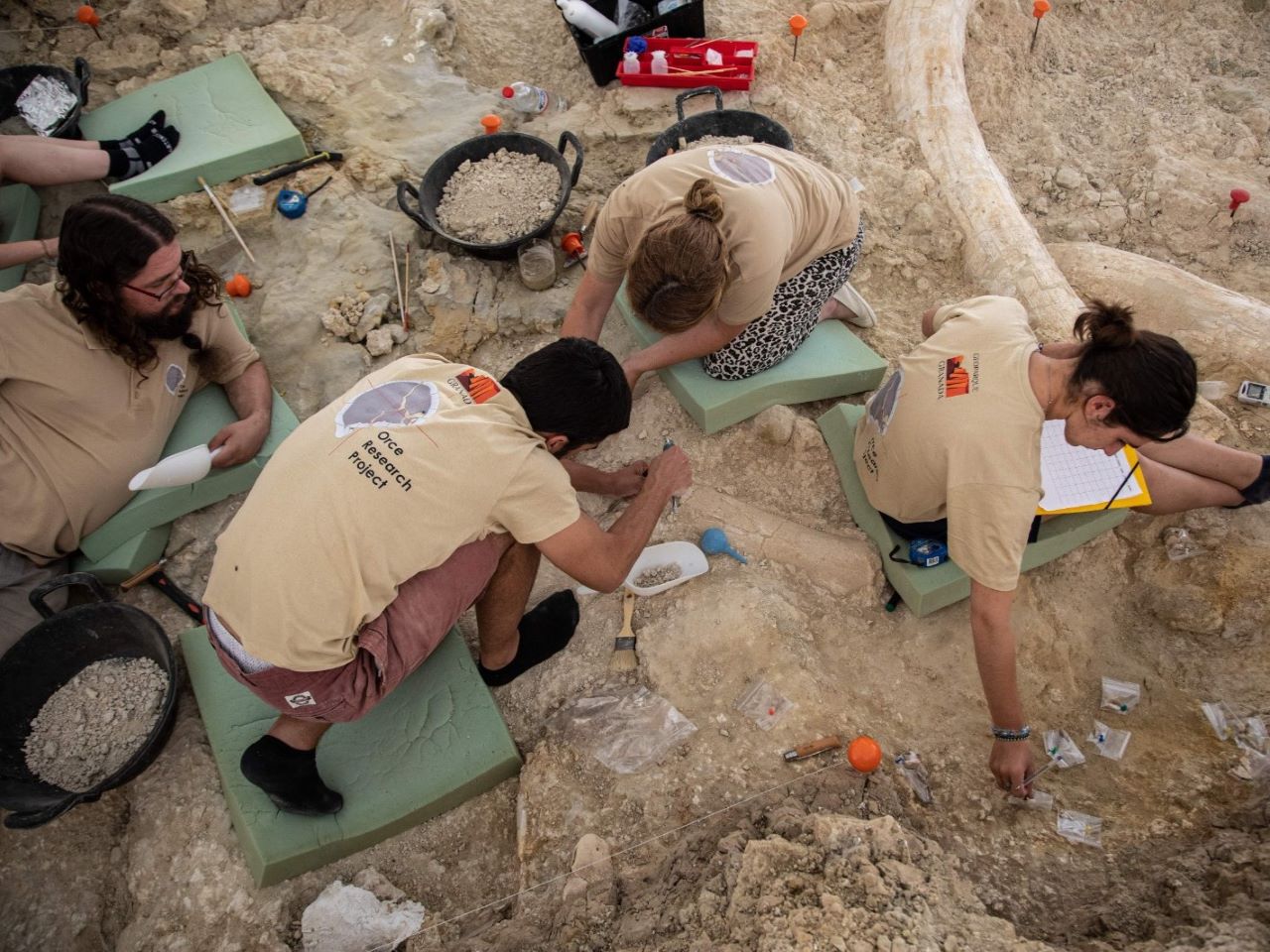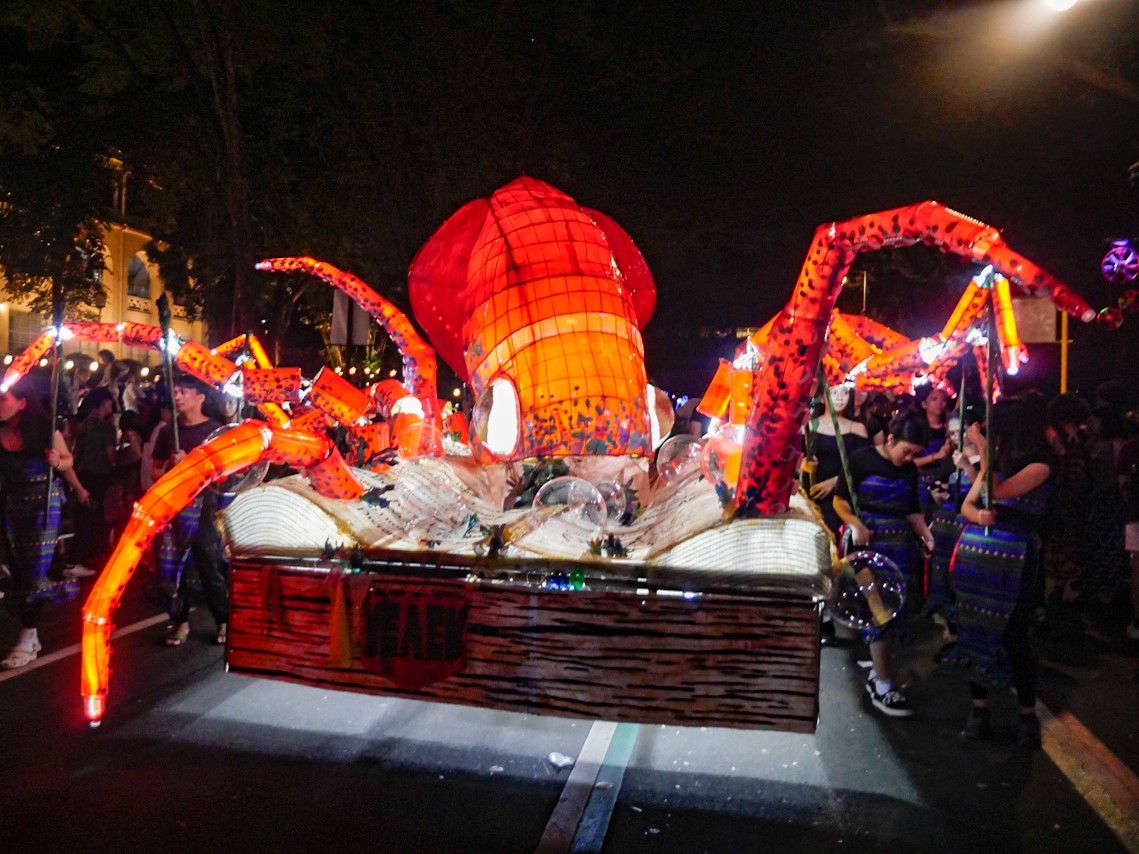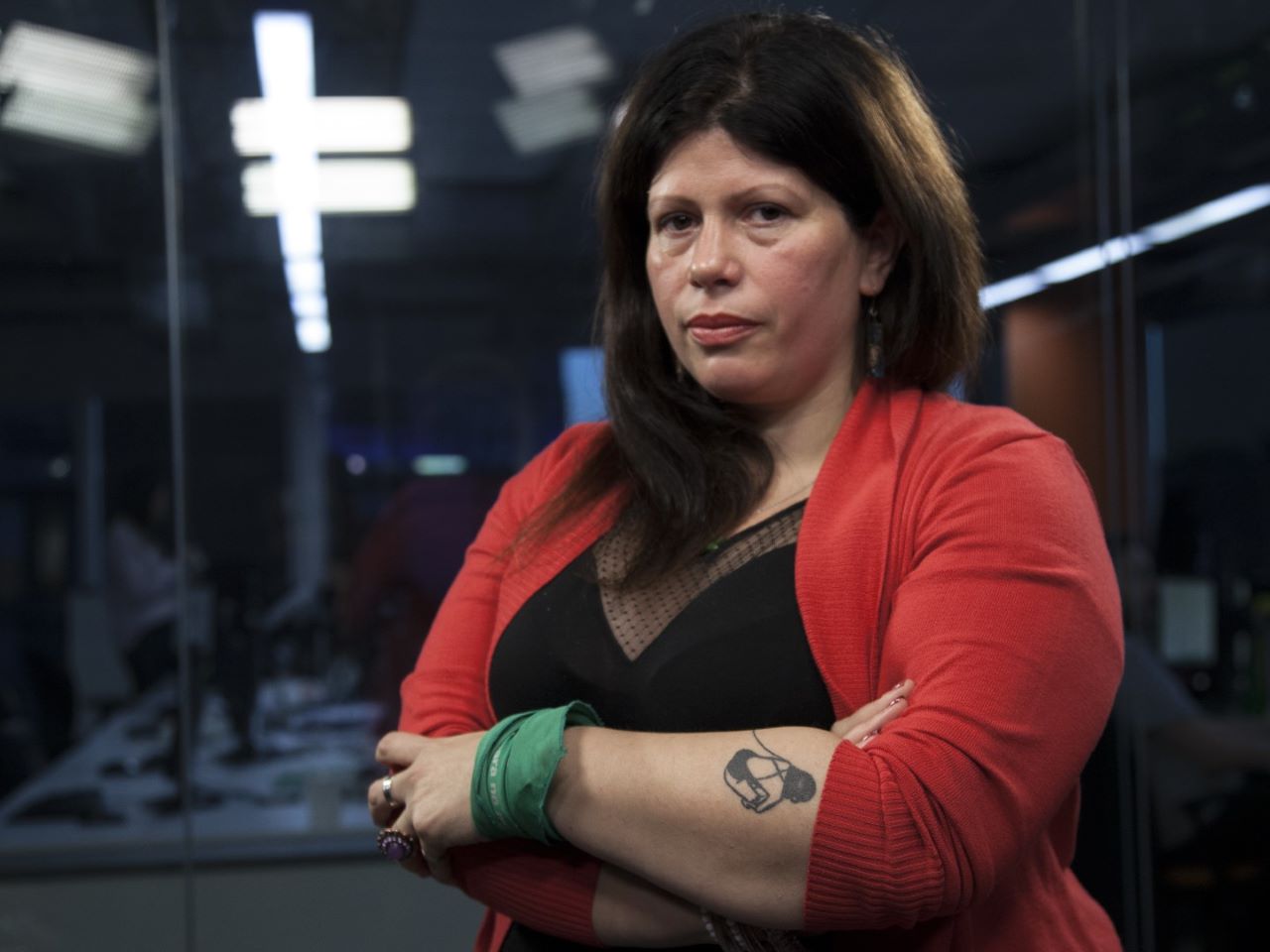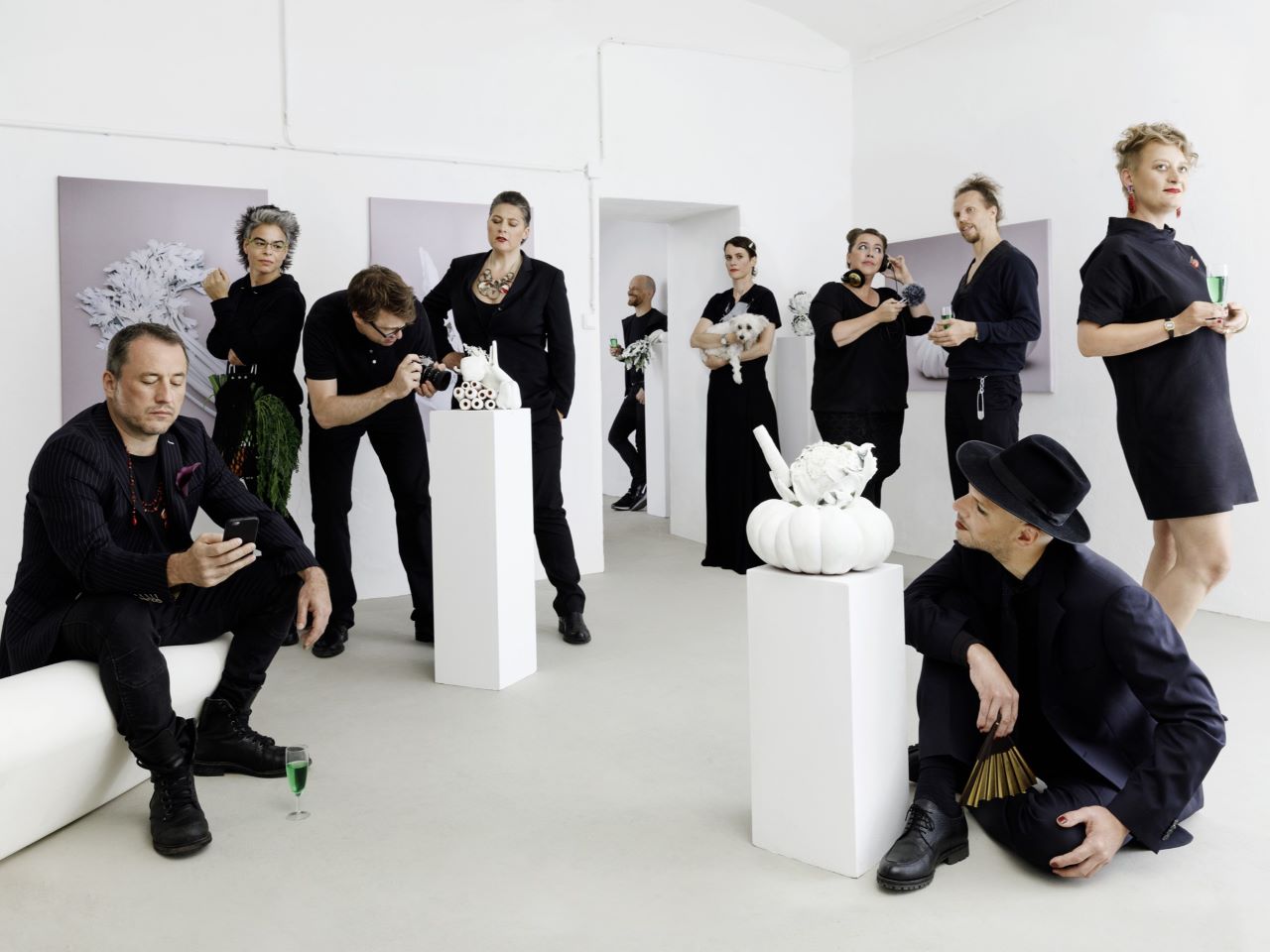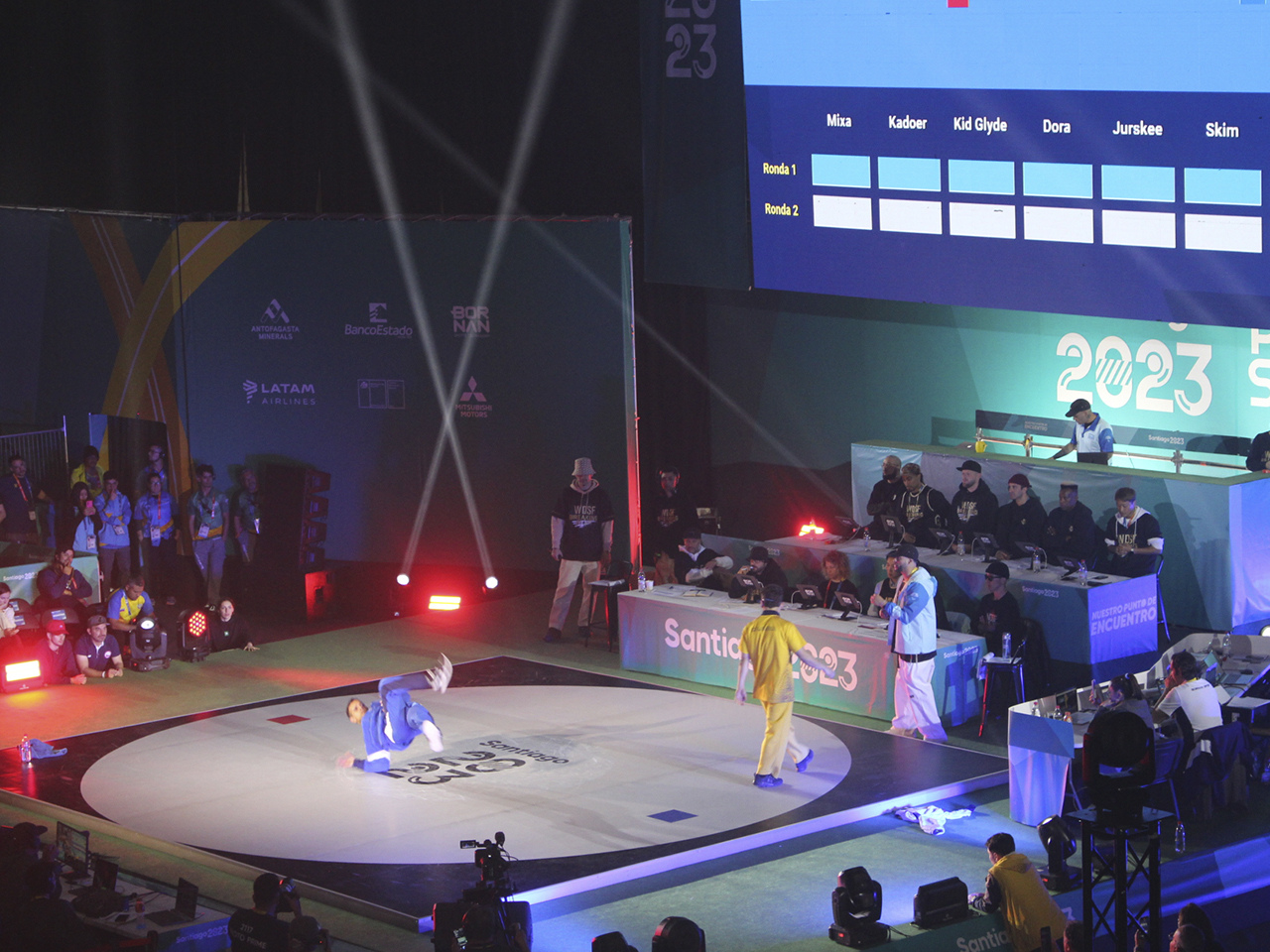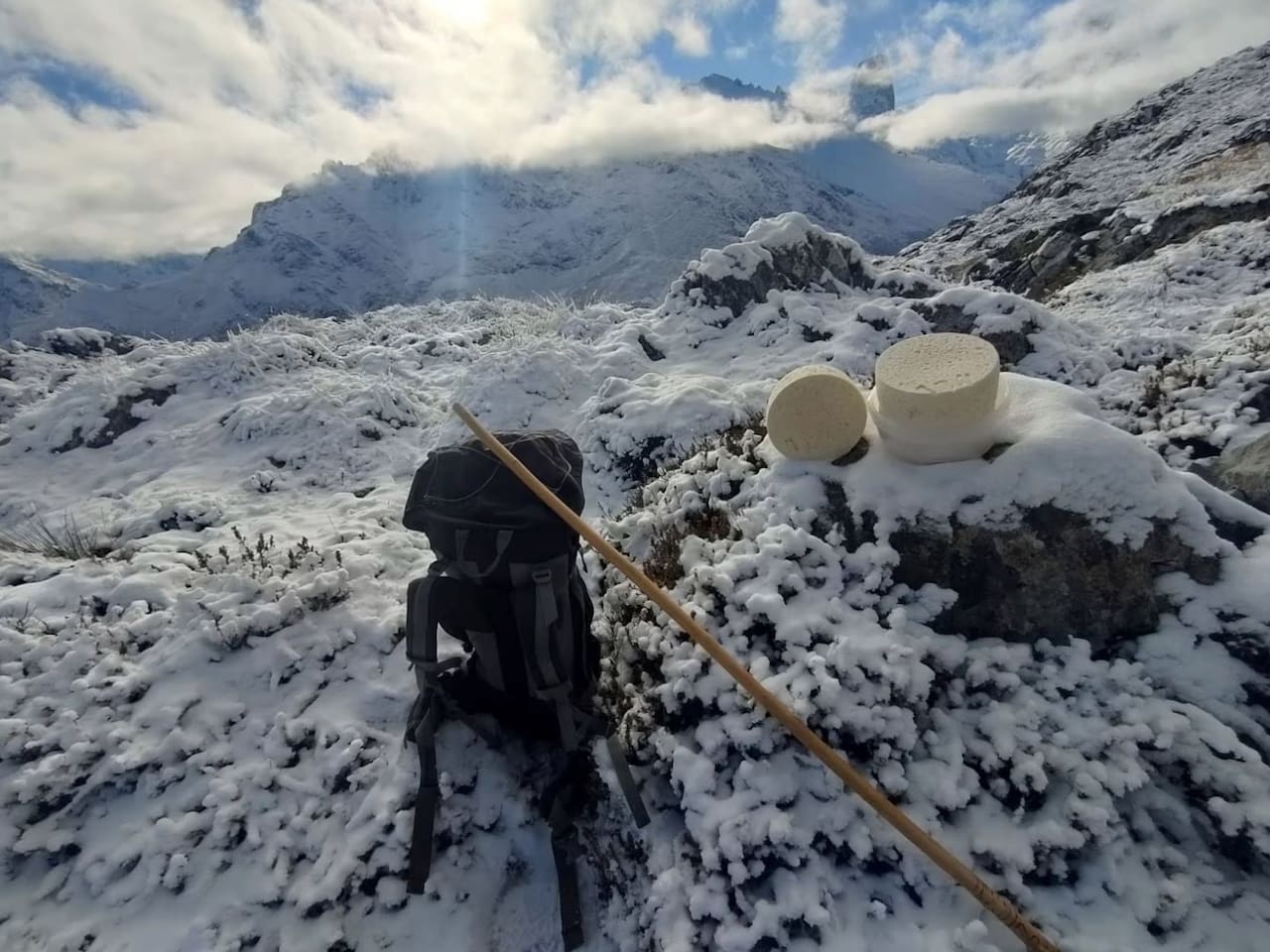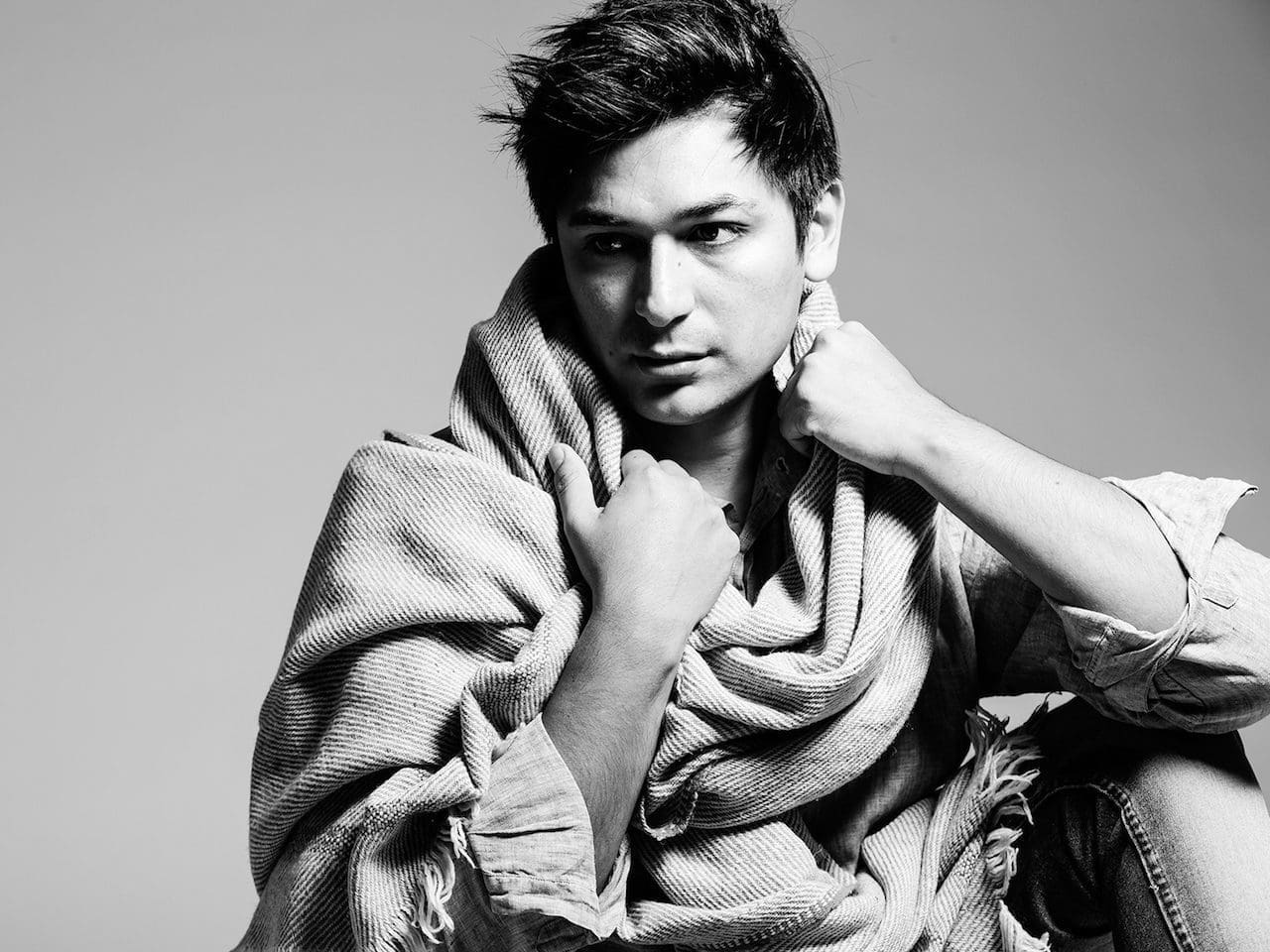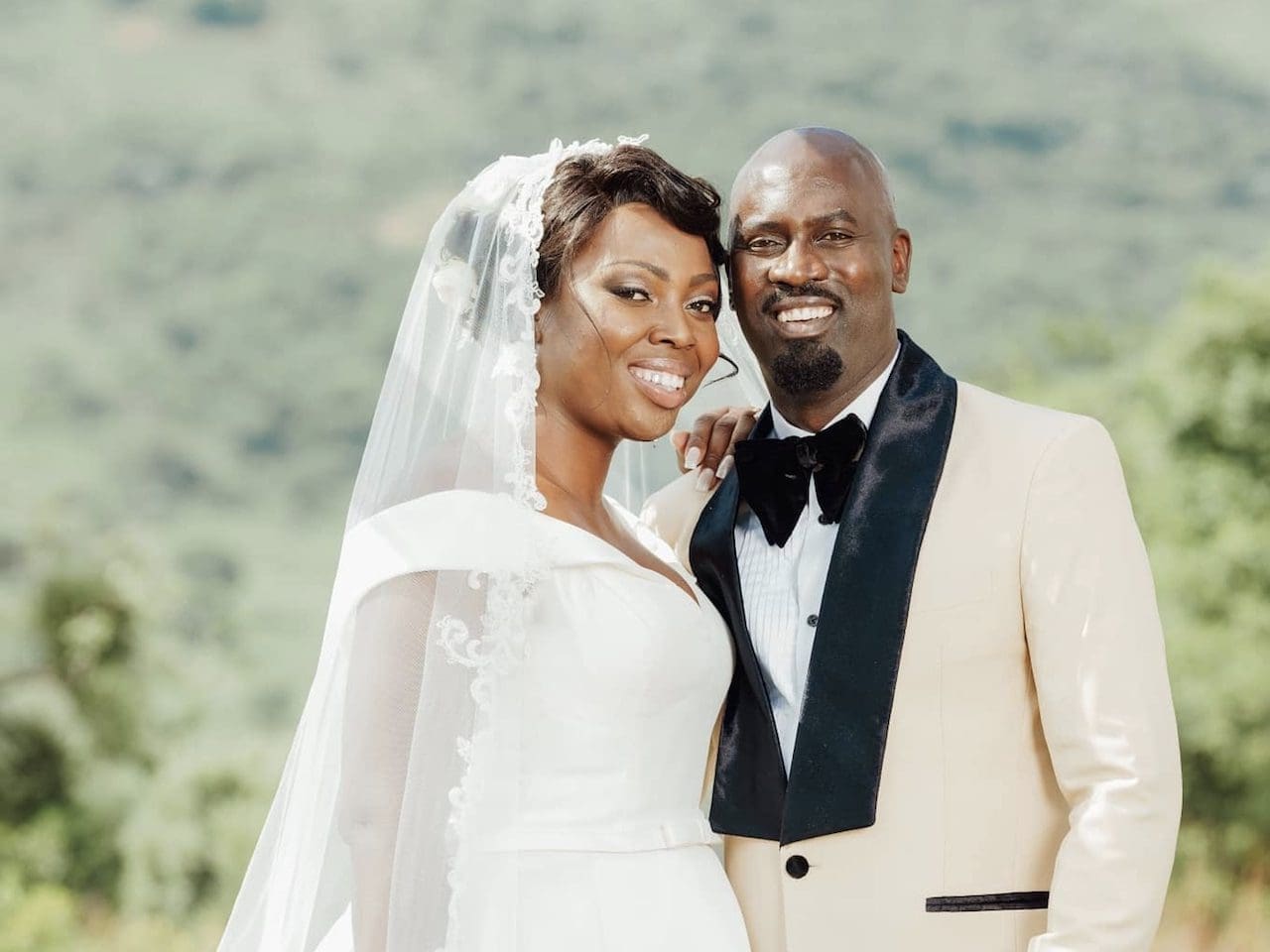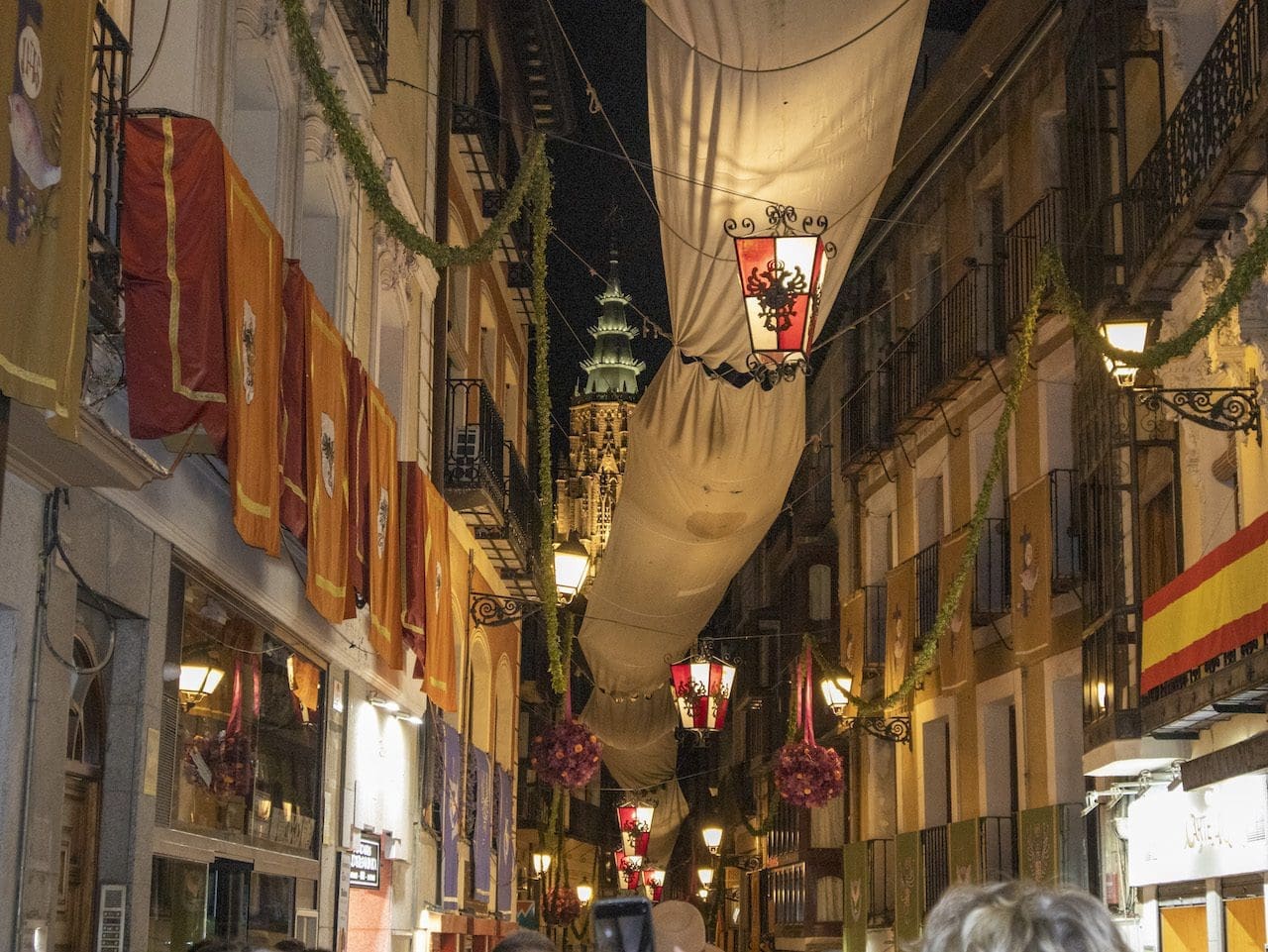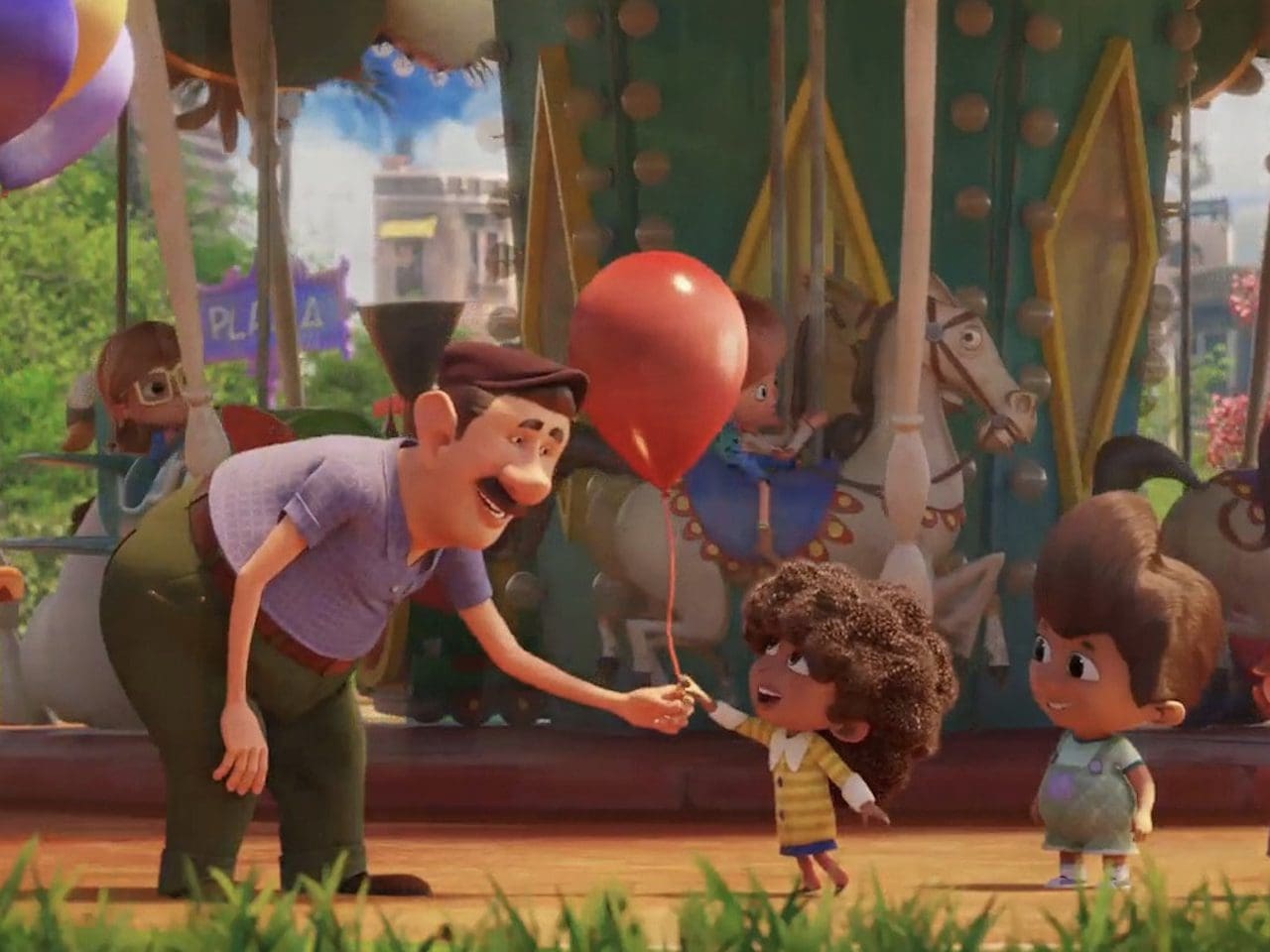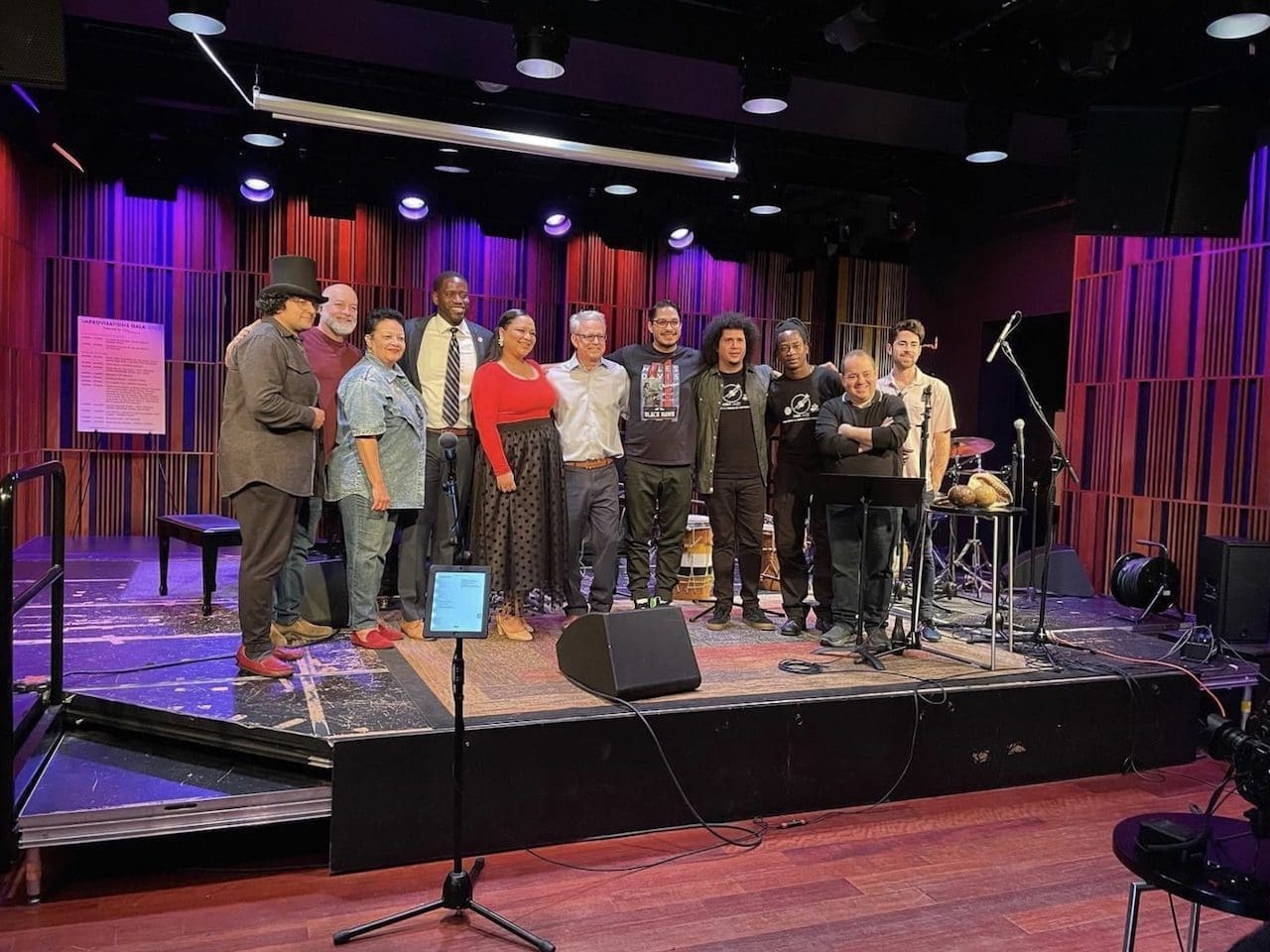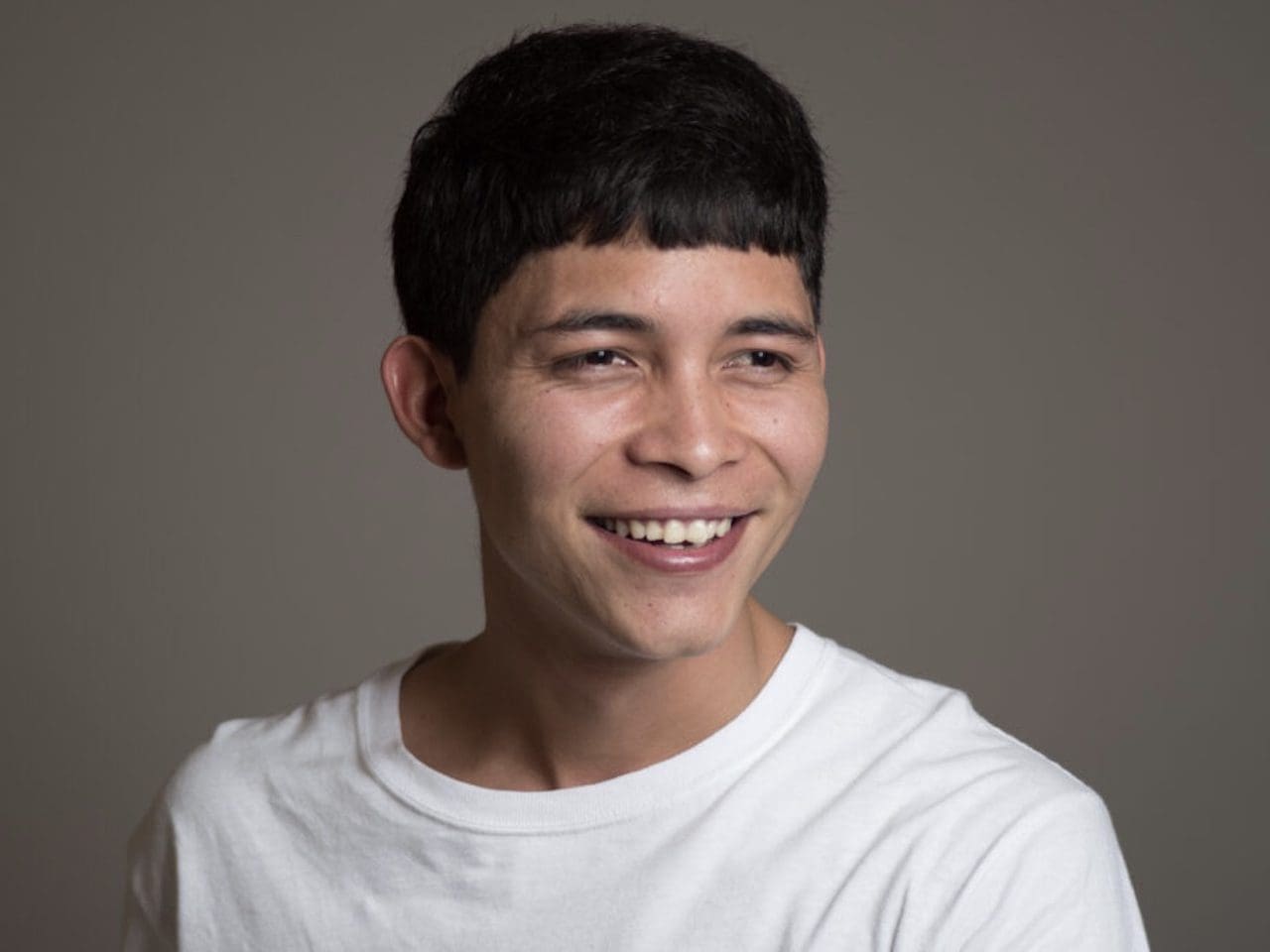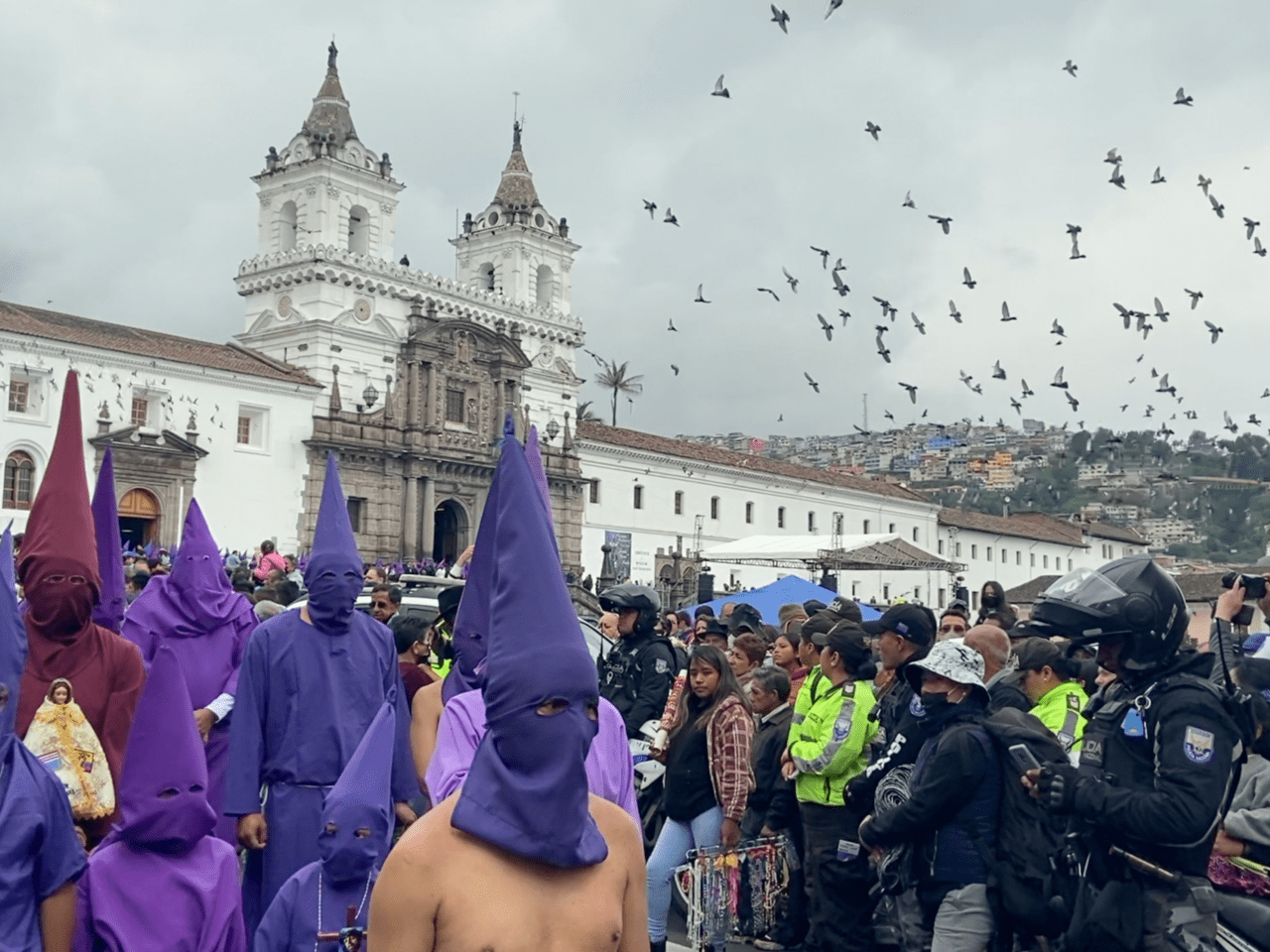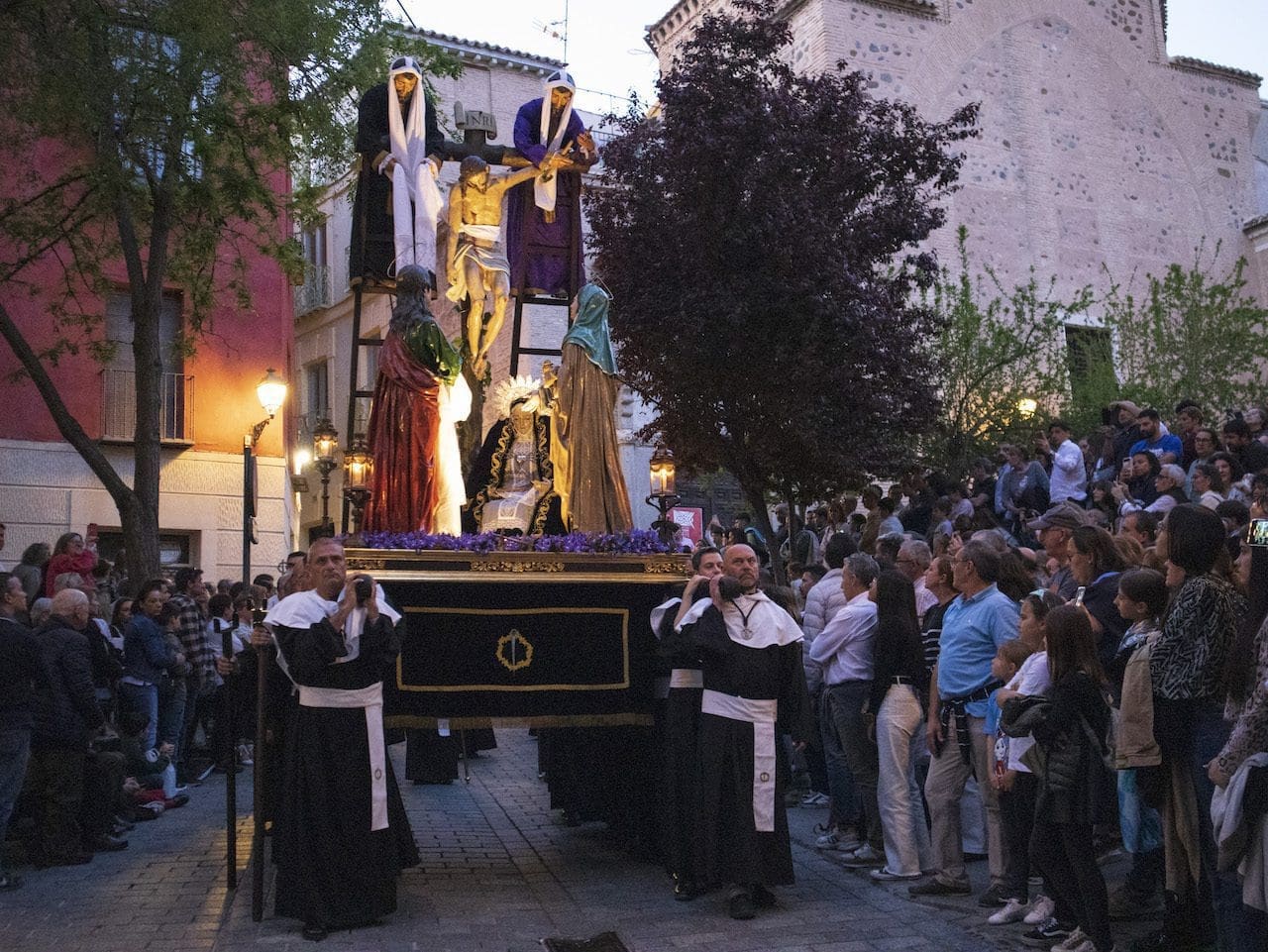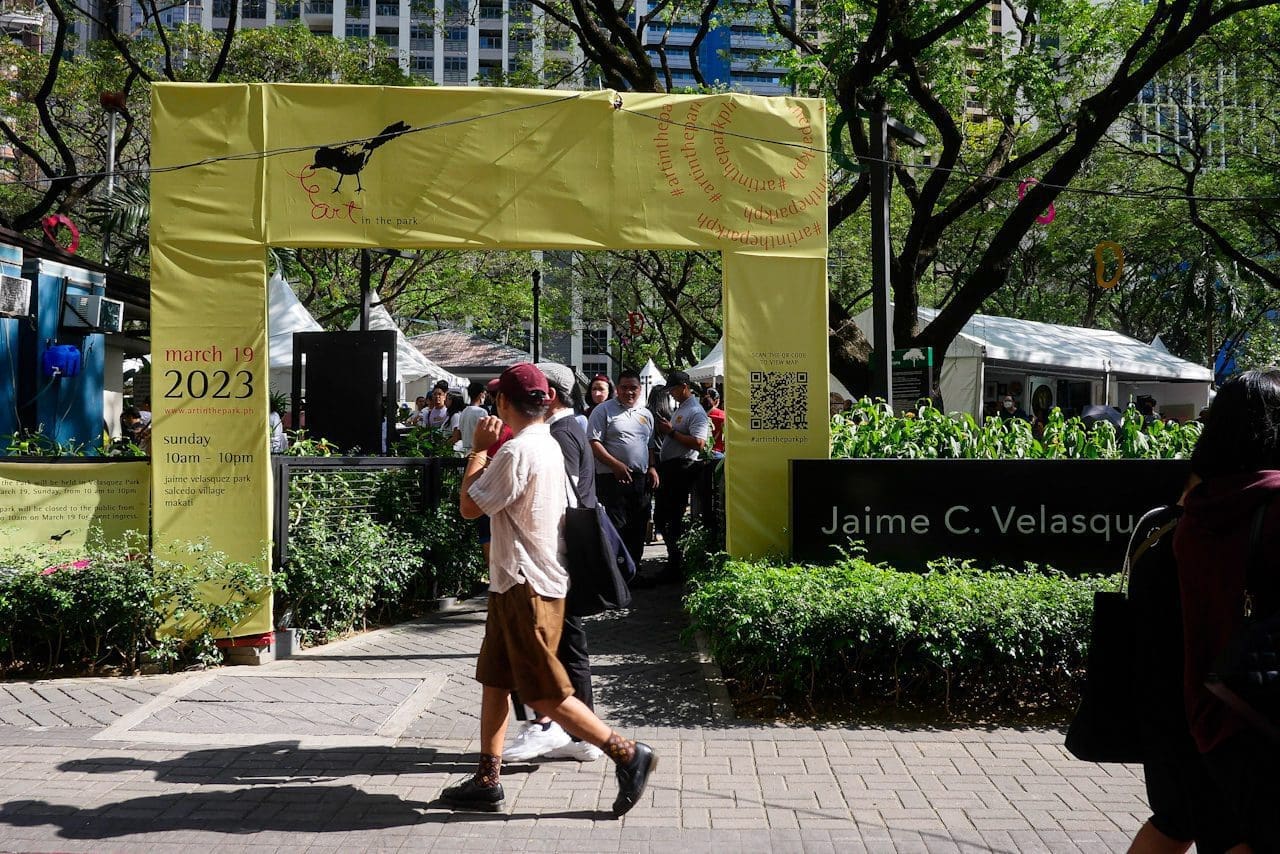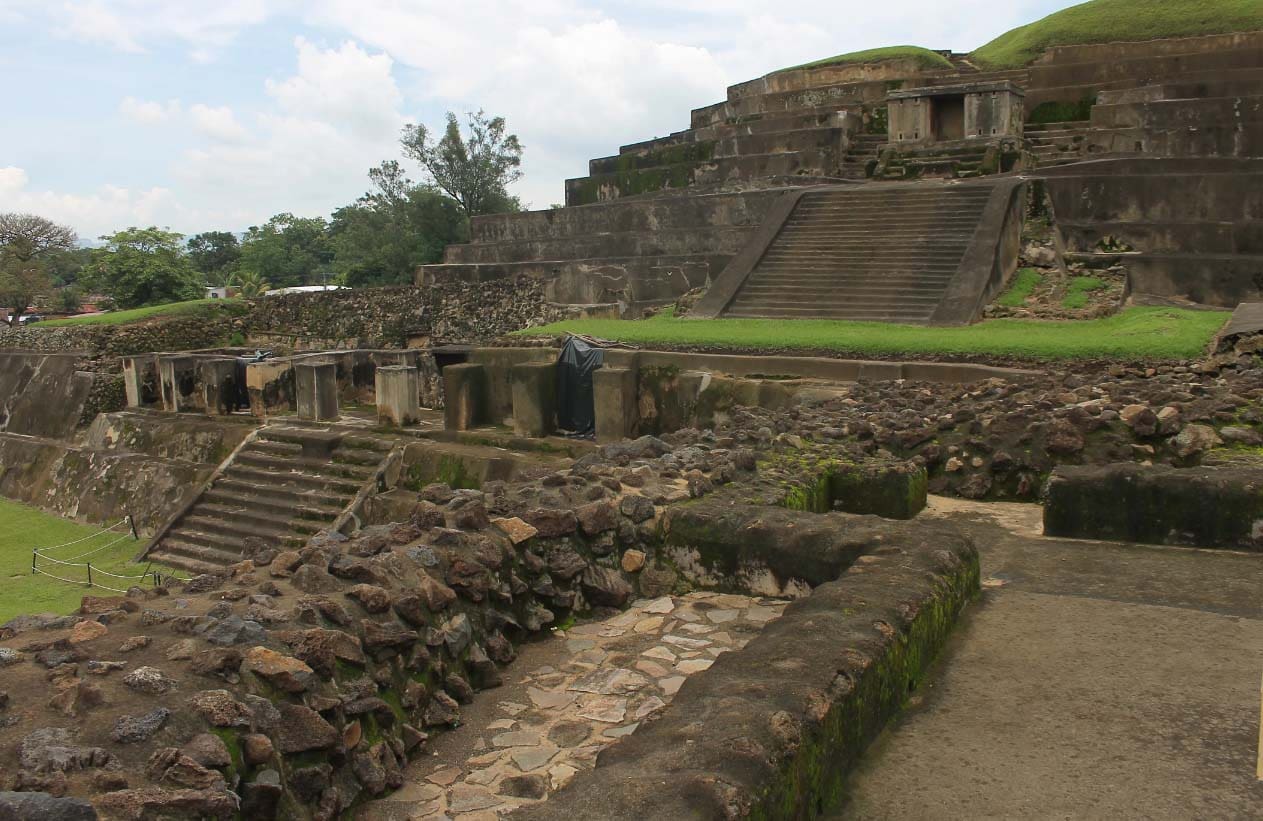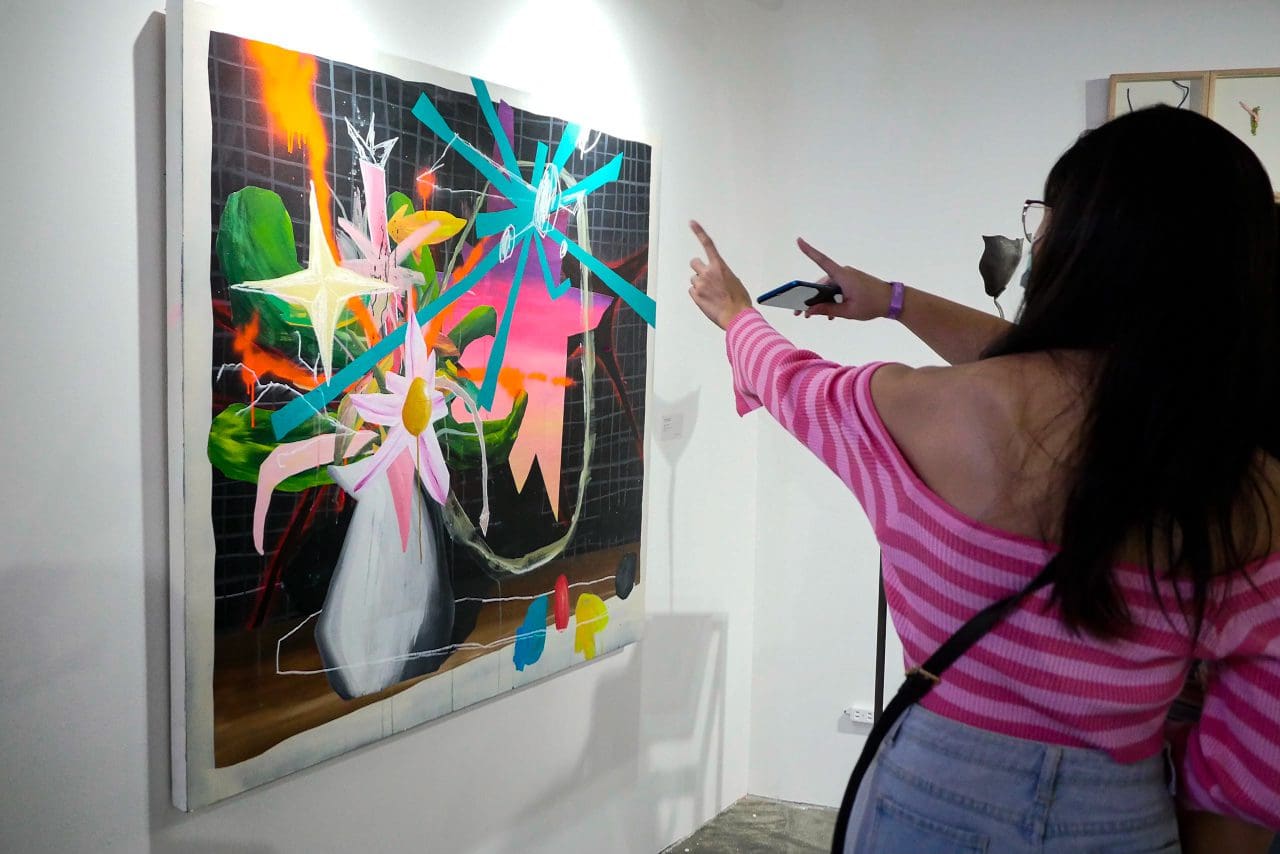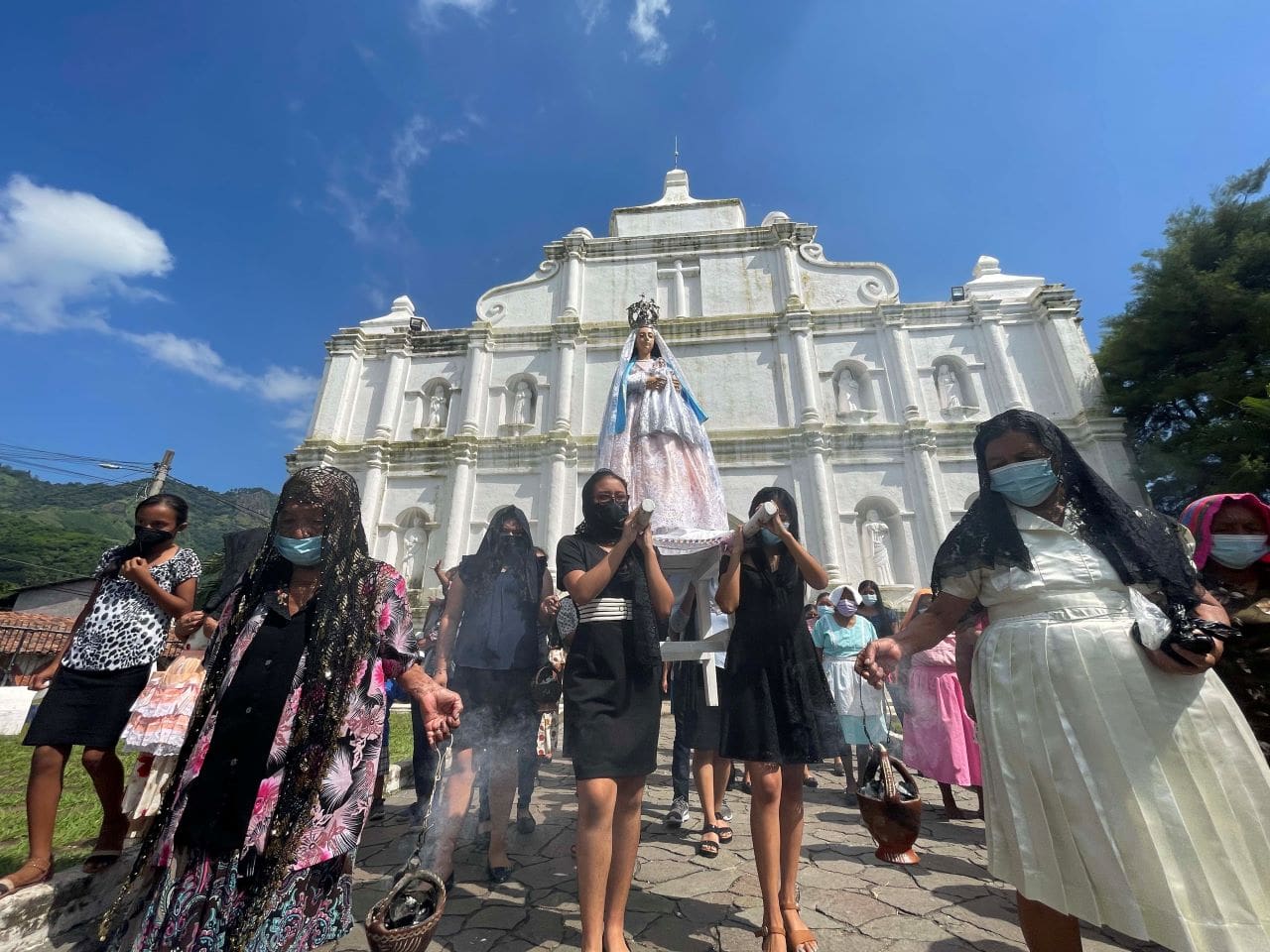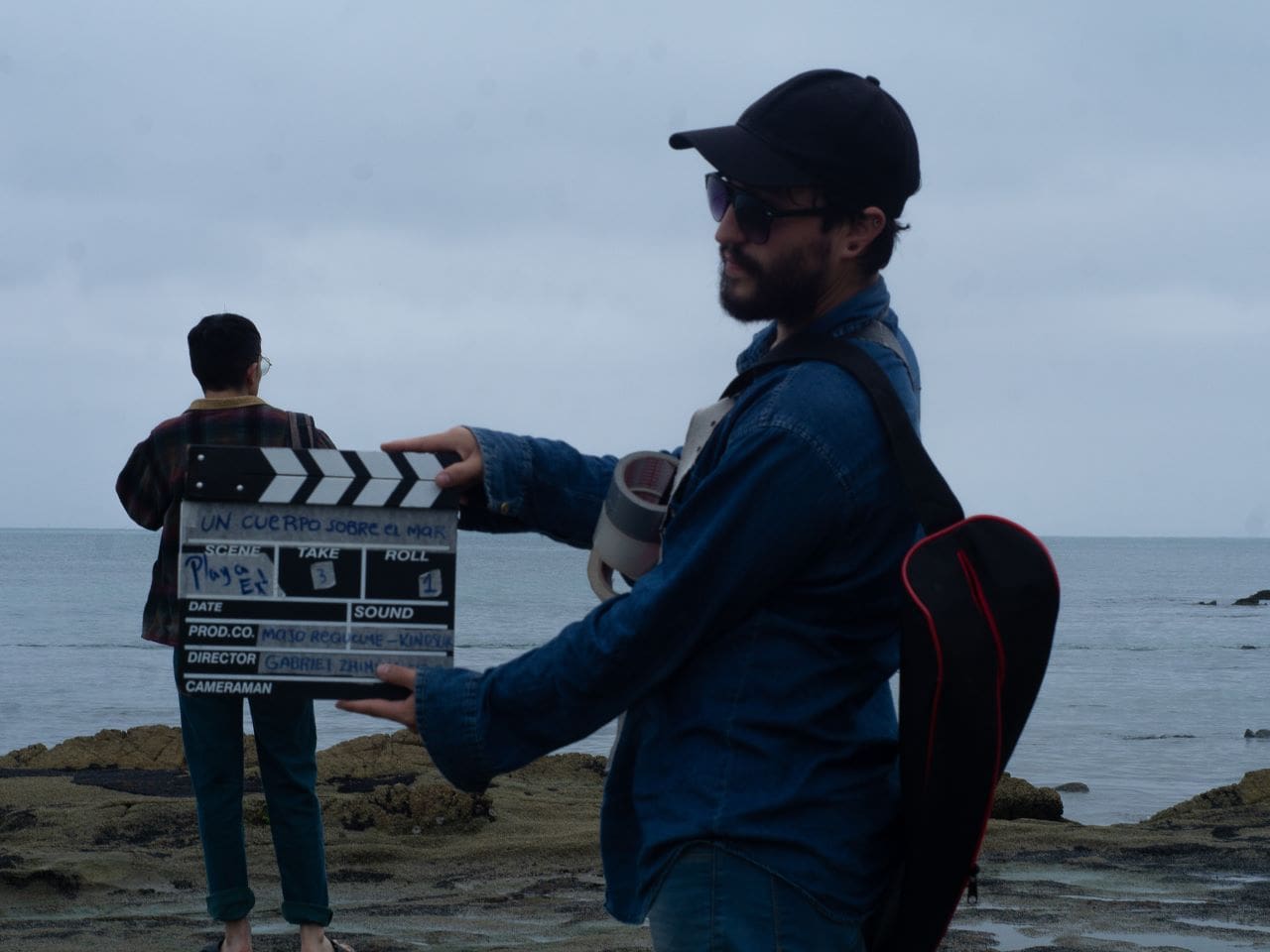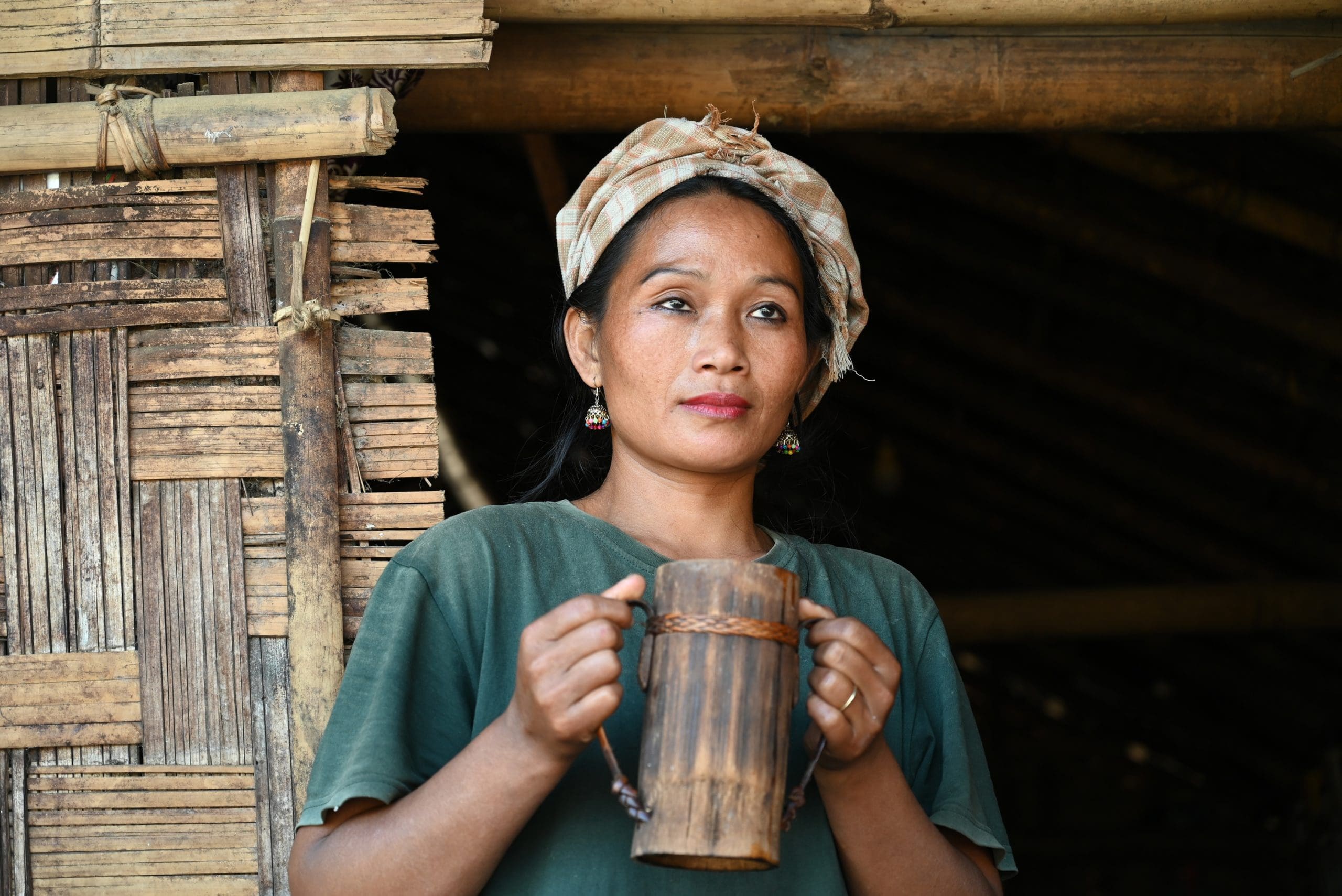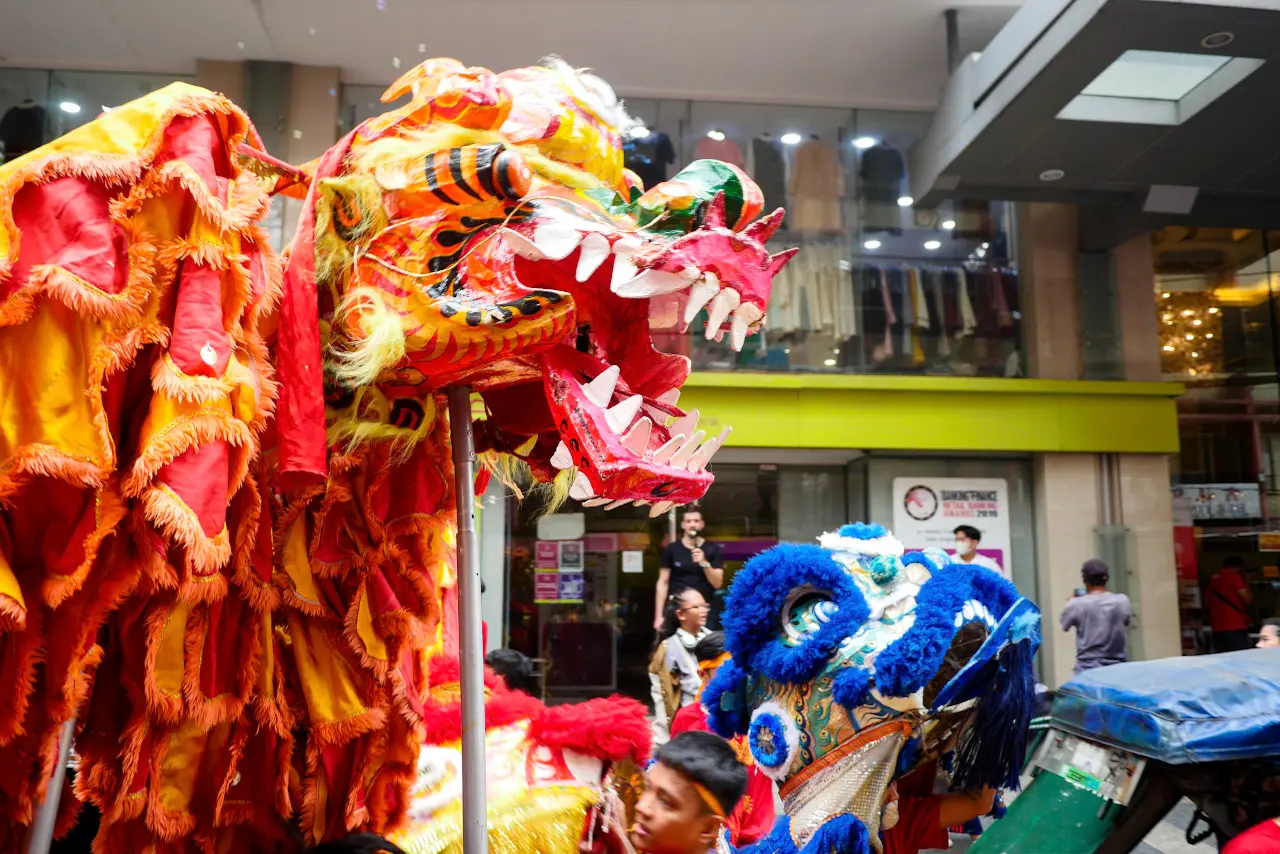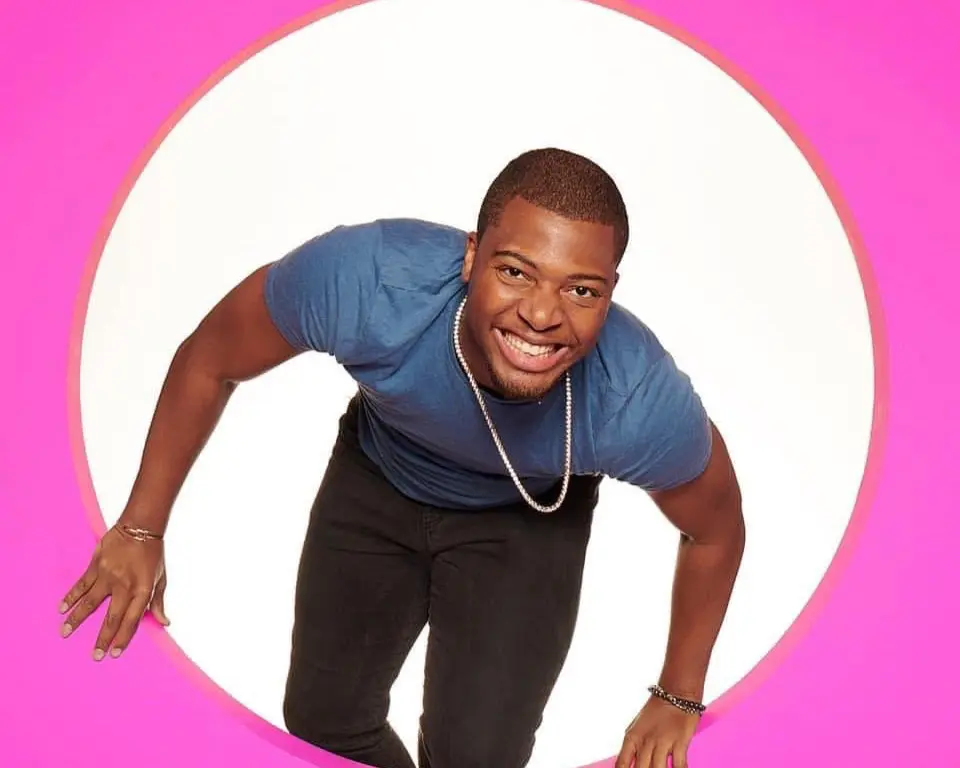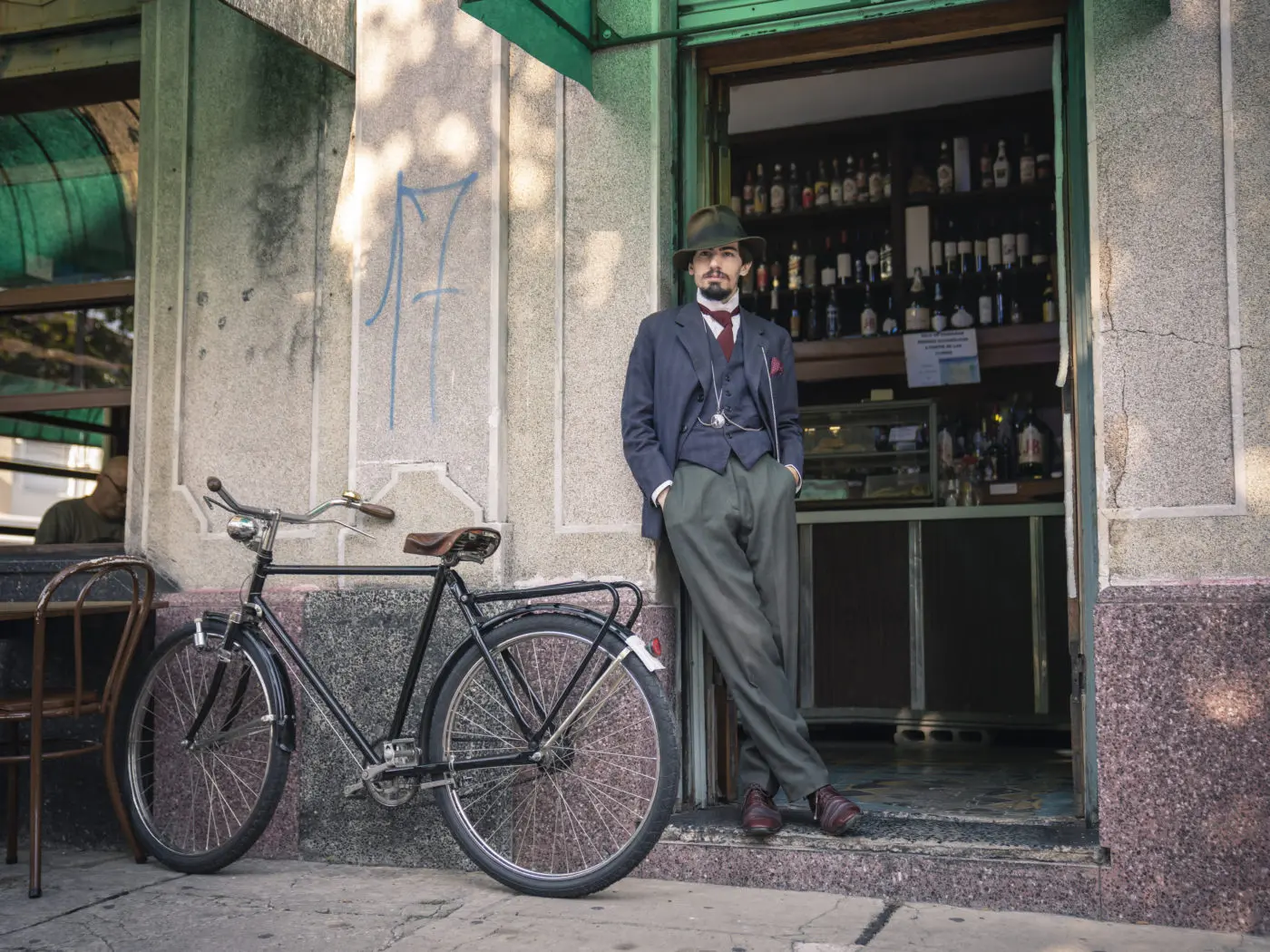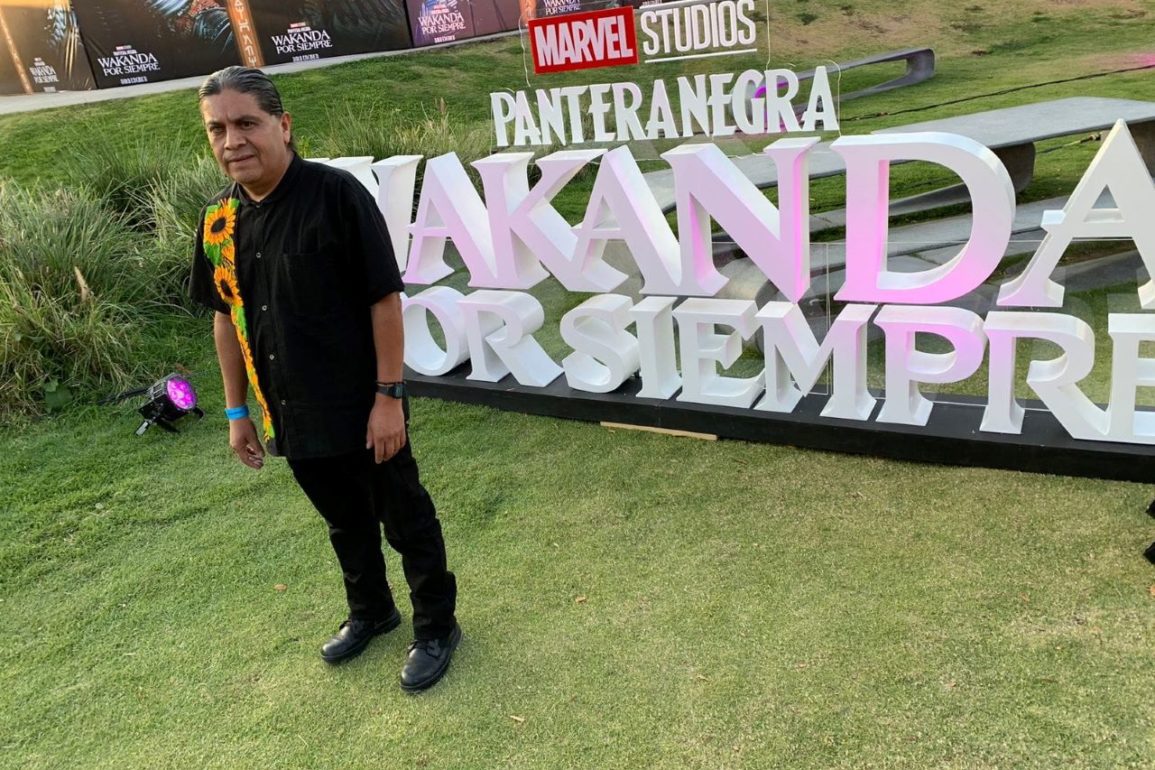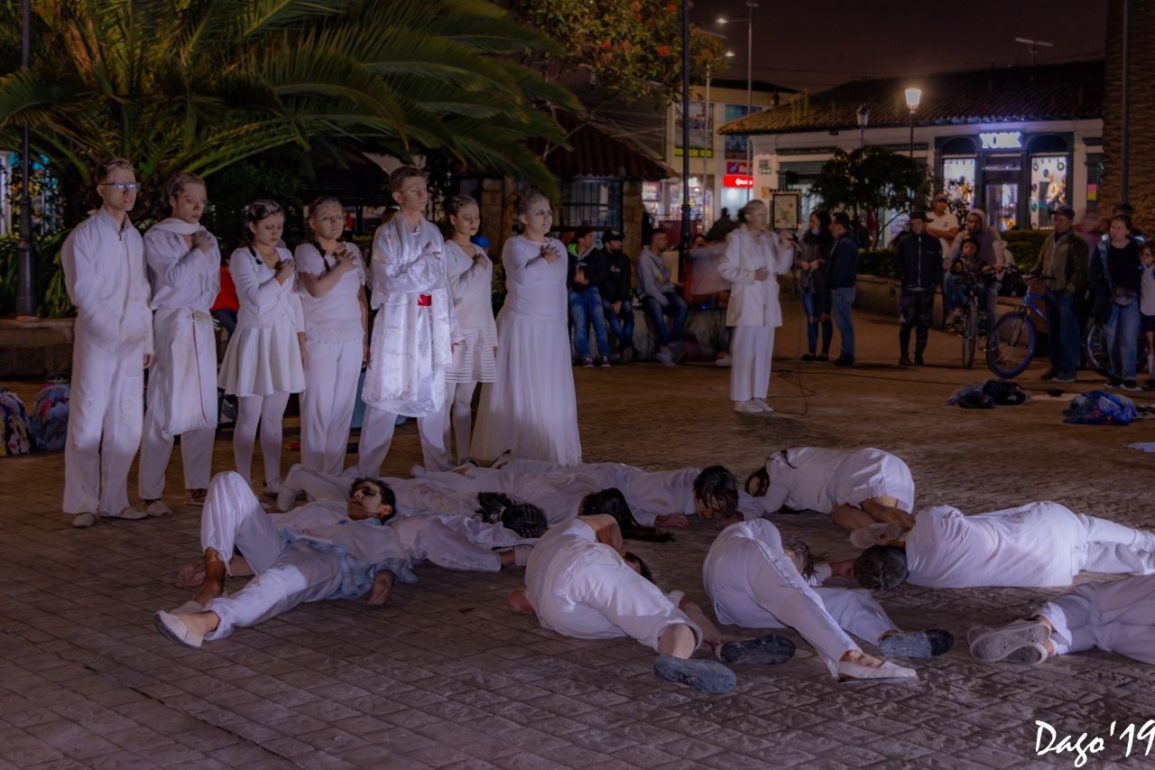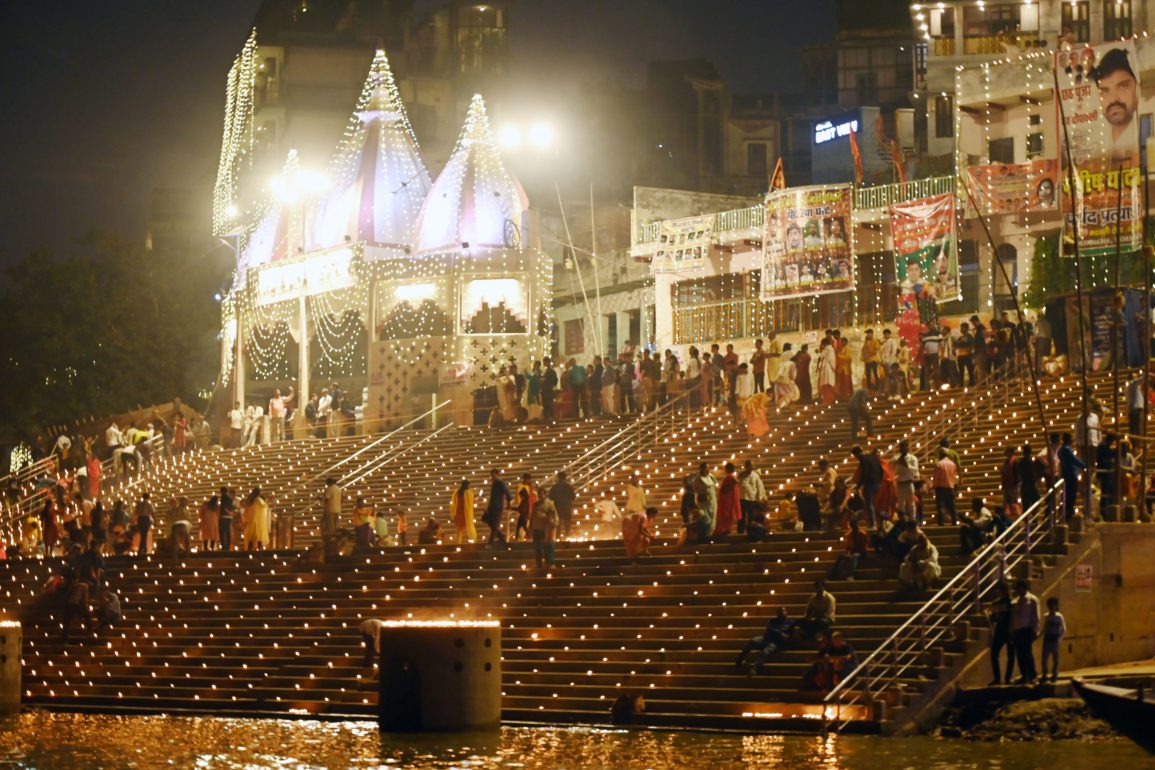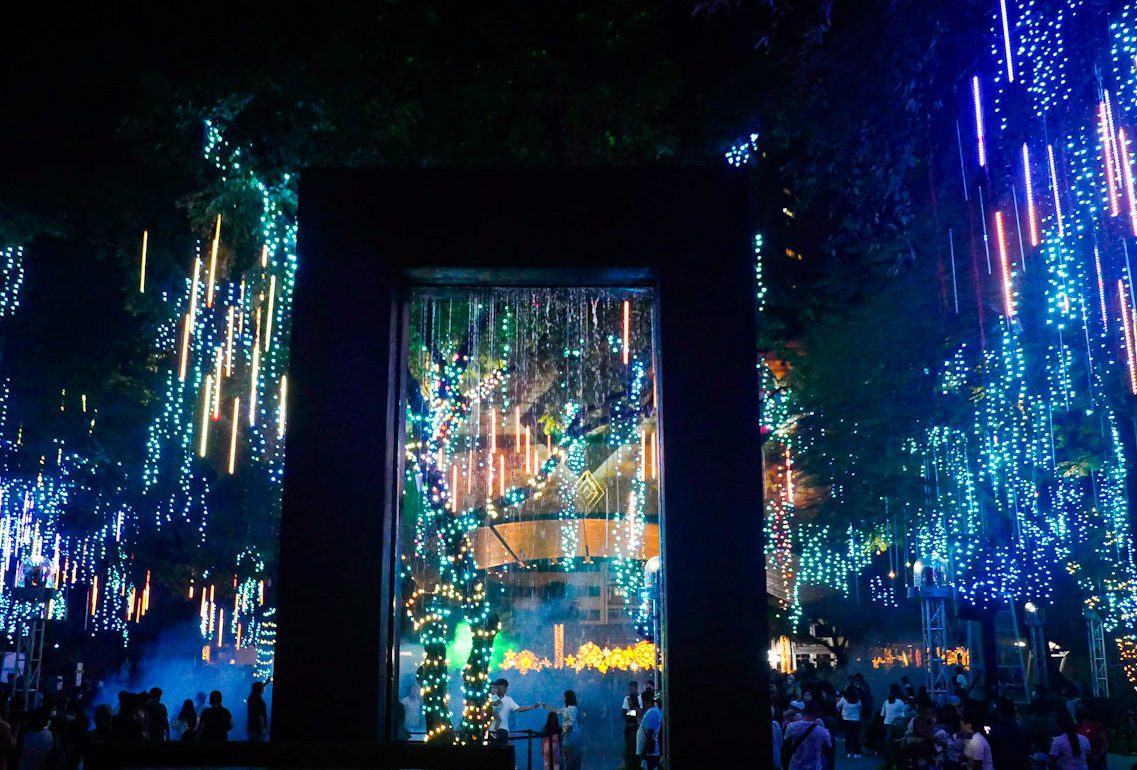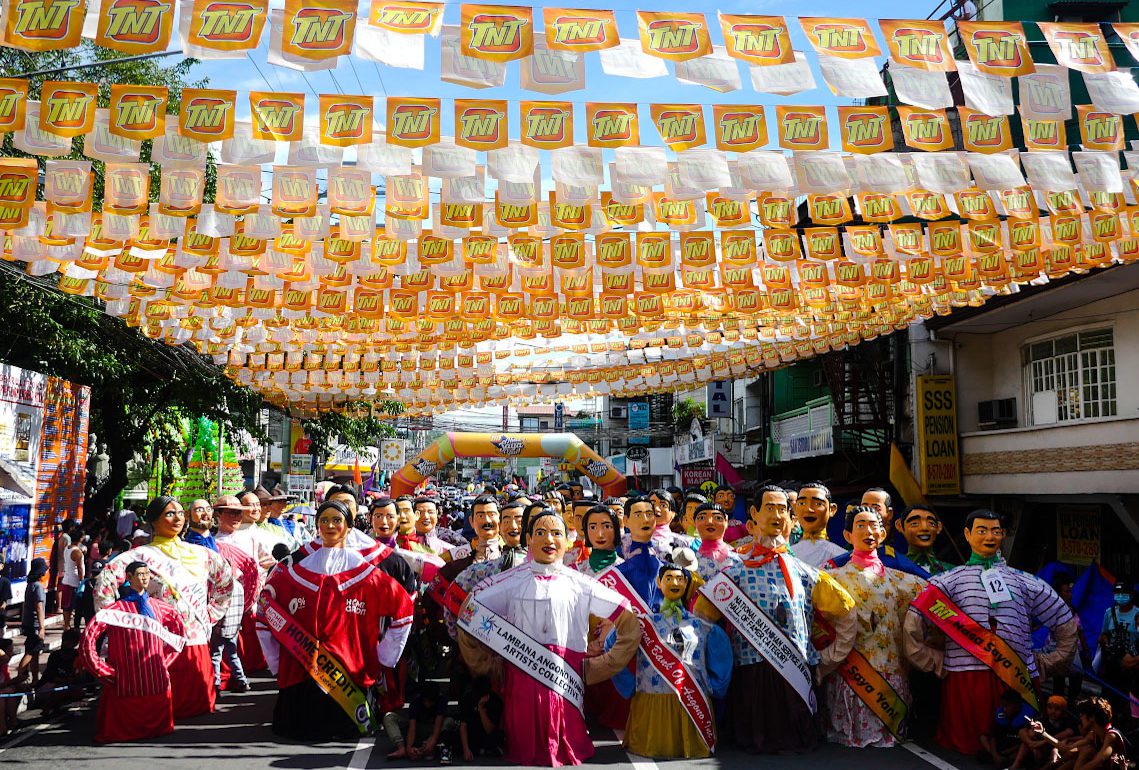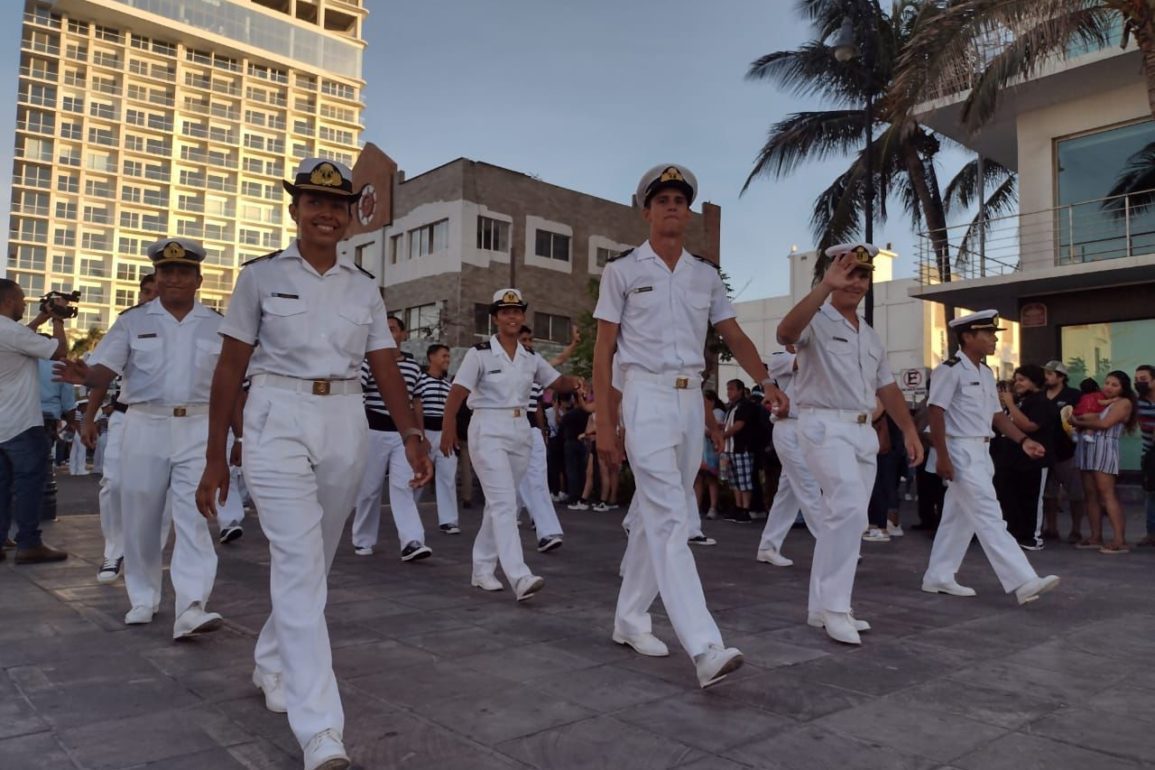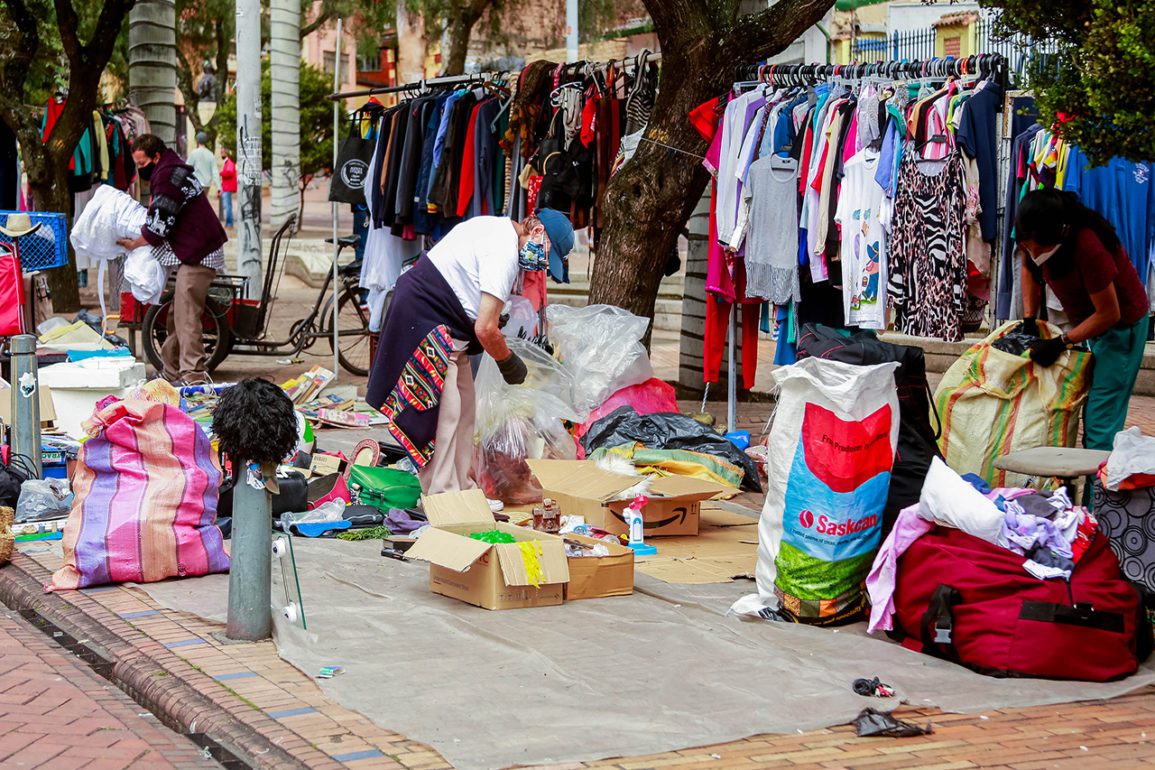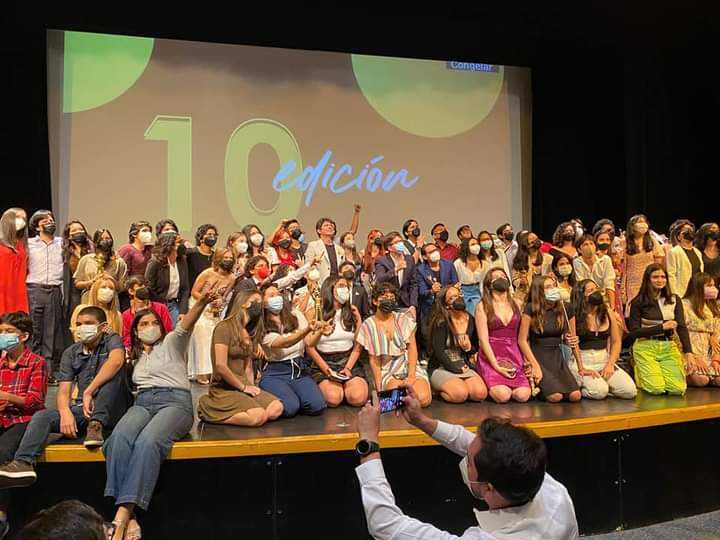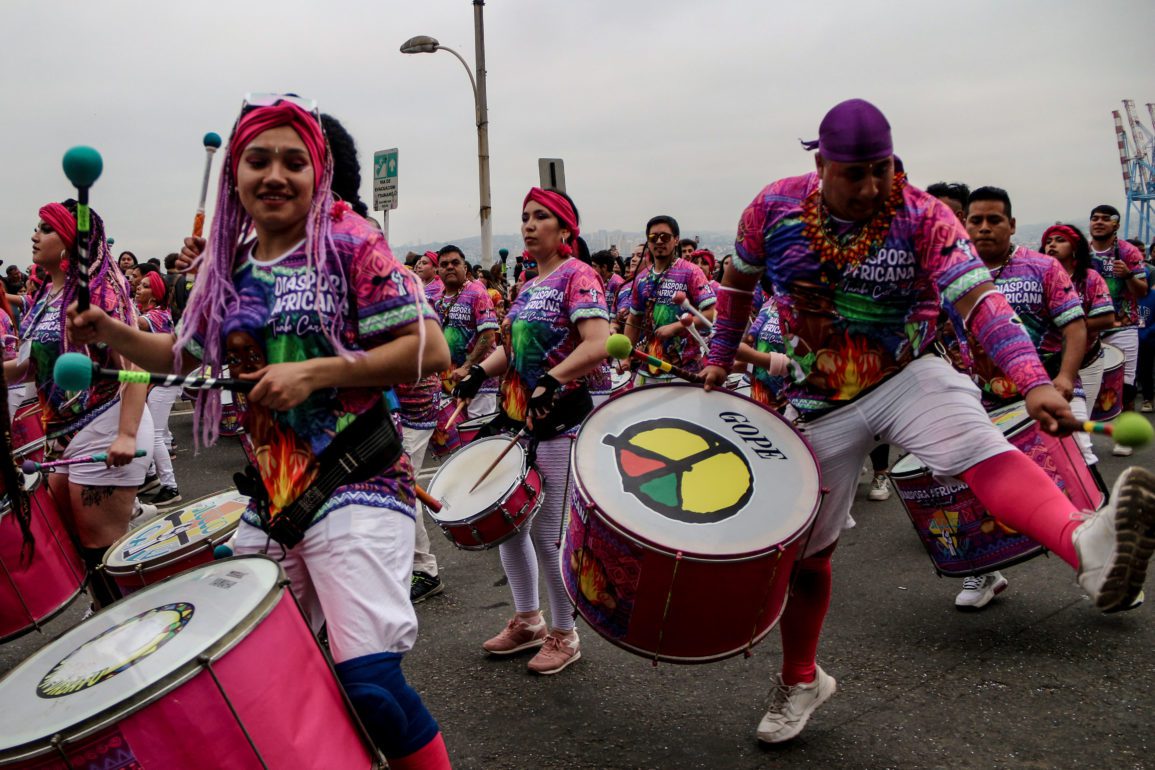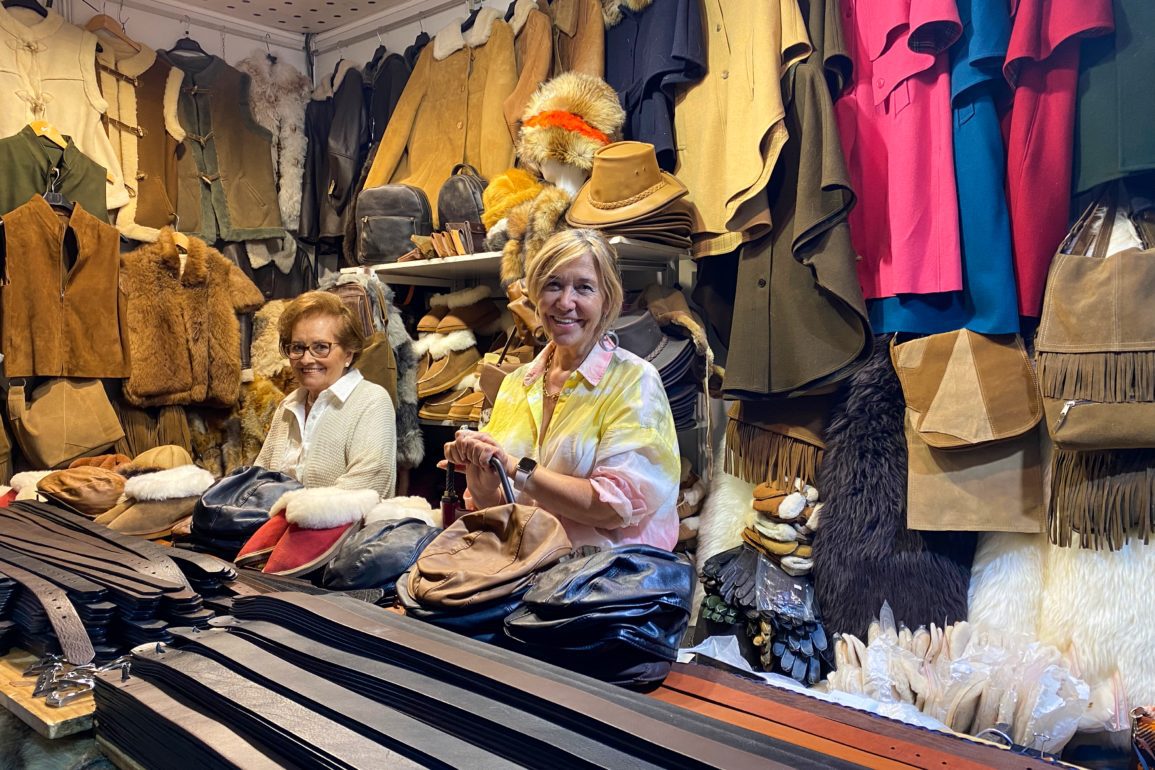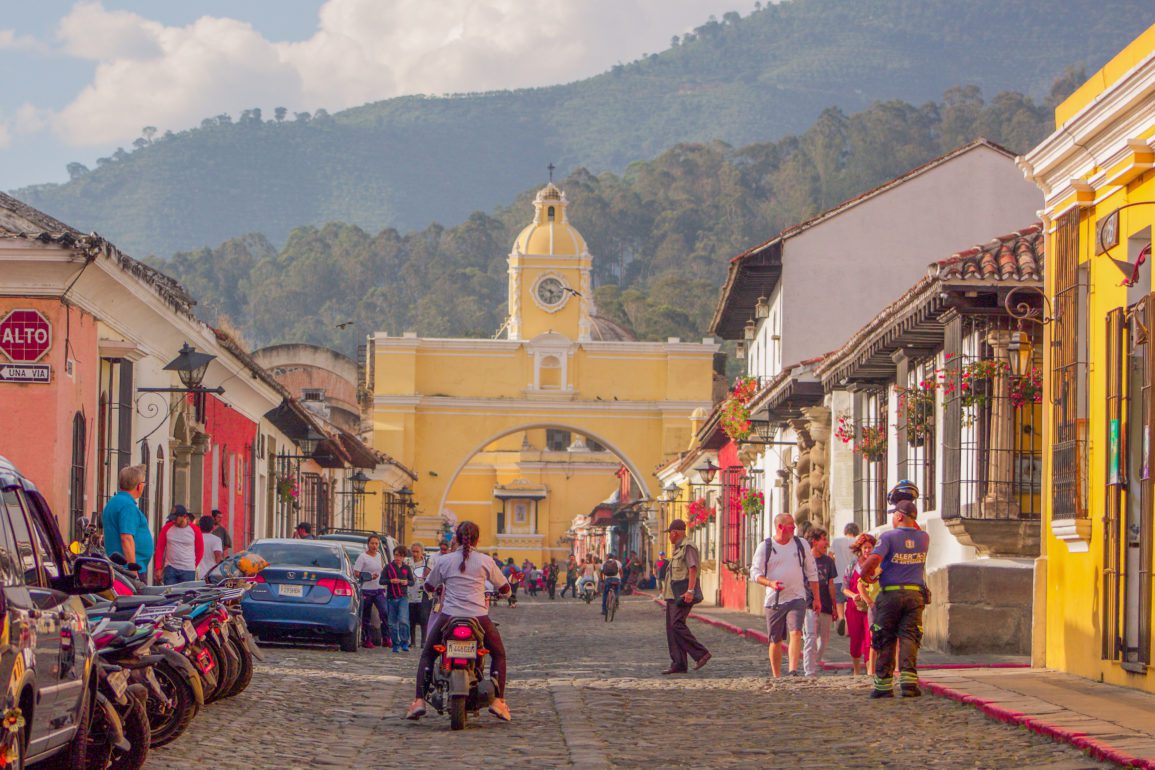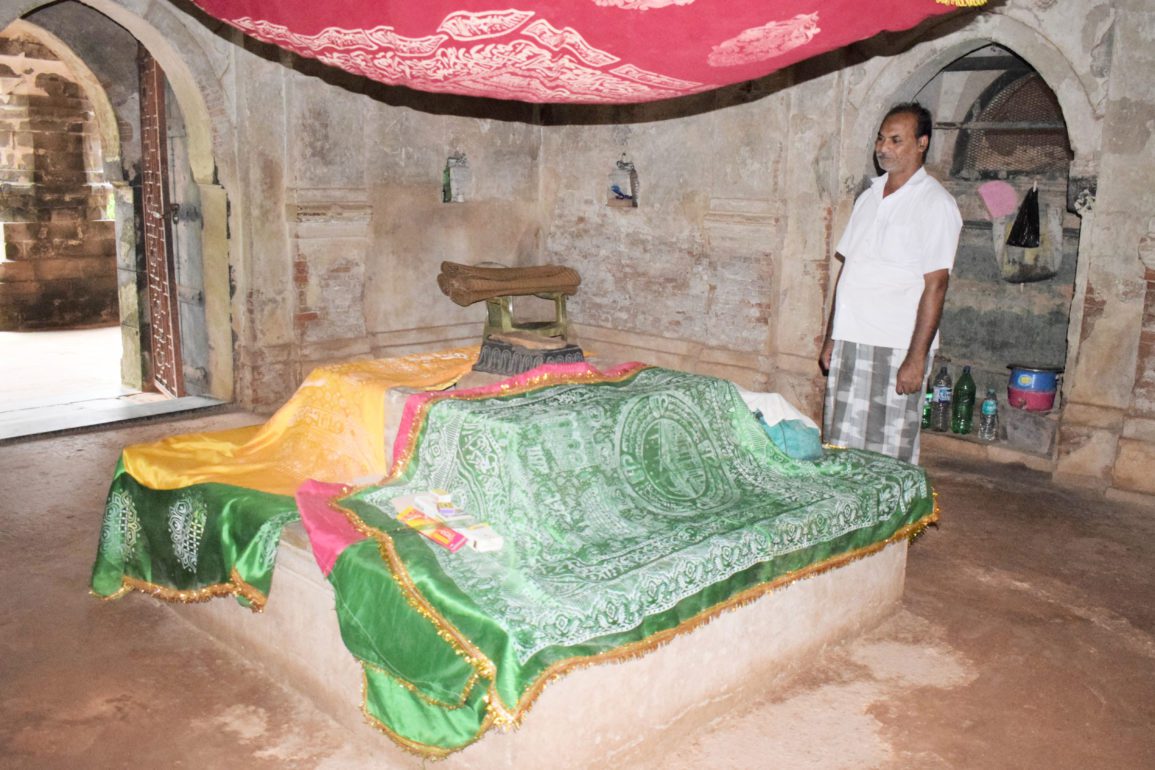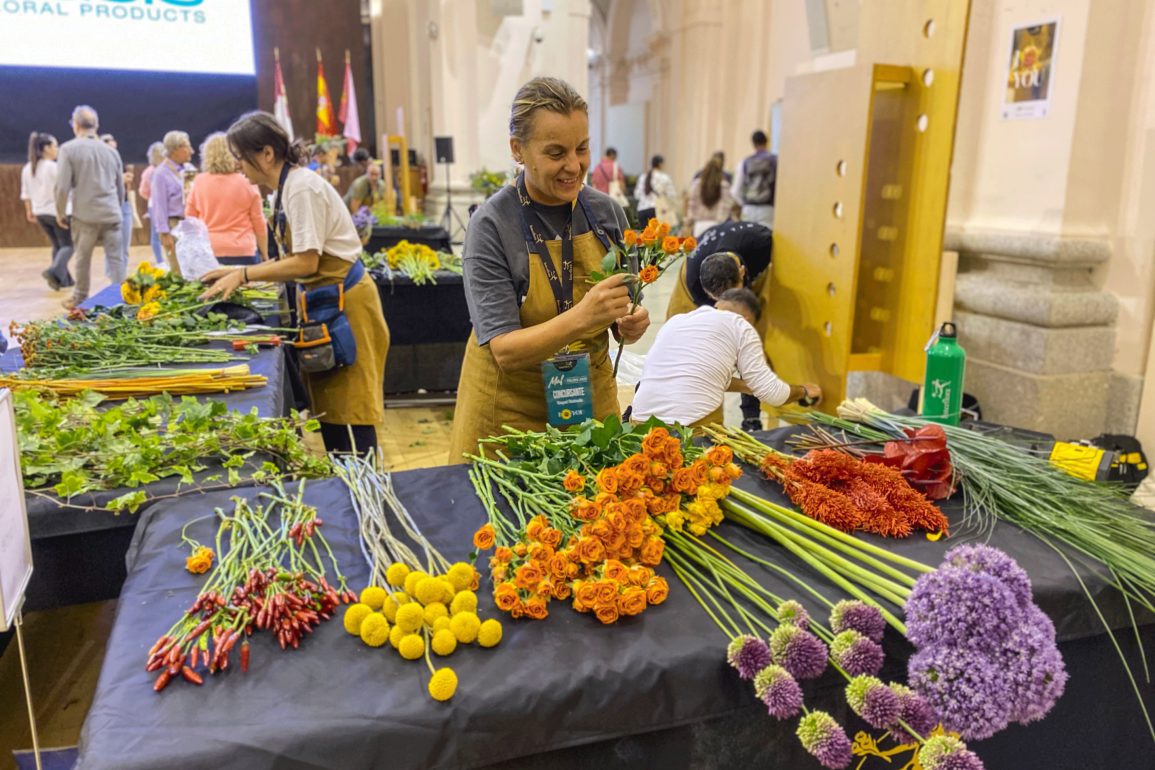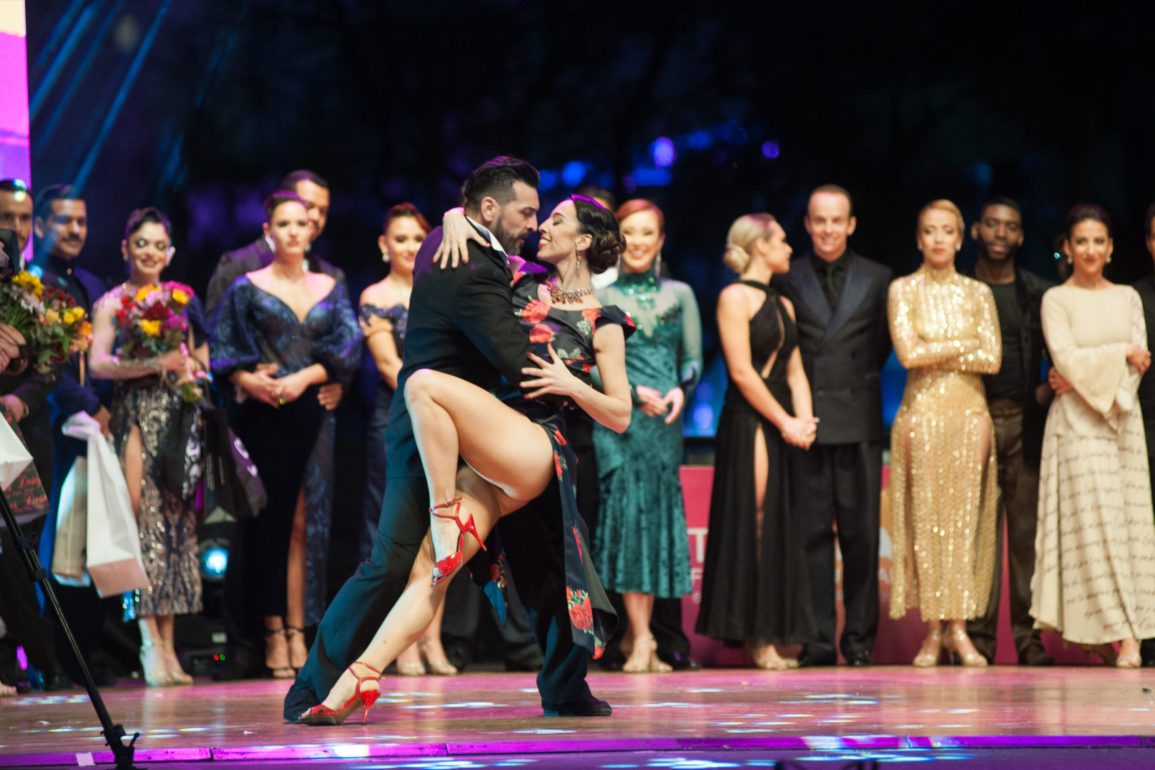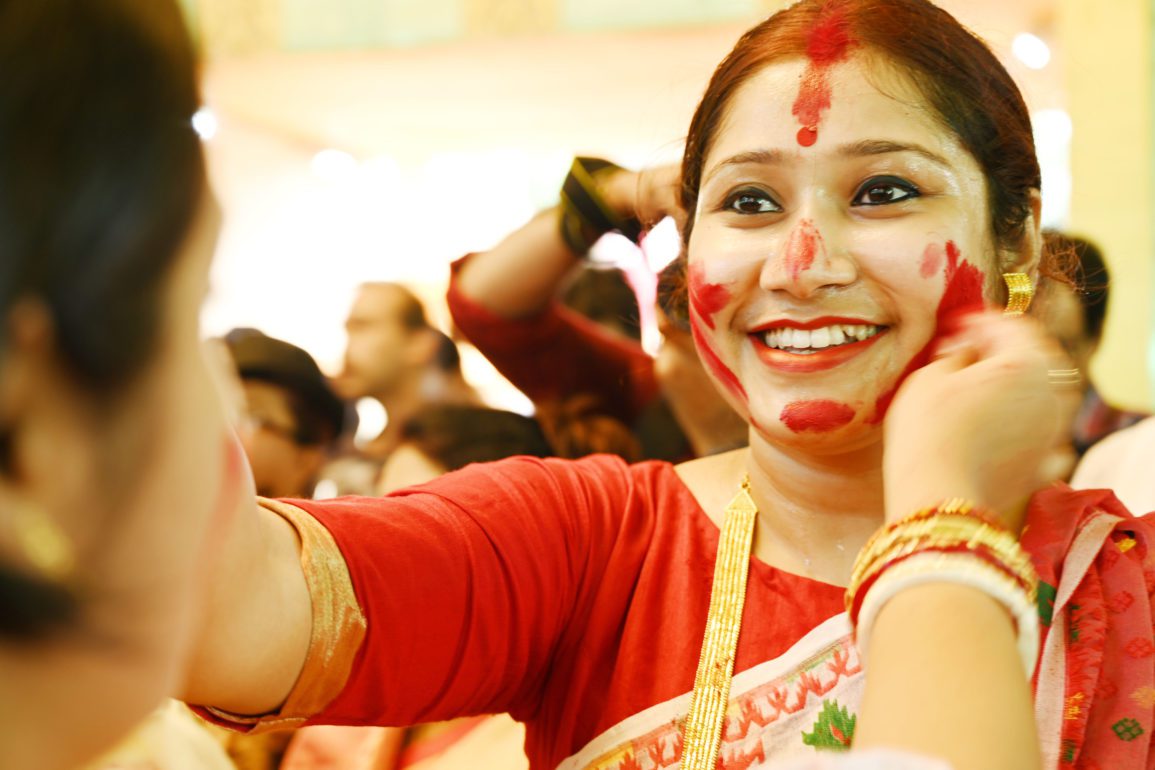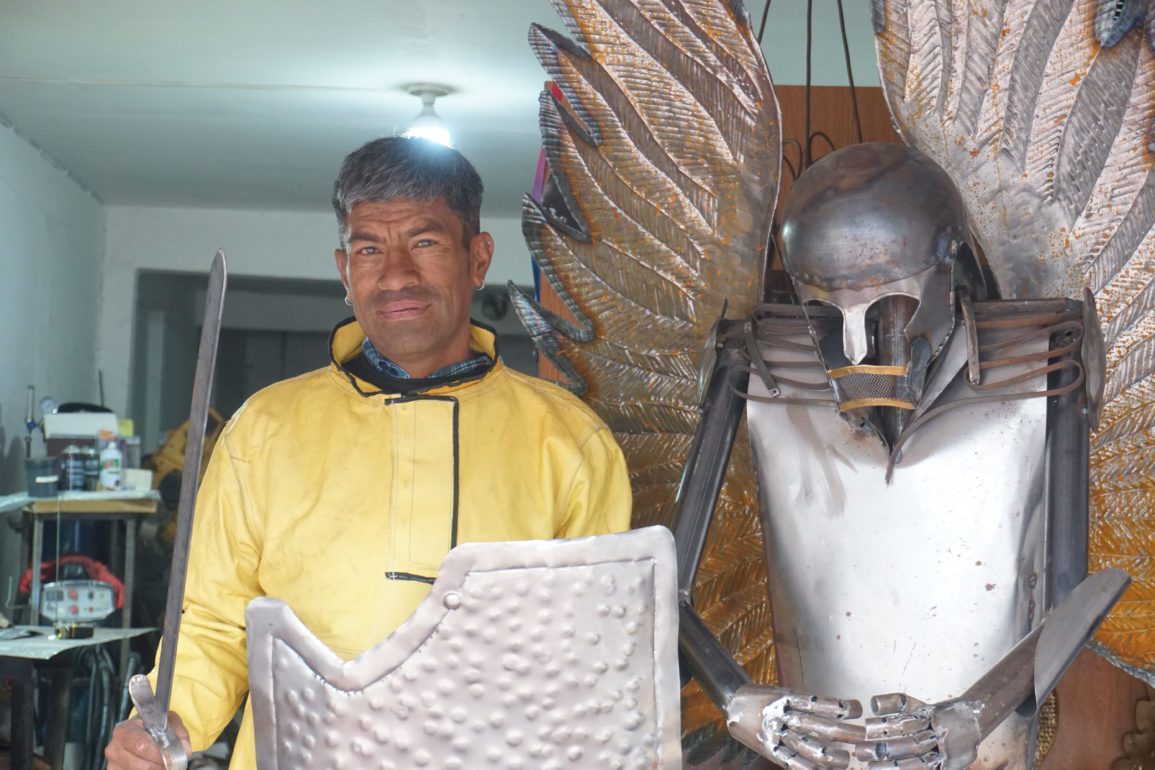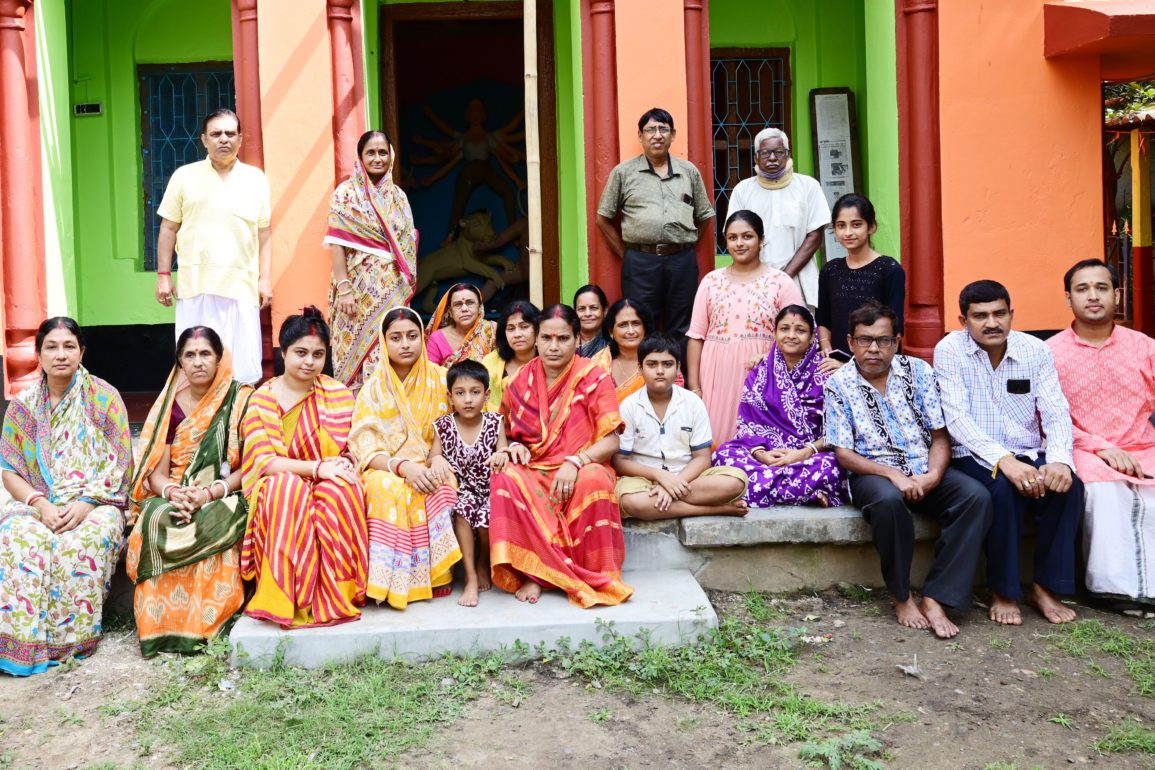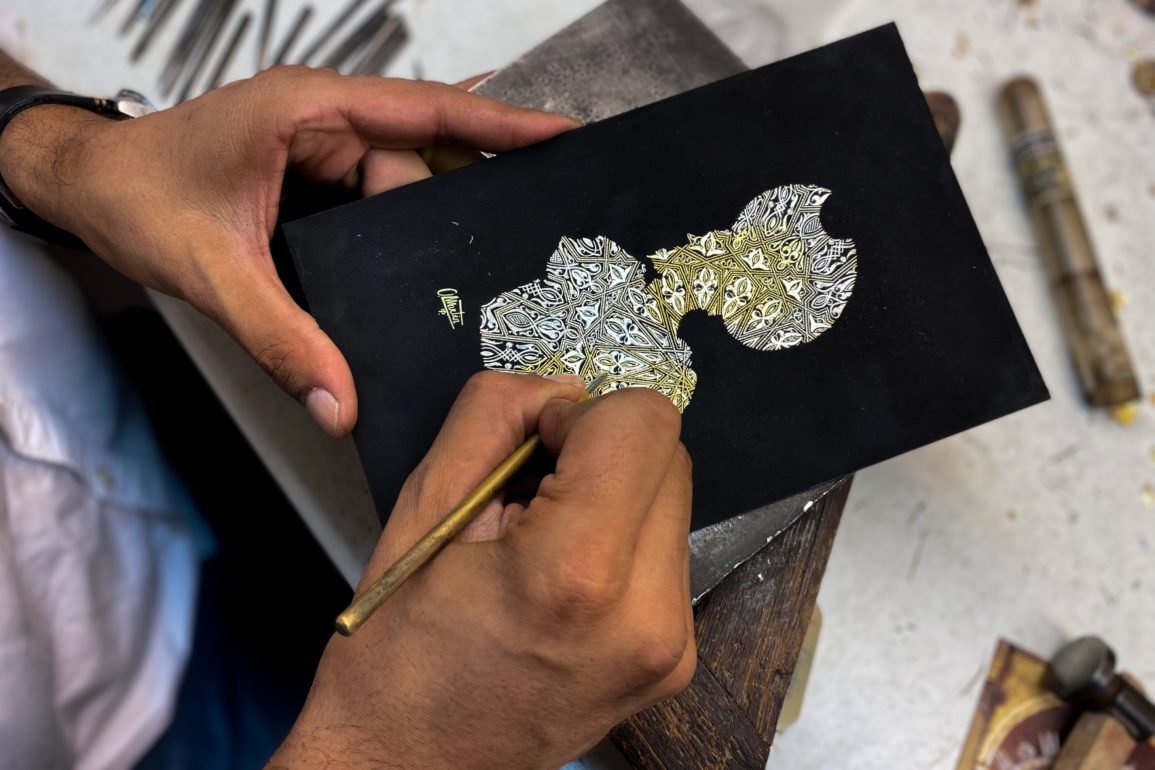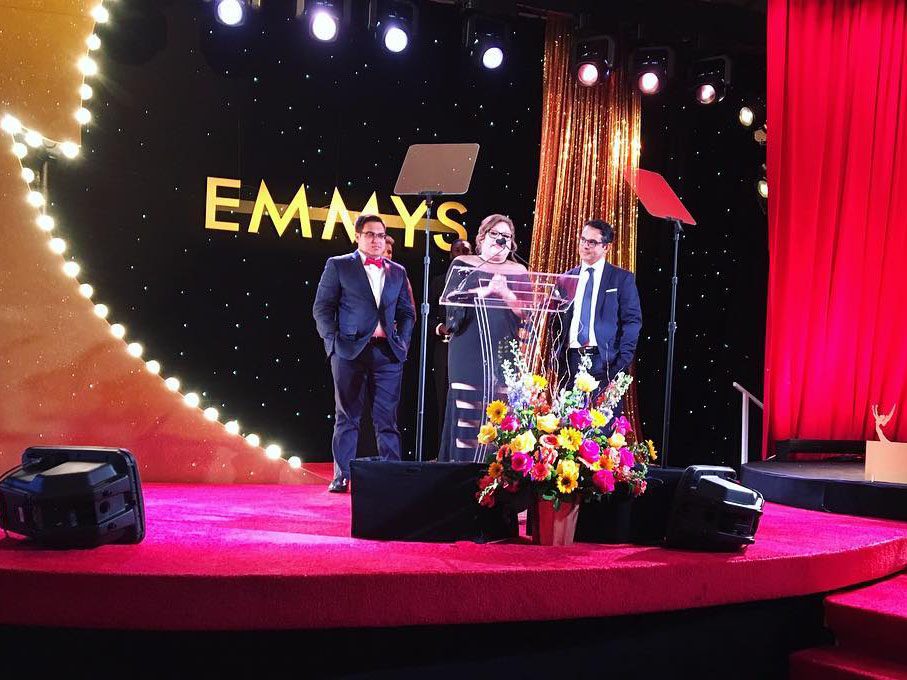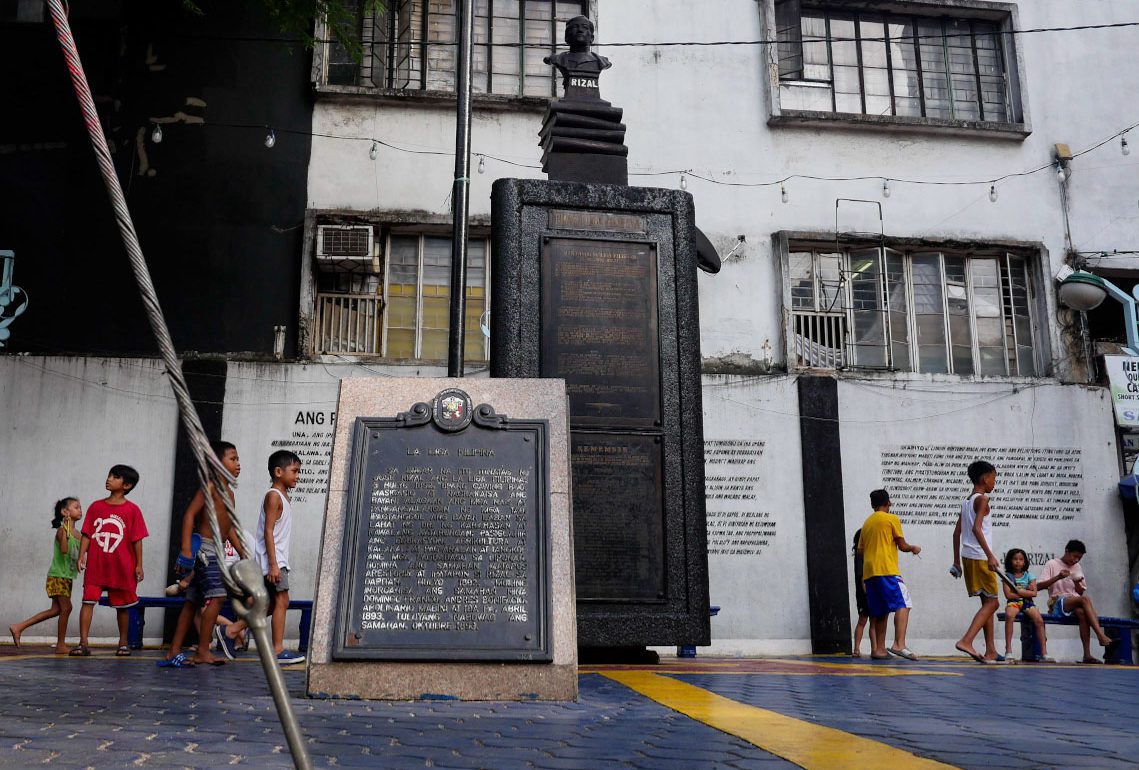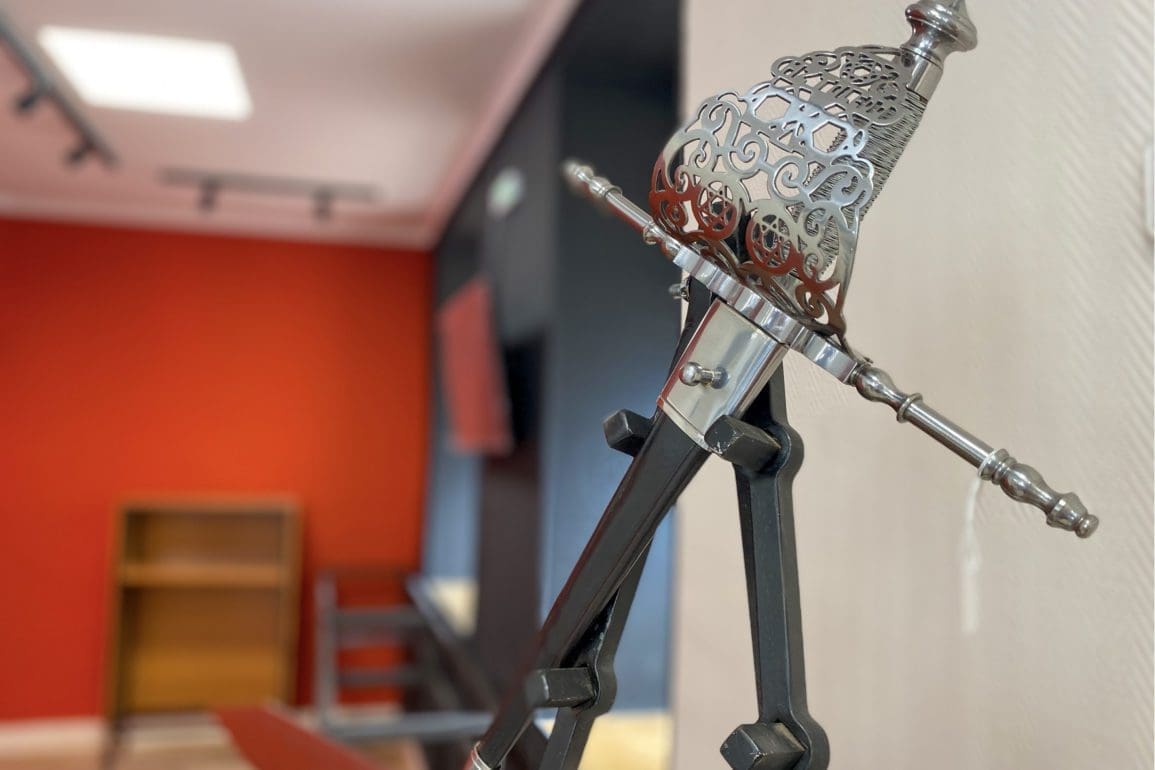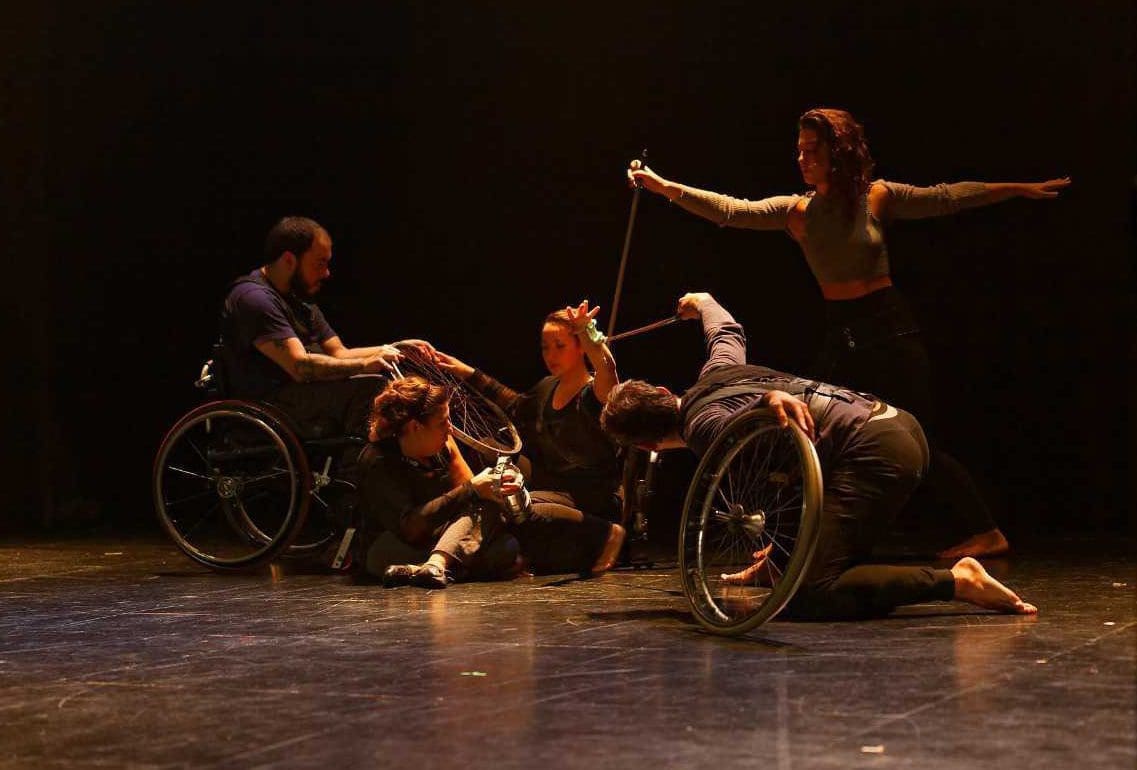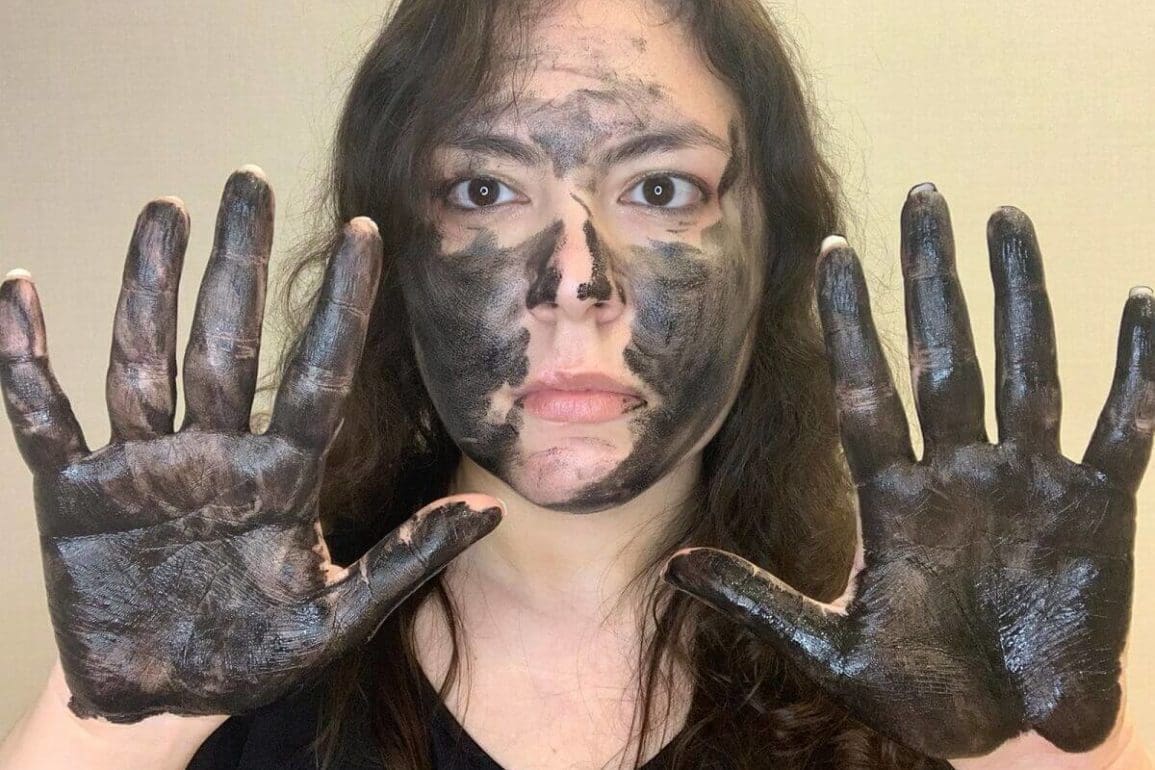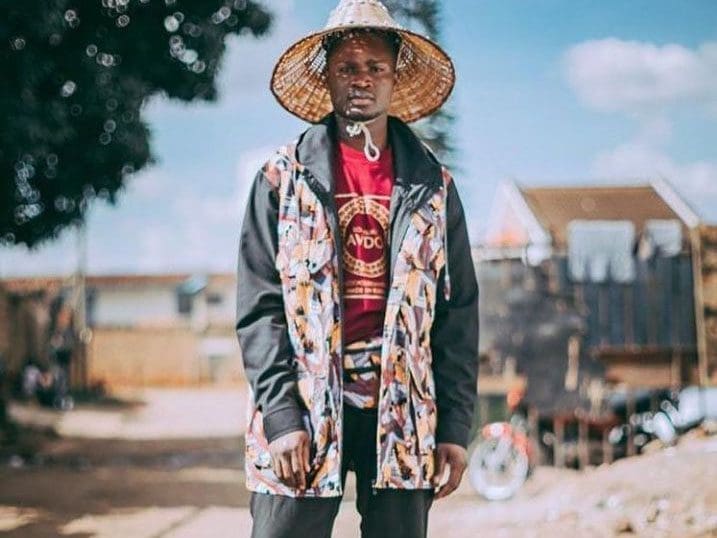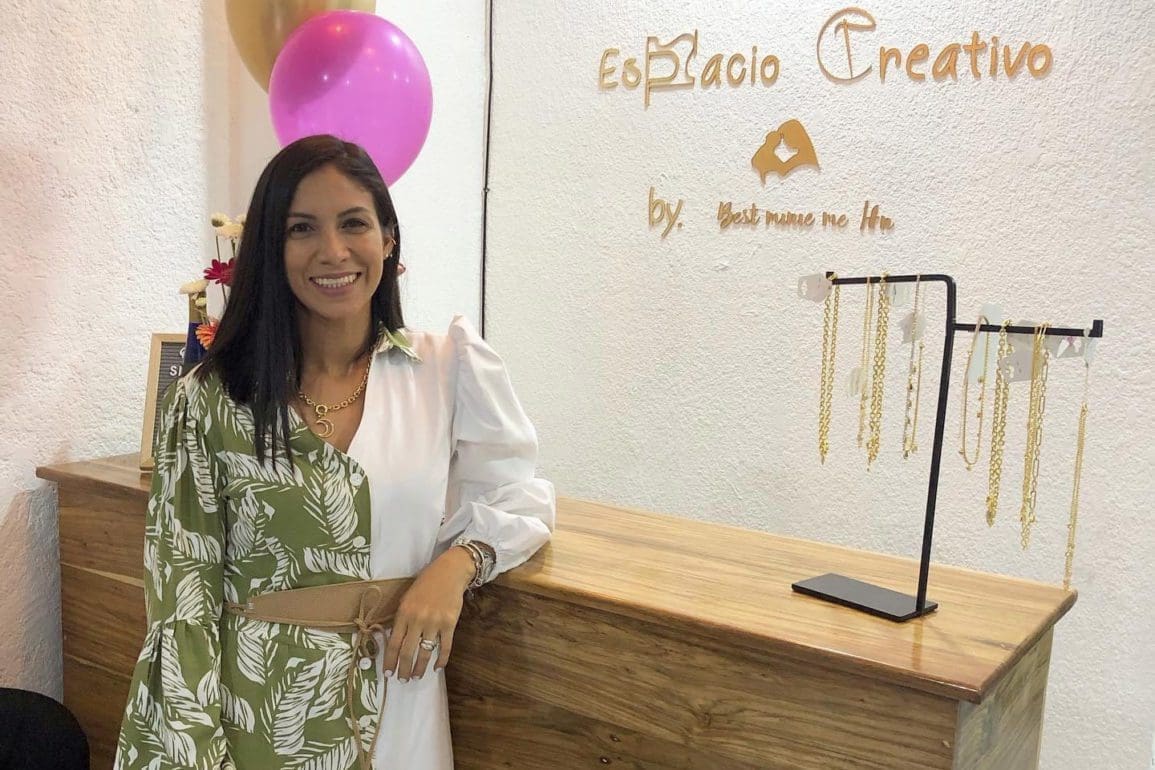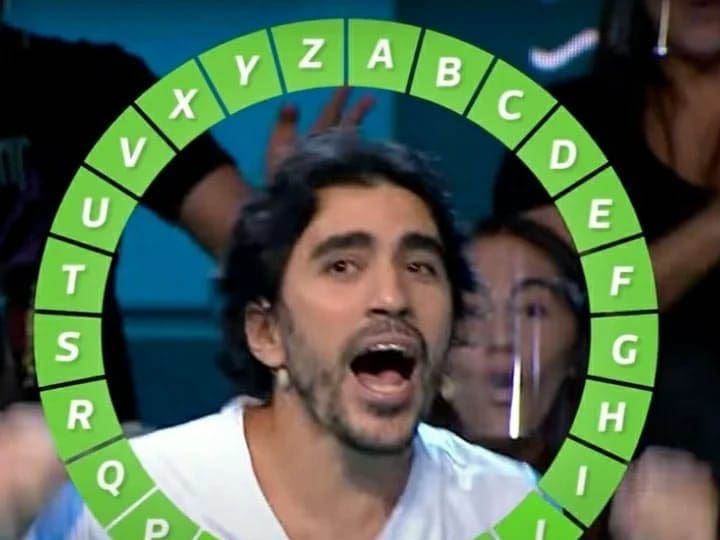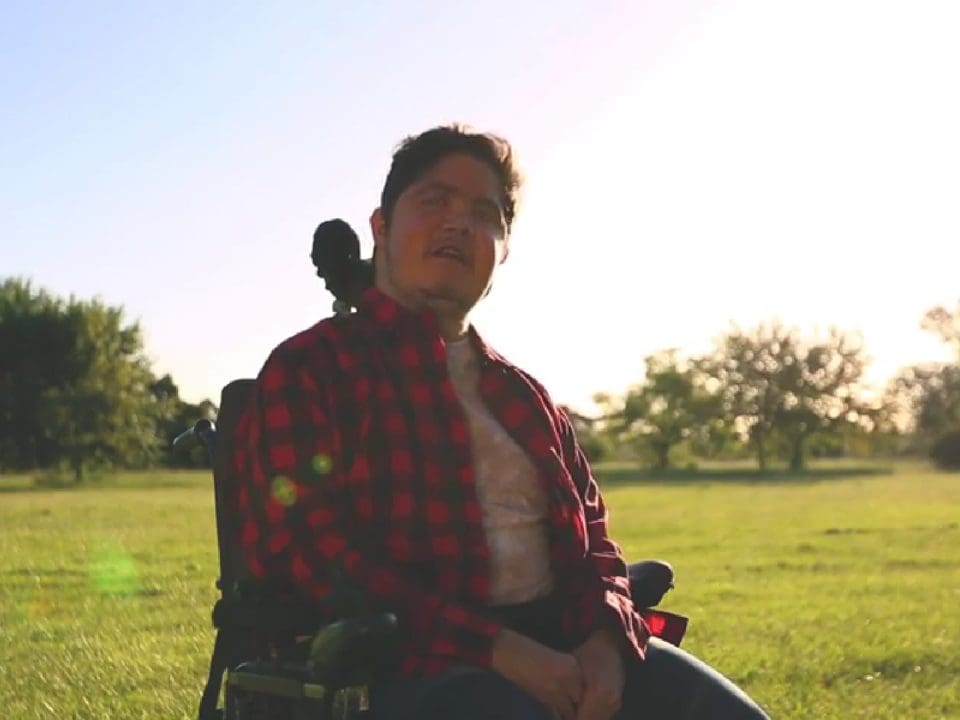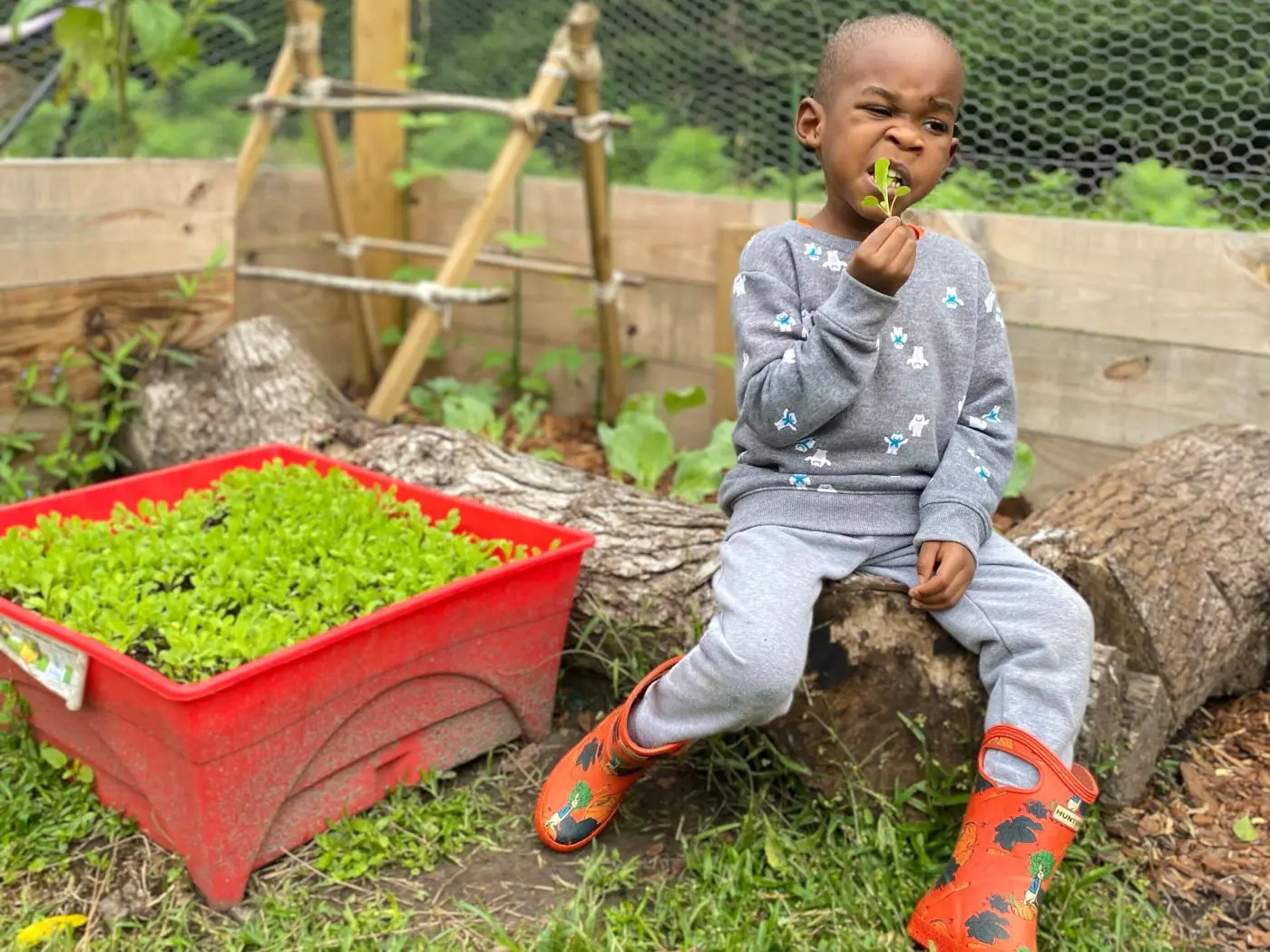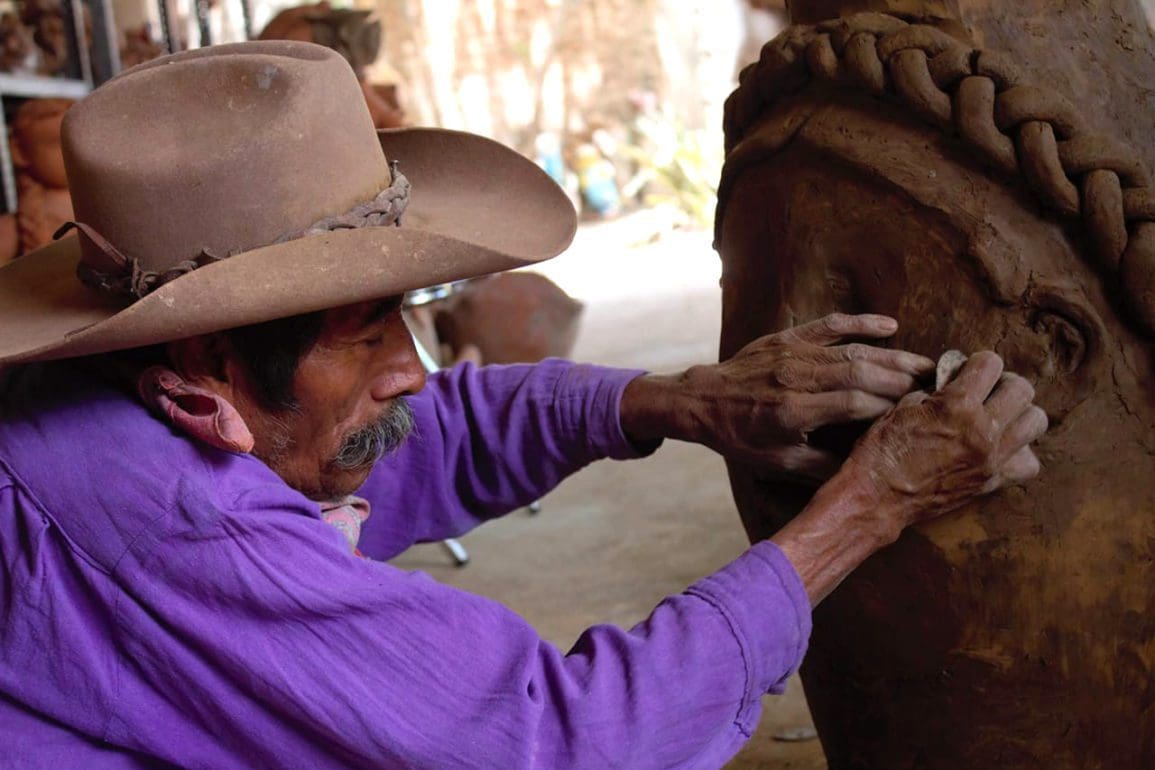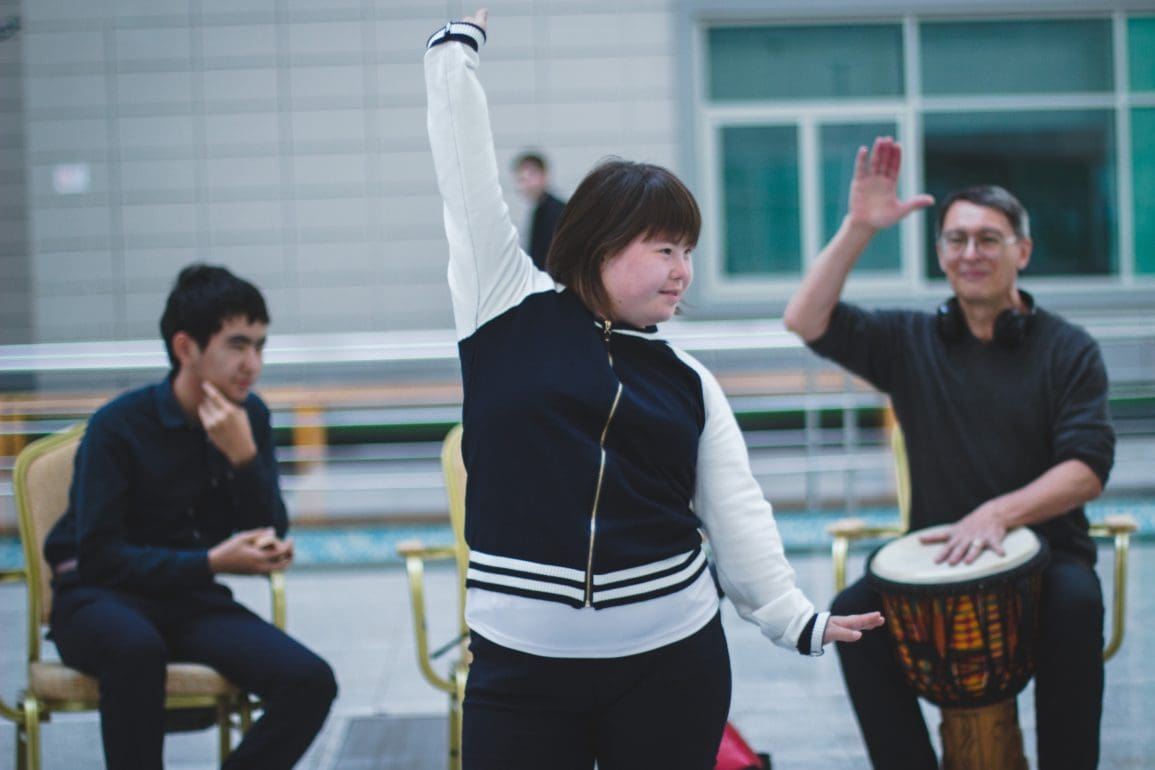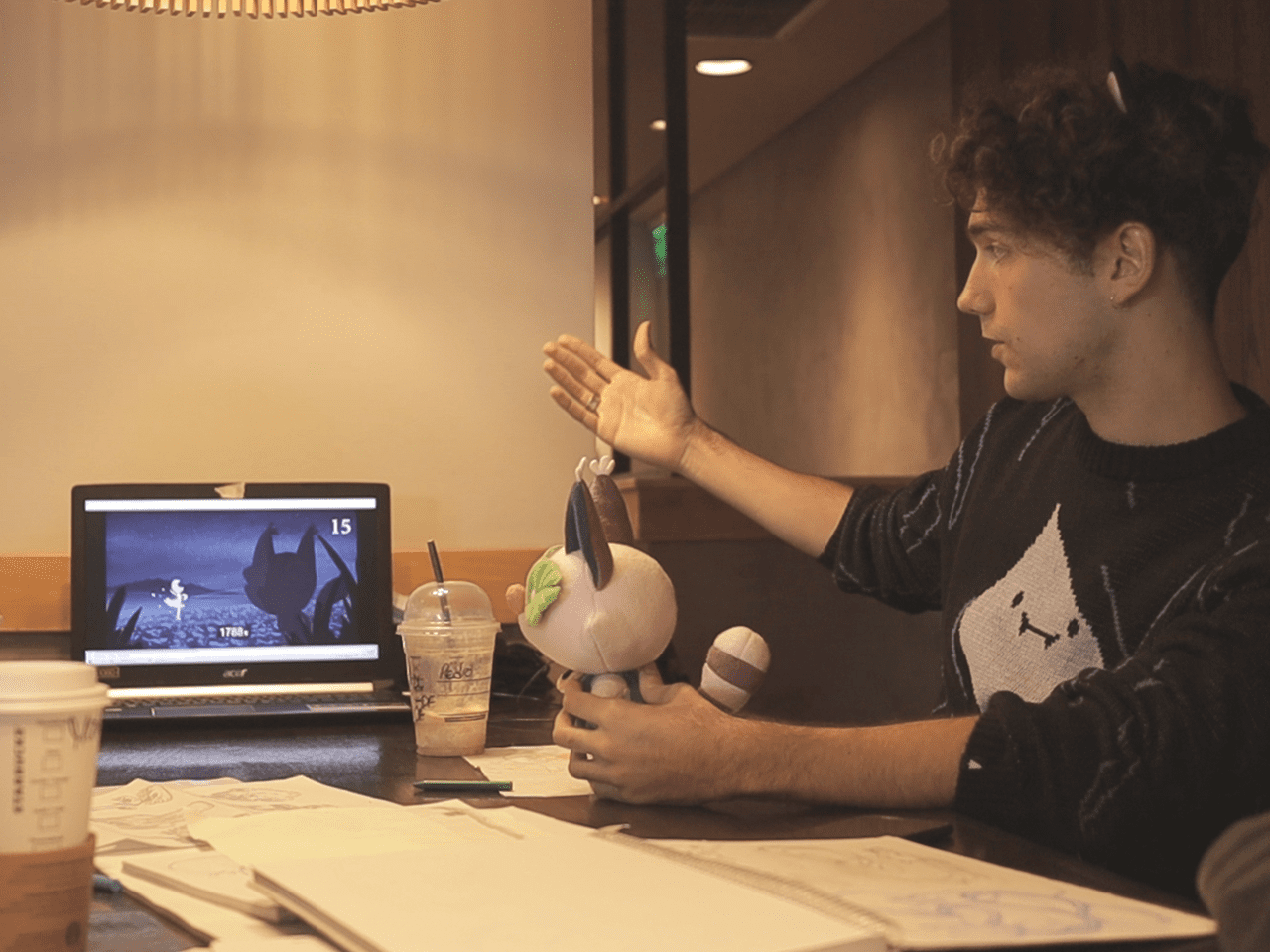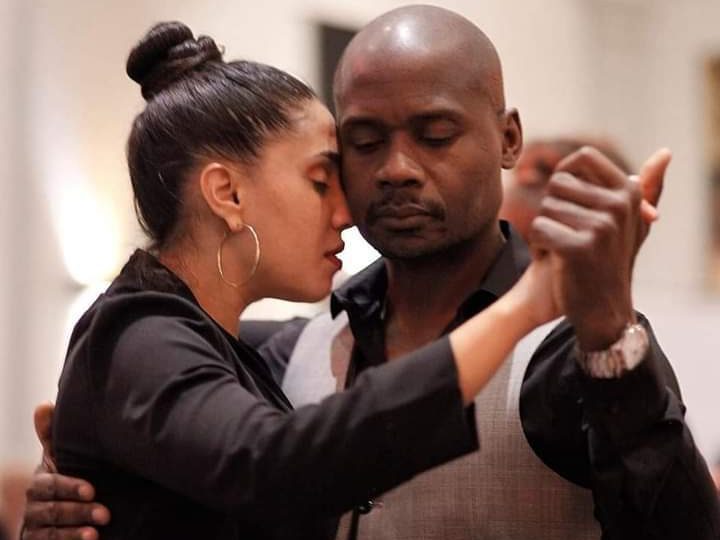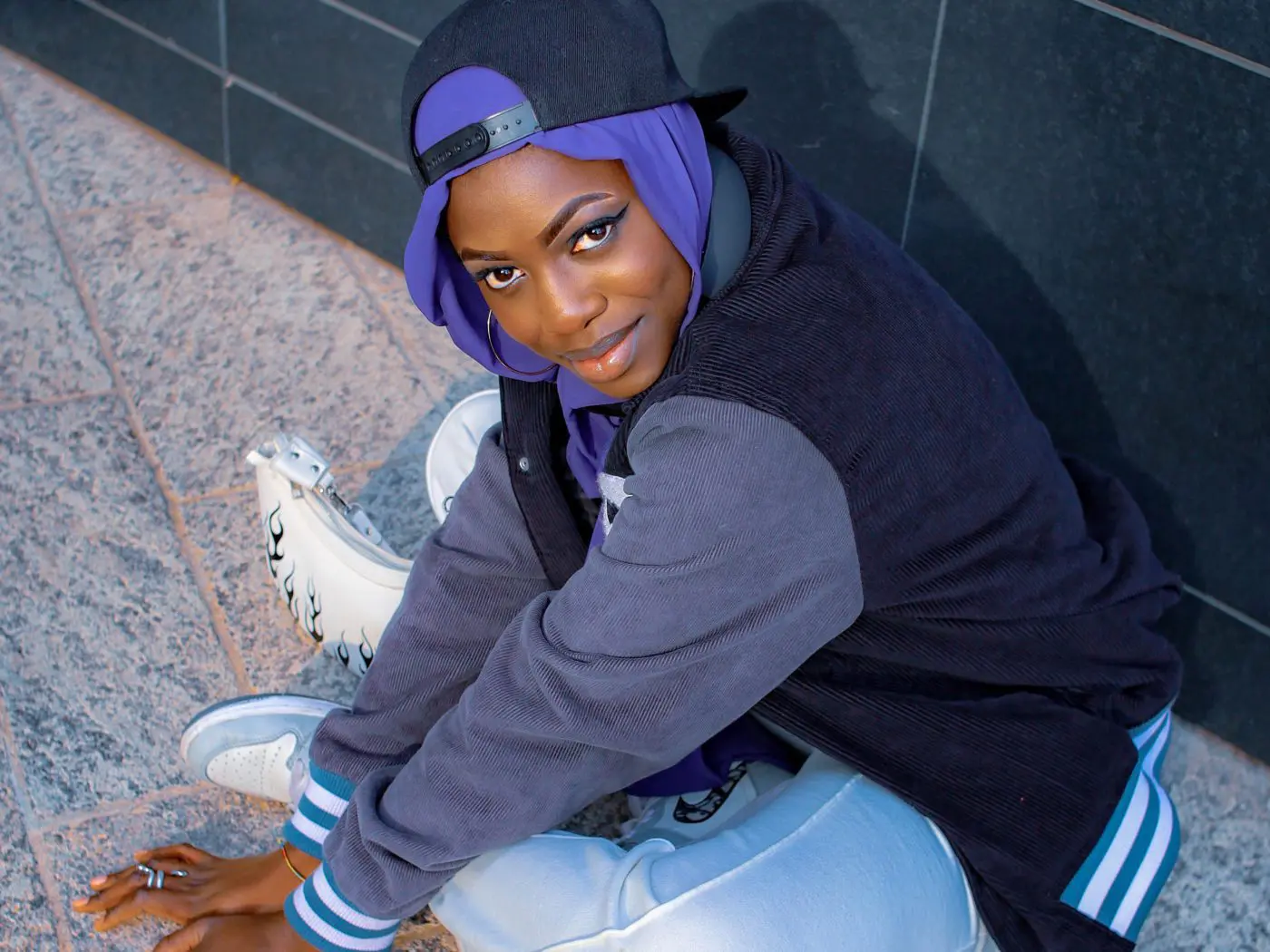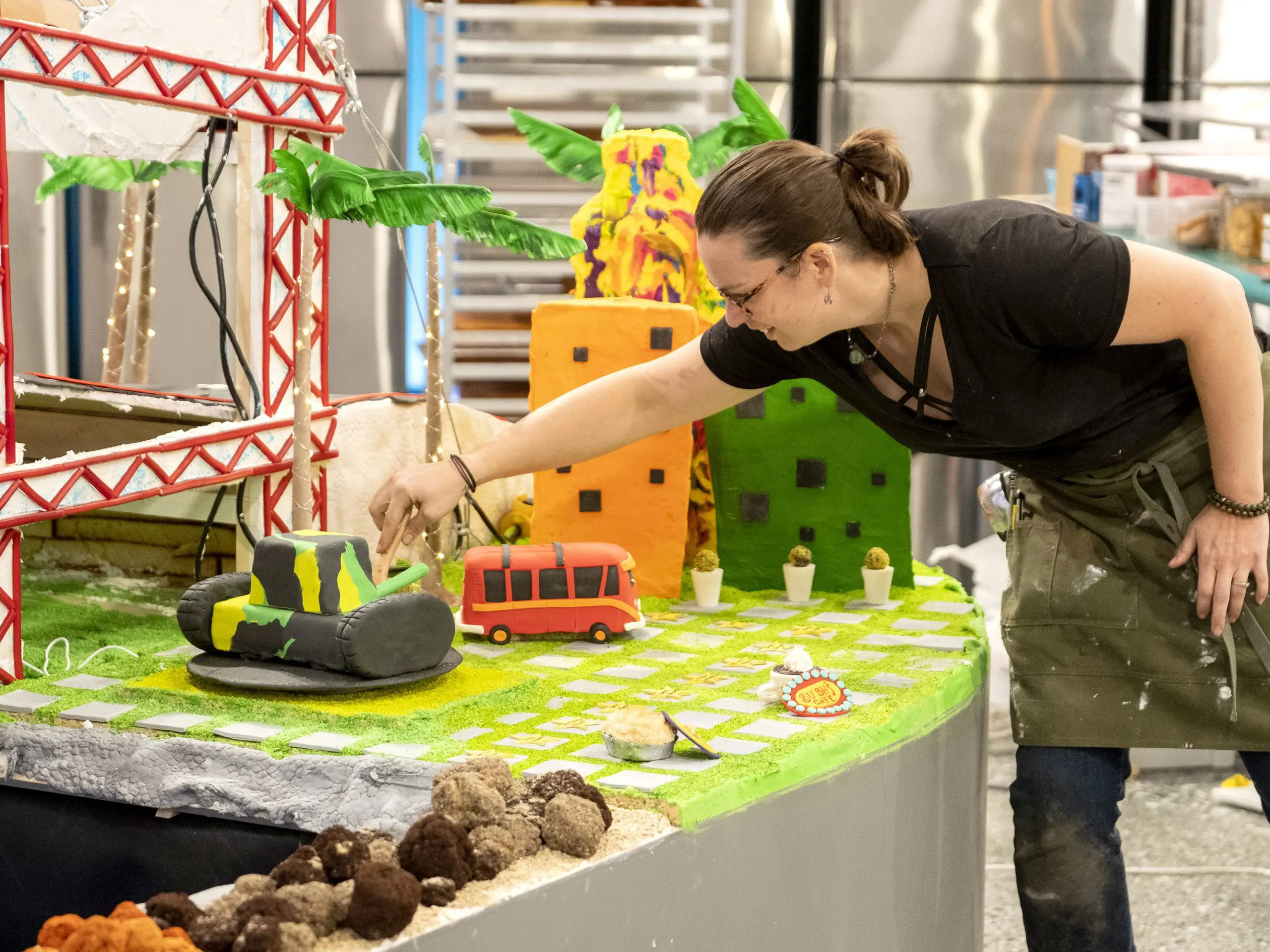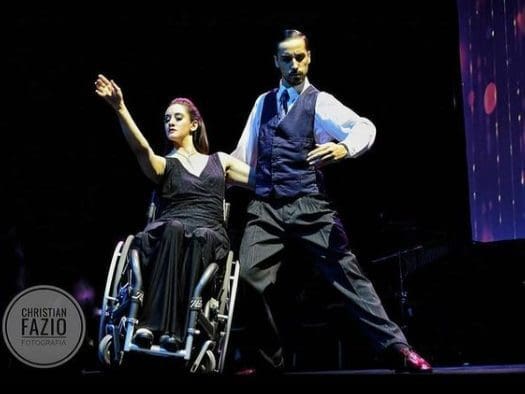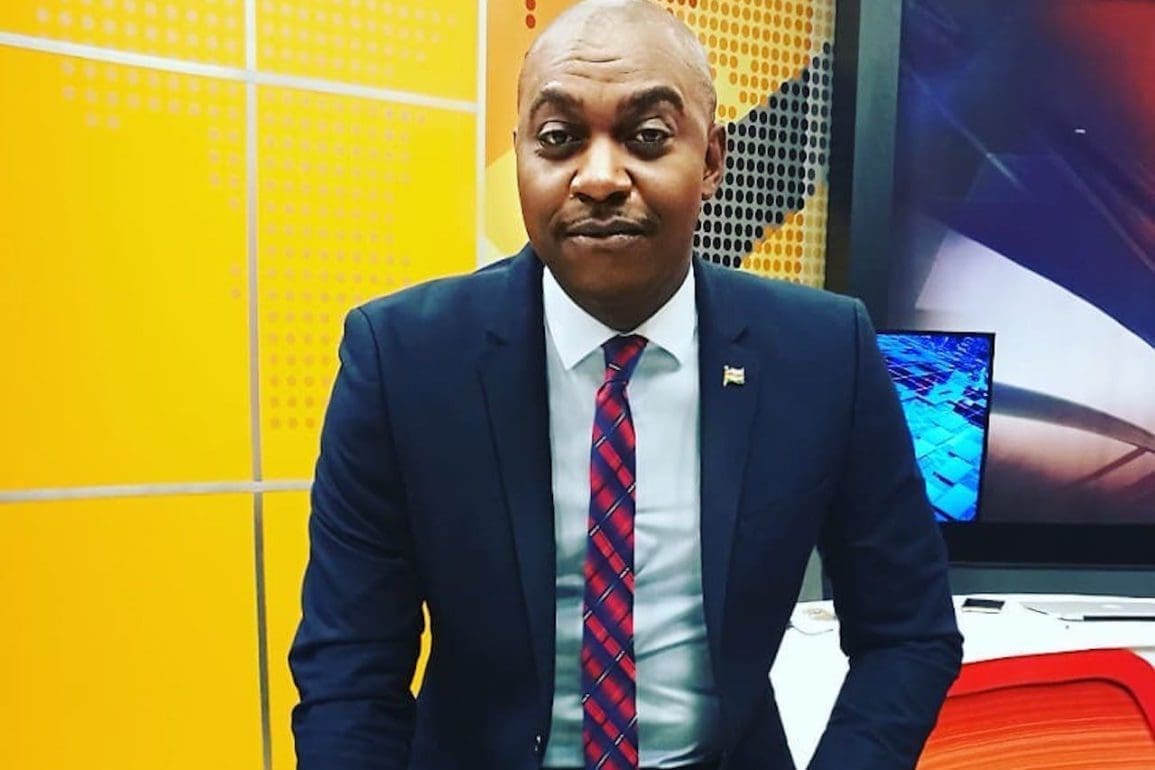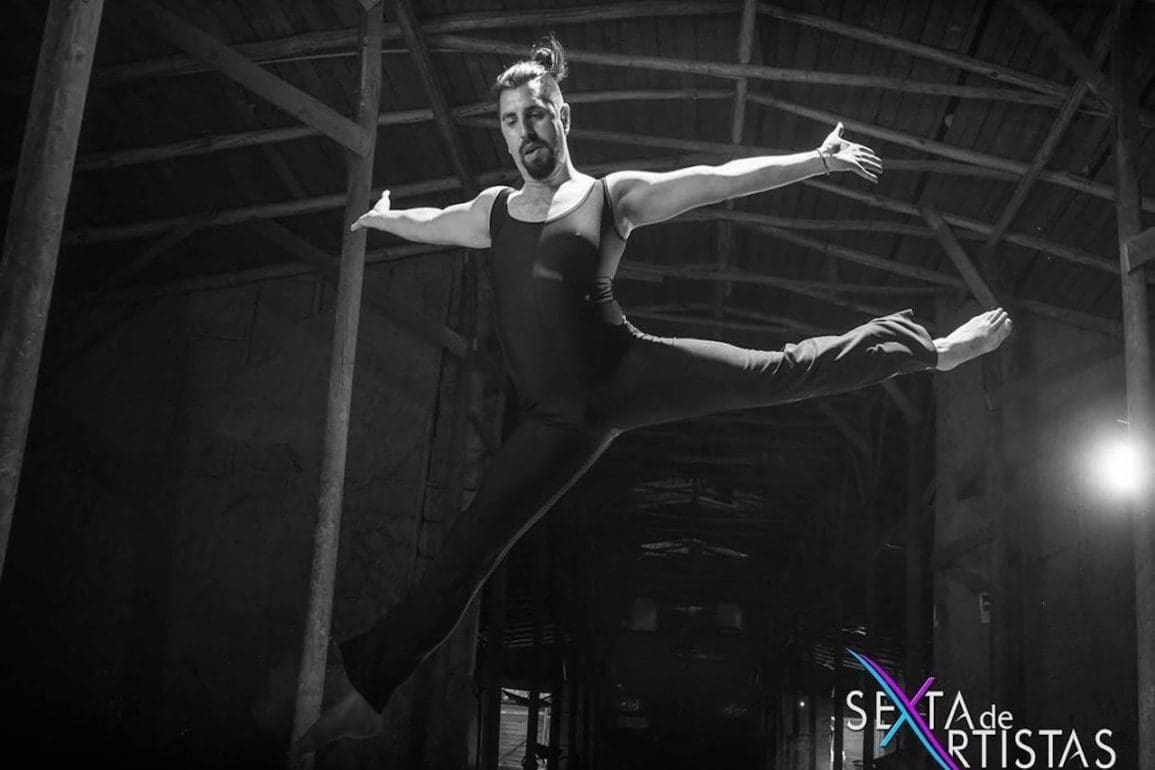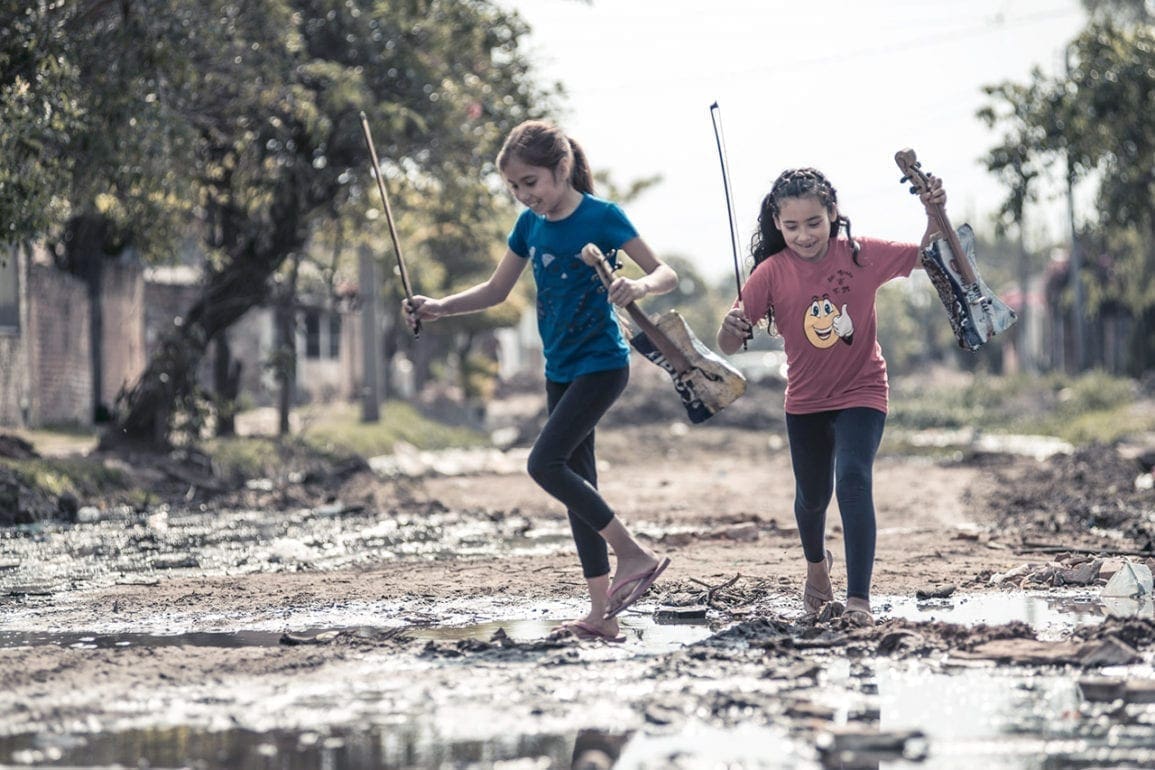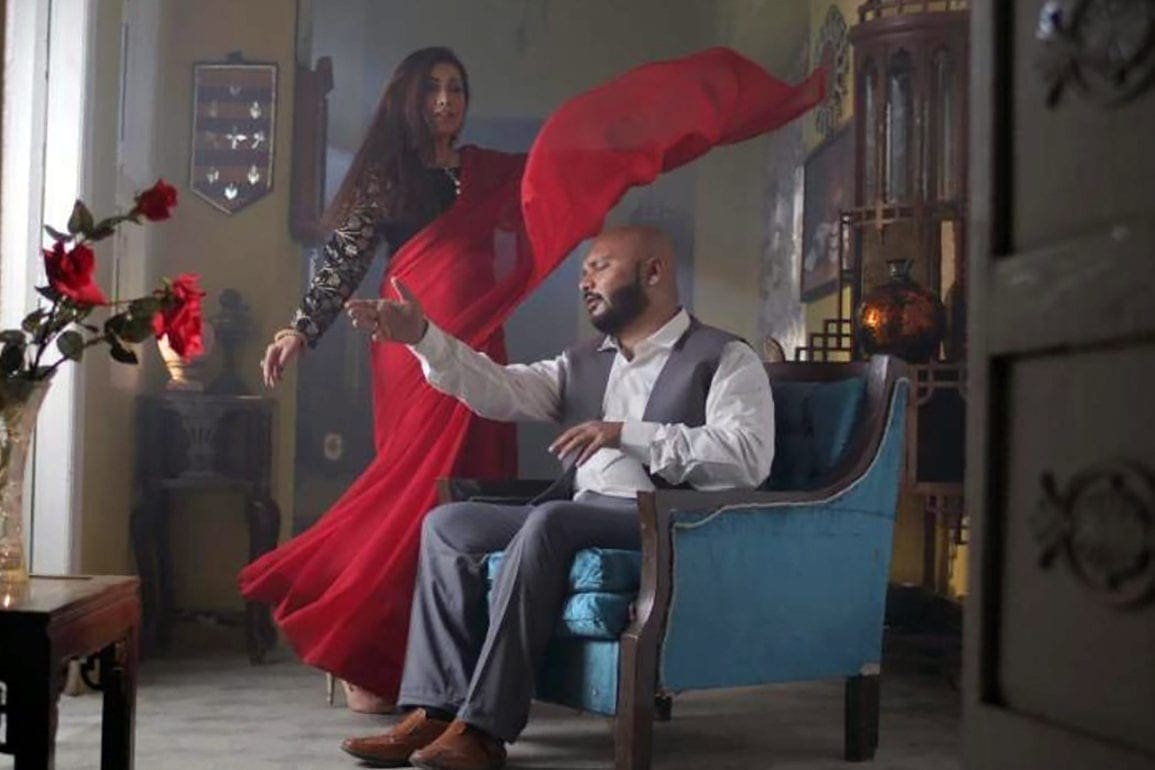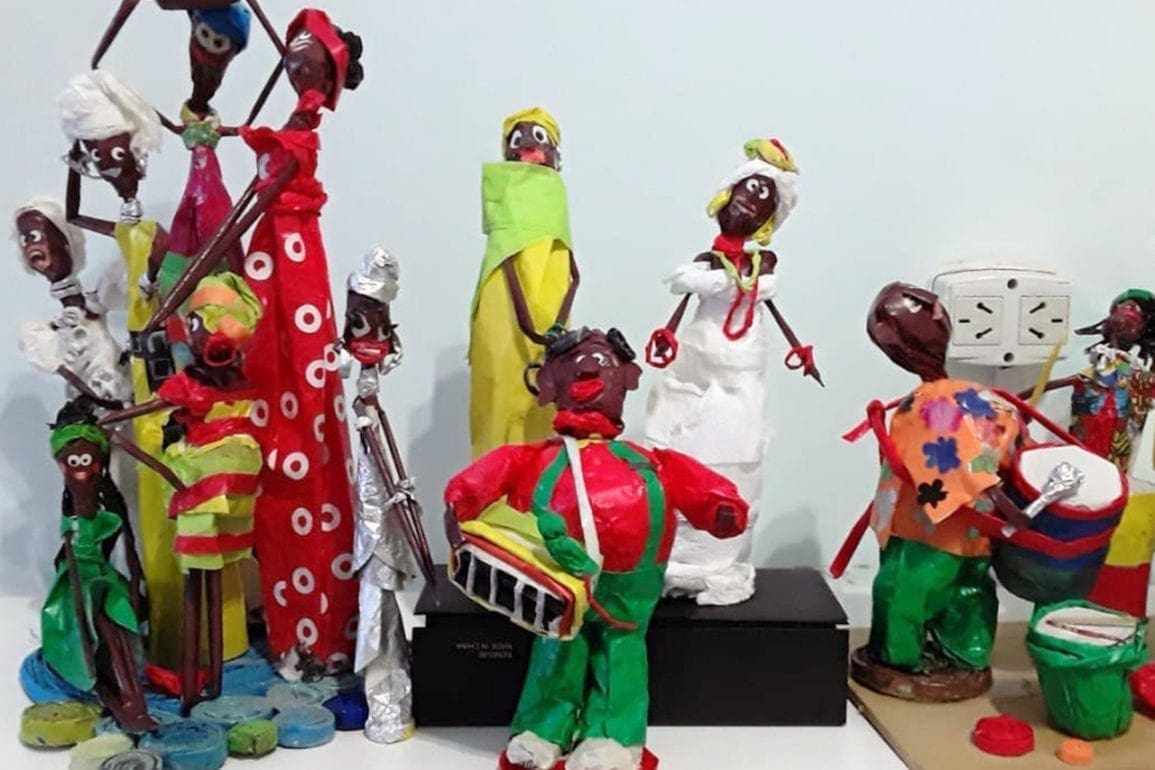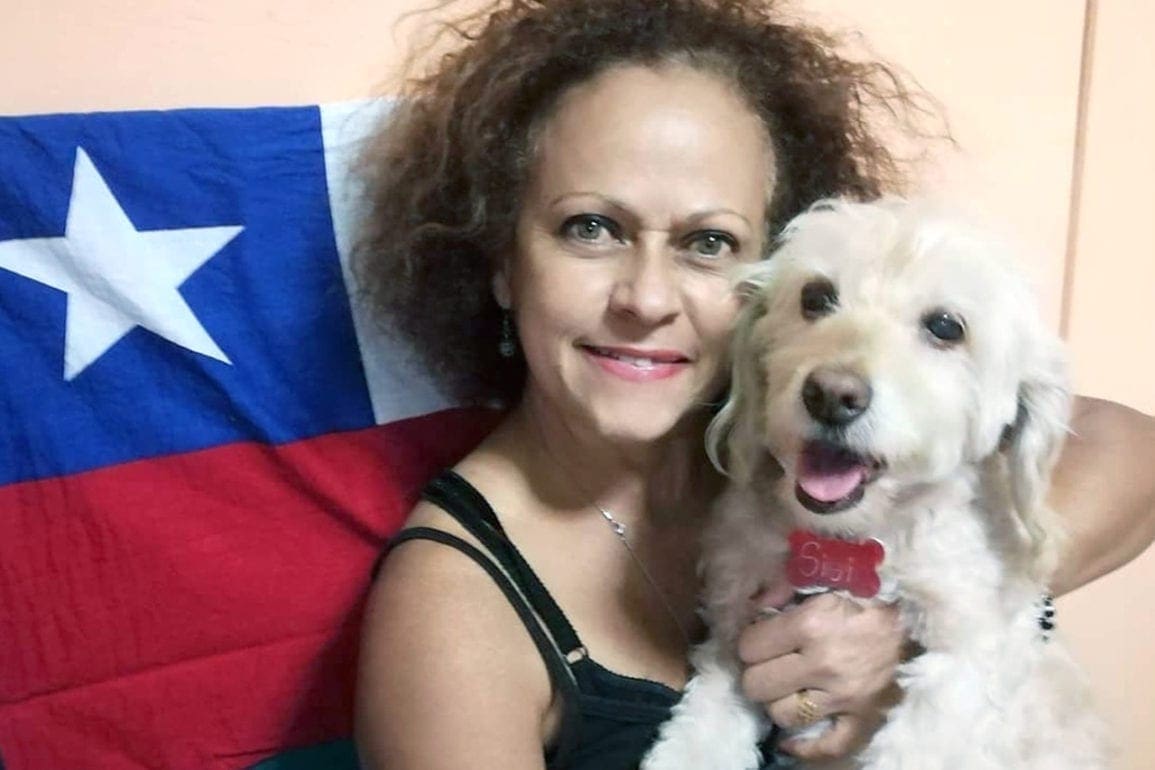Non-binary trans activist savagely beaten: “My scars map out a war I never enlisted in, but one I will no longer hide from.”
The attacker towered over me. He kicked me relentlessly while I tried to defend myself, begging him to stop. One last strike and he vanished, leaving me physically scarred.
- 2 years ago
November 13, 2023
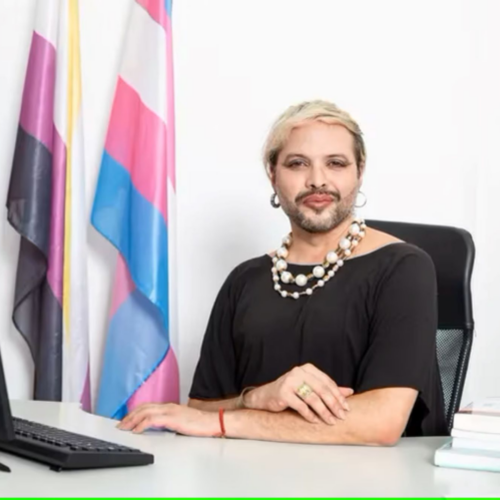
BUENOS AIRES, Argentina — Within a single week in early September, I endured two savage attacks. After being beaten by strangers, I lay helpless on the pavement, their homophobic slurs slicing through the air. The first assault shocked me, but the second attack proved far worse—a single punch sent me into darkness, and I awoke in a pool of blood. Bystanders merely watched, offering me no help. This must change.
I reclaimed my voice by taking to social media and narrating my trauma. I received both a stream of support and backlash. With hate crimes escalating, it is imperative we speak out. Our voices must rise in unison to stop this violence.
Read more sex & gender stories at Orato World Media
Two physical attacks left my body broken and mind consumed by grief
One night, as I walked through the Caballito neighborhood in Buenos Aires, a group of men began taunting me. I was leaving a meeting, and their insults left me feeling desperate. I needed to flee. Despite speeding up my pace, the men caught with me in seconds—hands shoving and feet kicking.
This was the first attack I endured, and their violence left me reeling; I became sick to my stomach. Lying on the sidewalk after the assault, I watched people pass by. Their gazes remained indifferent. I finally stood up, brushed away the tears, tried to clean my clothing, and caught a taxi home.
The experience of that night plunged me into deep anguish. I felt helpless, frustrated, and exposed. It was like a mirror of past cruelties I endured in the schoolyard as a young person. I just began healing from the first assault when tragedy struck again.
A few days later, I walked through the quiet streets of the Tribunales neighborhood when a sudden shout shattered the silence. I felt frozen by panic. My pulse hammered inside my body. Before I could react, blows rained down on me, sending me sprawling to the pavement, covered in blood. The attacker towered over me. He kicked me relentlessly while I tried to defend myself, begging him to stop. One last strike and he vanished, leaving me physically scarred.
Bystanders witnessed the attack but watched passively. Again, their eyes met mine, but they offered no help. Their inaction amplified my agony. With great effort, I crawled to safety, shaking, and stumbling until I could run. By the time I reached my house, tears streamed down my face and I was engulfed by grief.
Social media became my platform to fight against hate
Once I was alone, I replayed the haunting attack in my mind. I wanted to understand, but the answers alluded me. After the shock wore off, I turned to social media to tell my story. I posted photos of my injuries, and believed sharing my trauma would help me heal.
Holding my phone with a firm grip, I photographed my face, documenting the aftermath of the attack. Despite my shanking hands, I kept taking pictures – each one a testament to the horror I endured. I posted my story online, and it spread swiftly.
Comments flooded in like, “This can’t be real,” and “Hasn’t Argentina progressed beyond this?” Others seized the opportunity to promote hate, flinging threats at me. Yet, the vast majority rallied around me sending messages that brimmed with empathy. The support I received from individuals and organizations touched my heart.
“Love triumphs over violence,” they said. “We stand by you!” This groundswell of solidarity and affection bolstered my spirit, and their words became my shield. As I wiped away my tears, I began to understand the power of my story. My scars map out a war I never enlisted in, but one I will no longer hide from. These are the marks of survival, and I will wear them with defiance.
I pledge to stride through the world with my head held high, no matter what threats I face. Love empowers me and hate will not dim my light. I am on a courageous journey. Today marks a step forward as I begin to use my voice in the face of violence to fight for a kinder world. My mission is clear—forge ahead and champion change.

